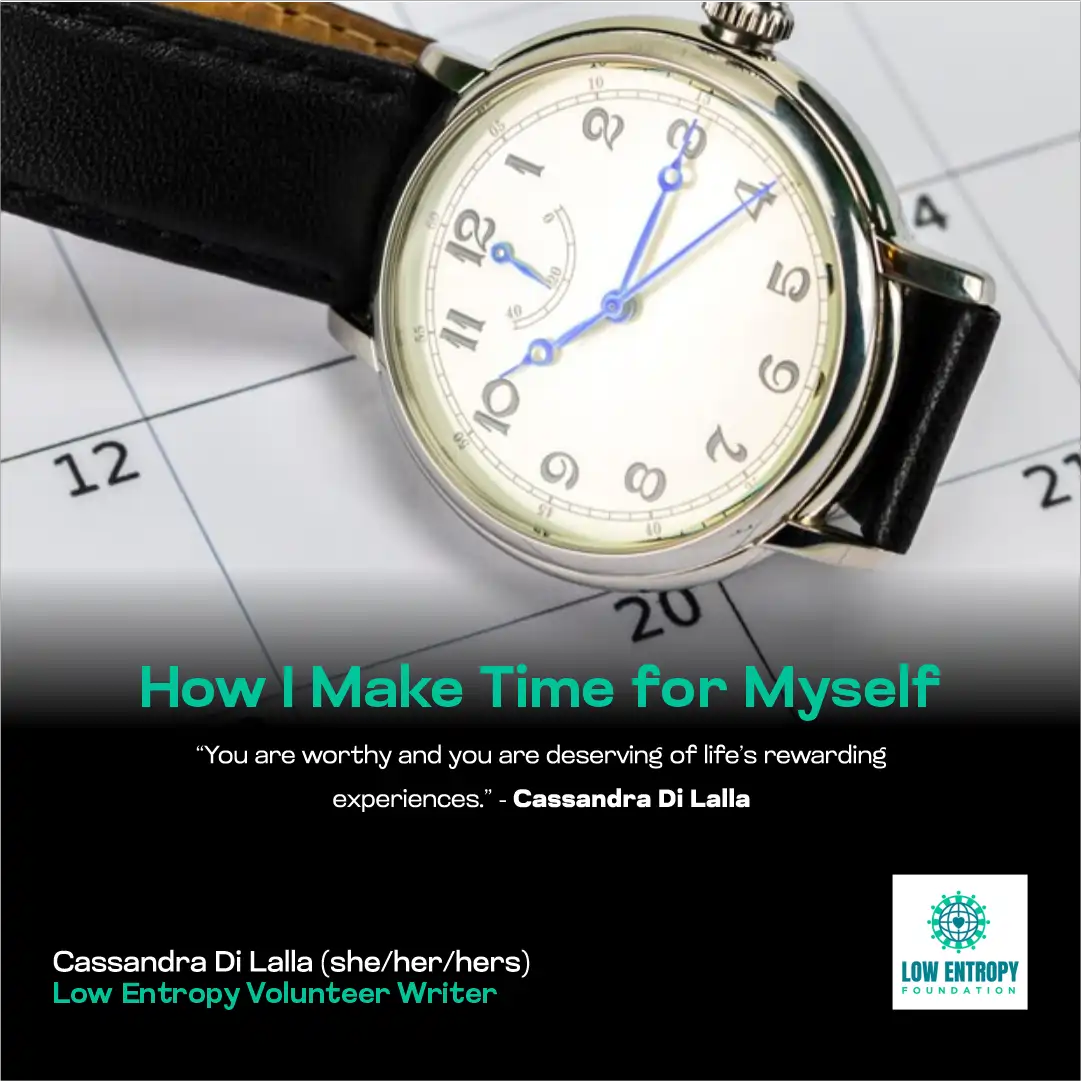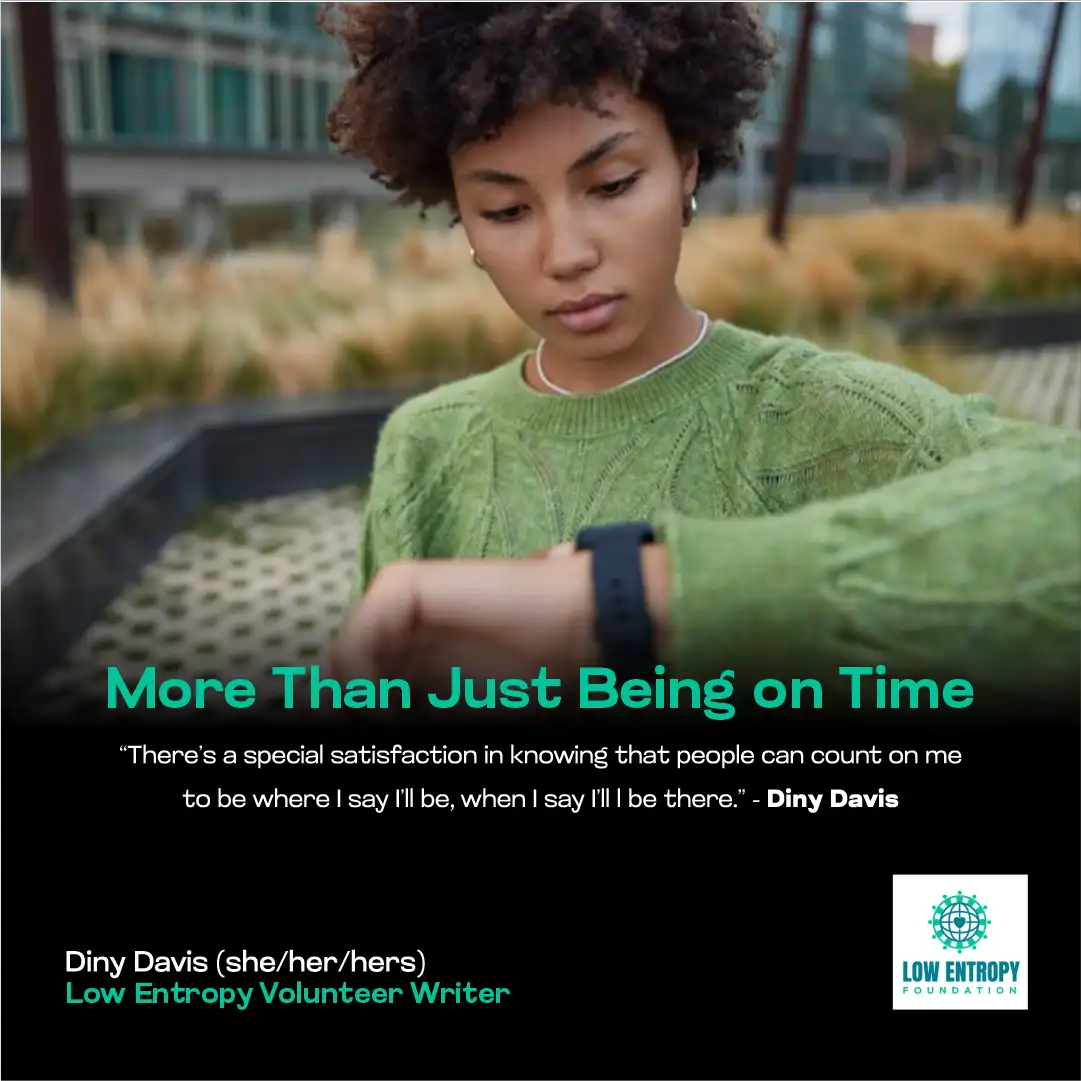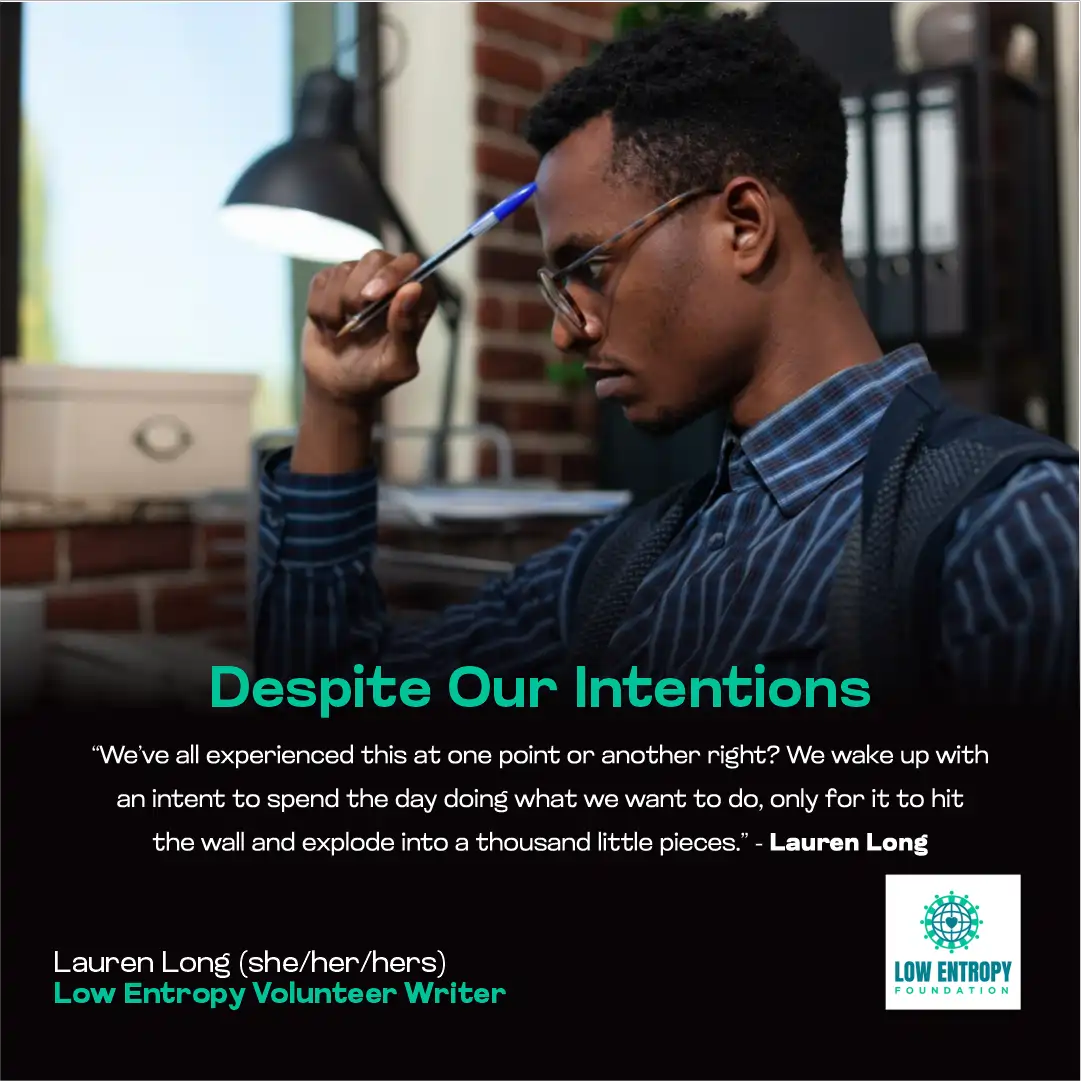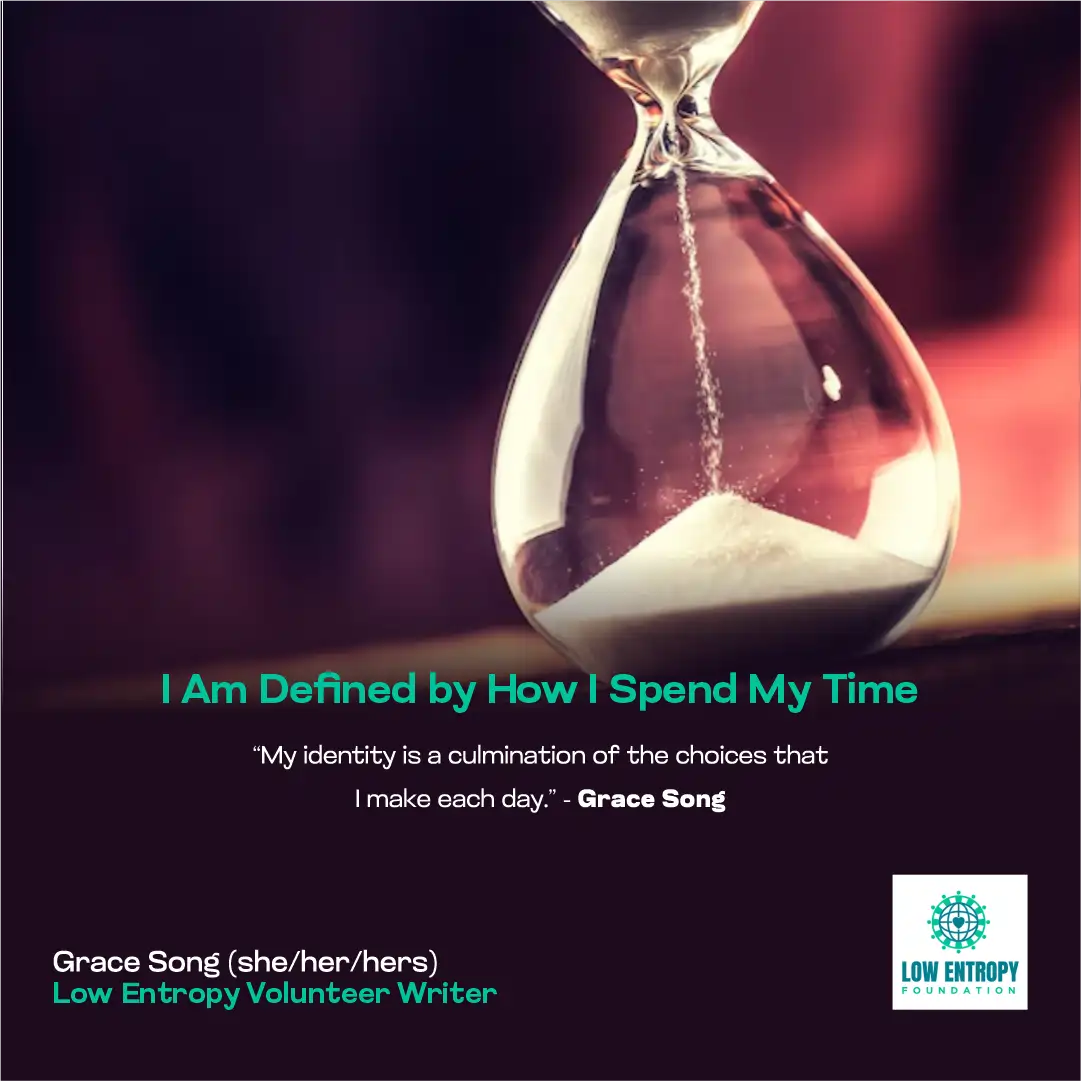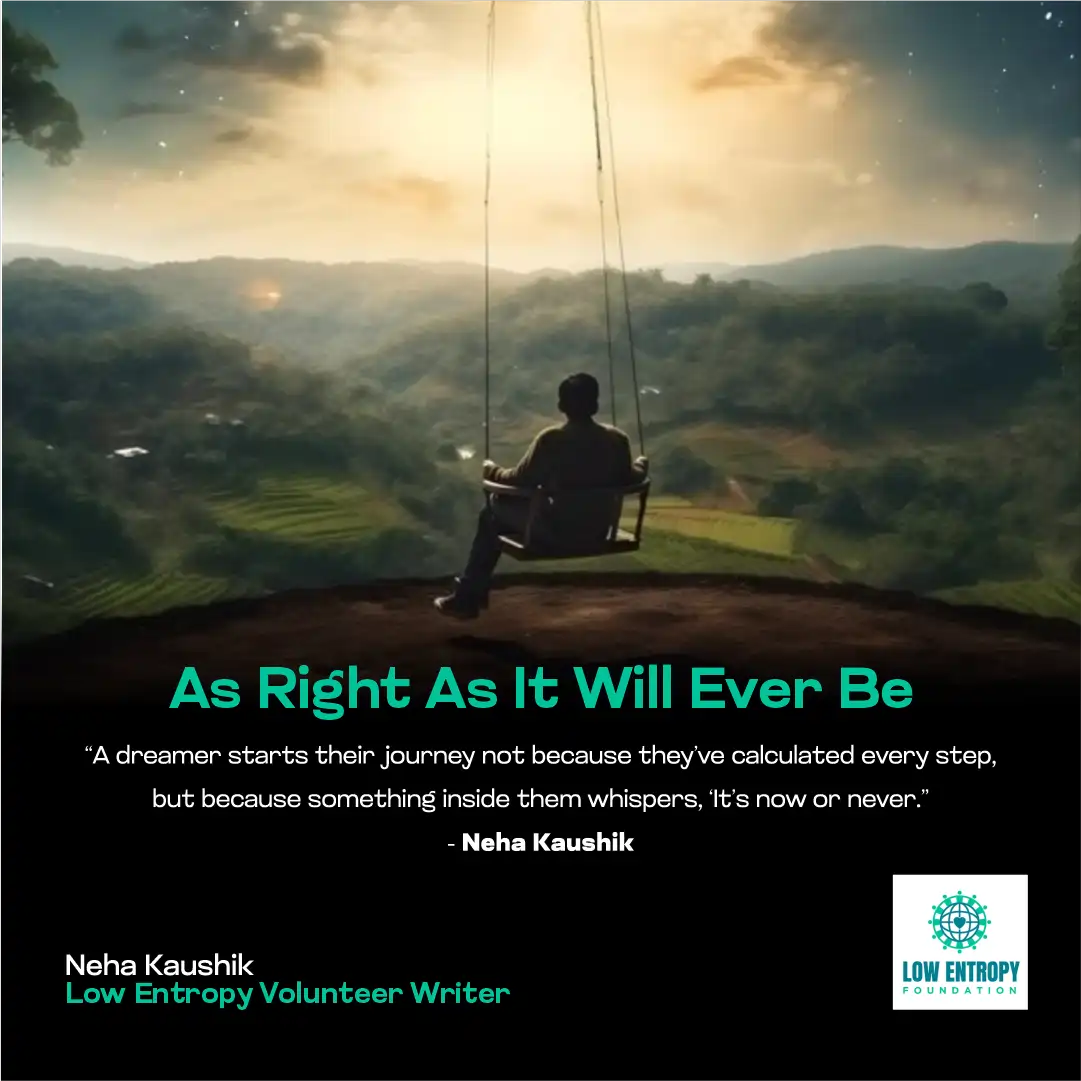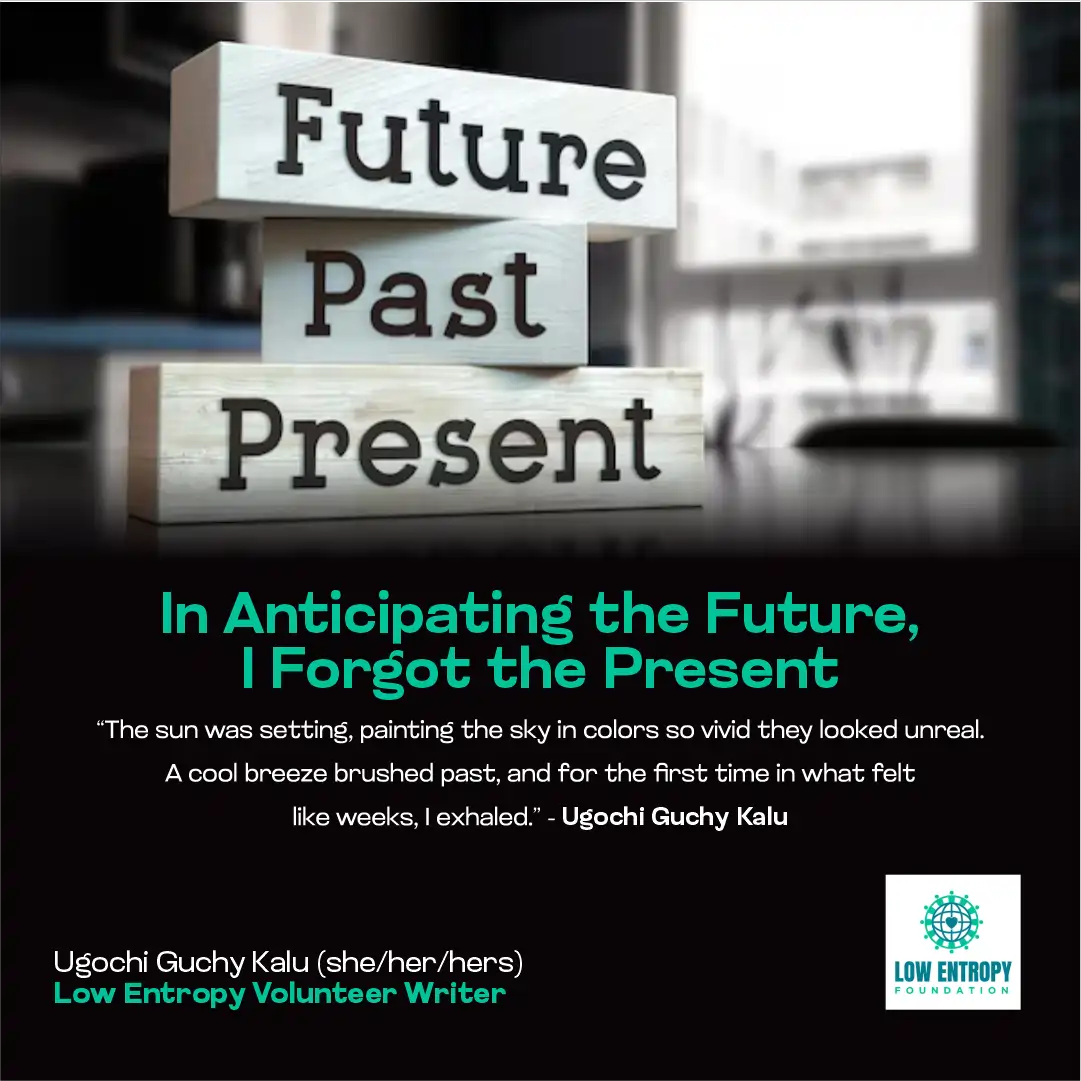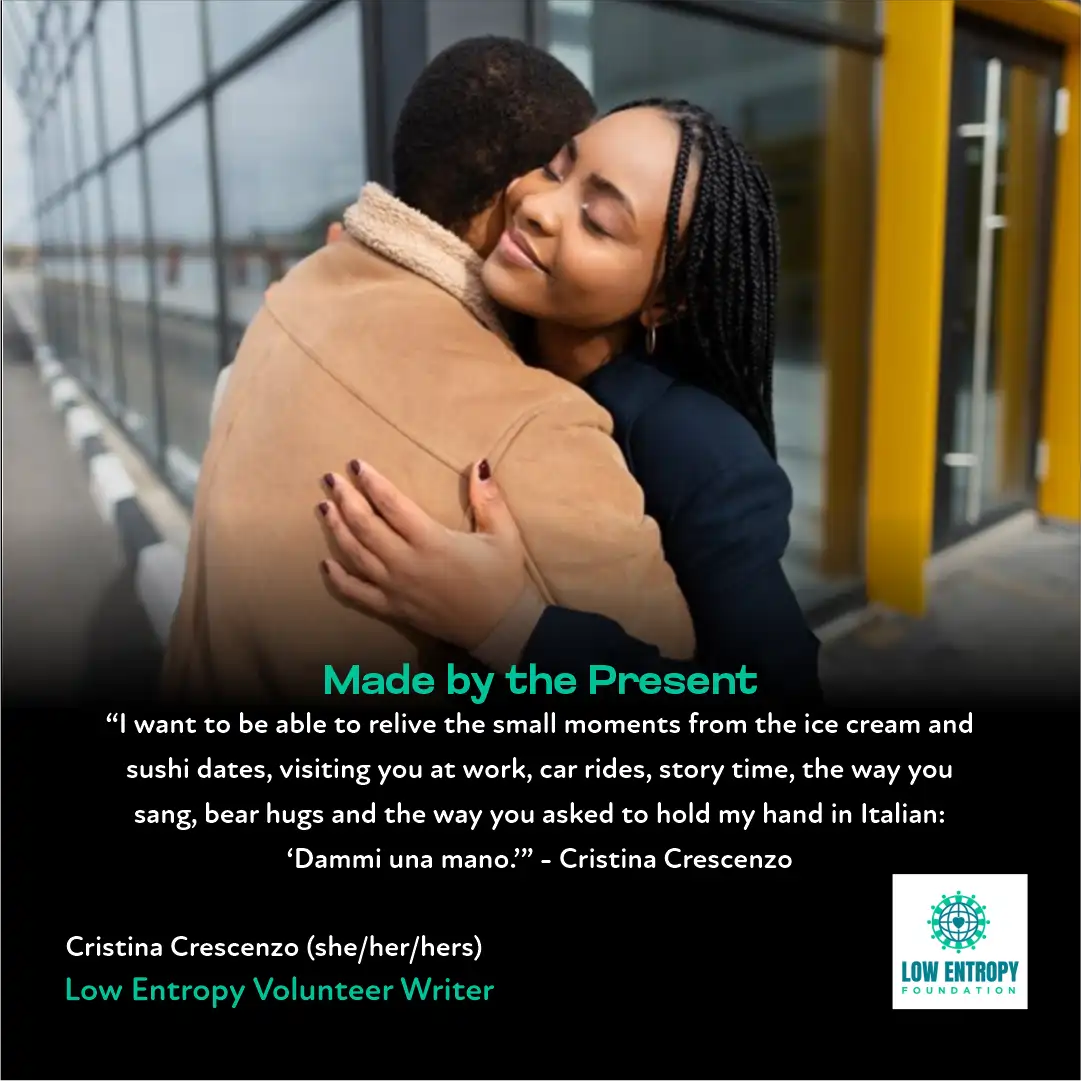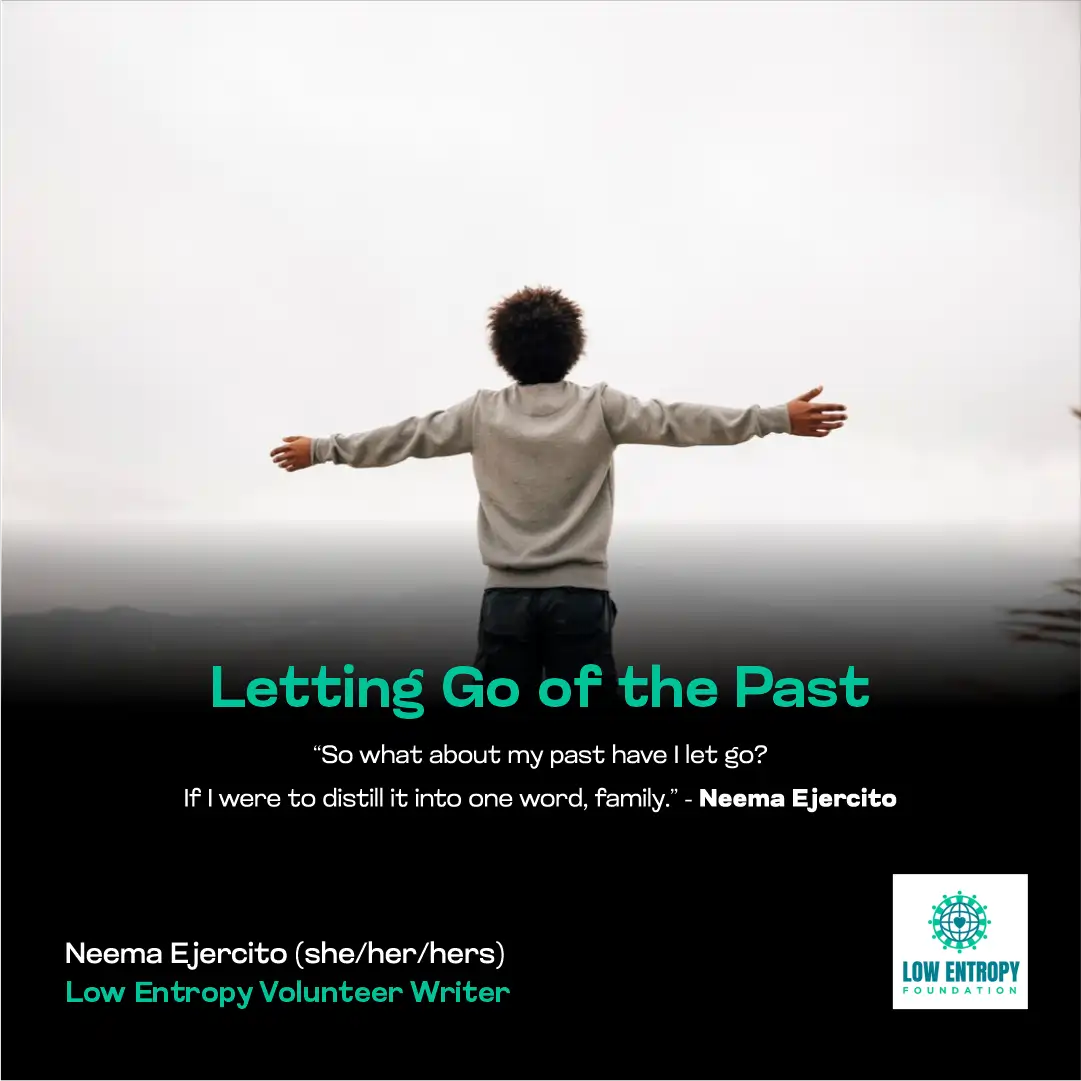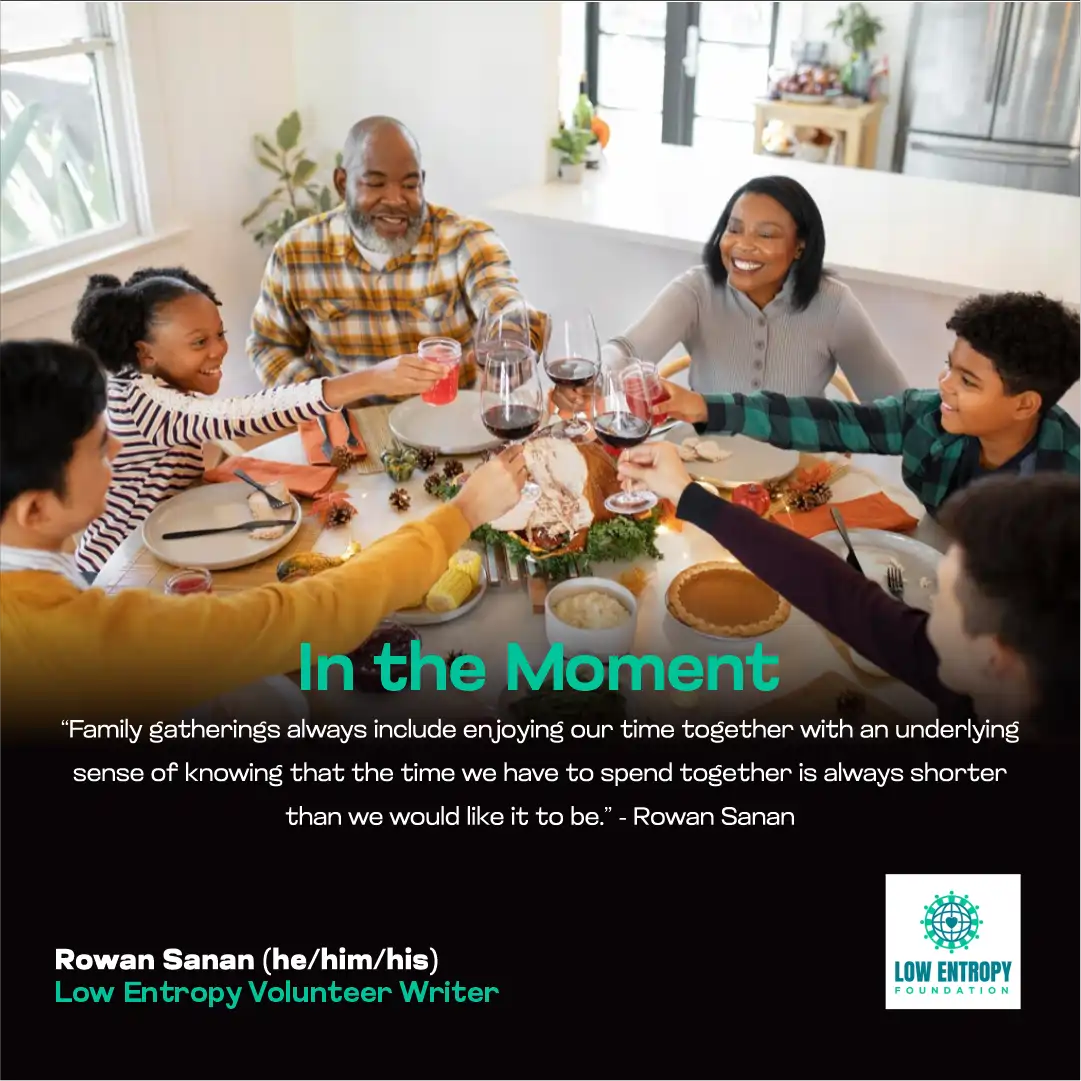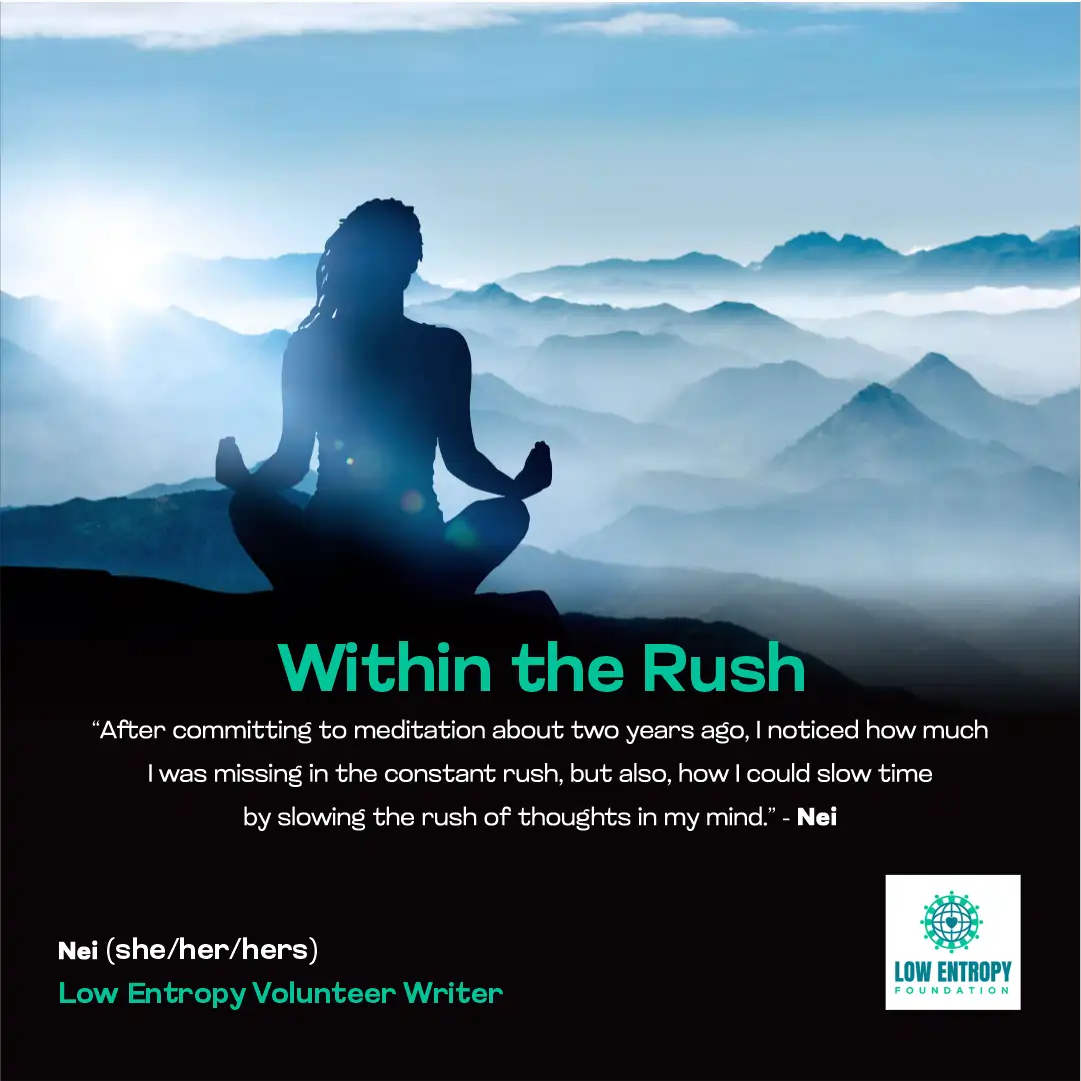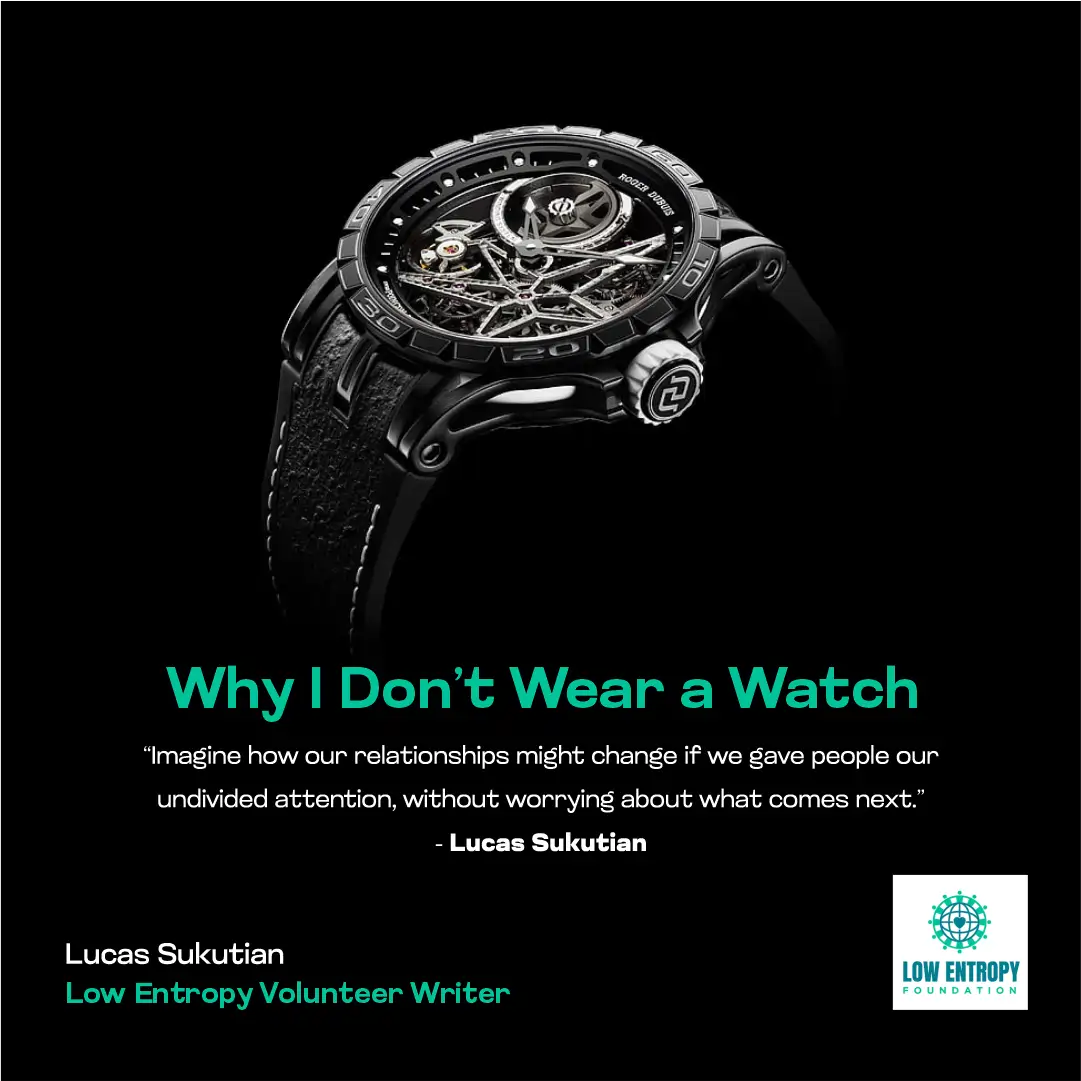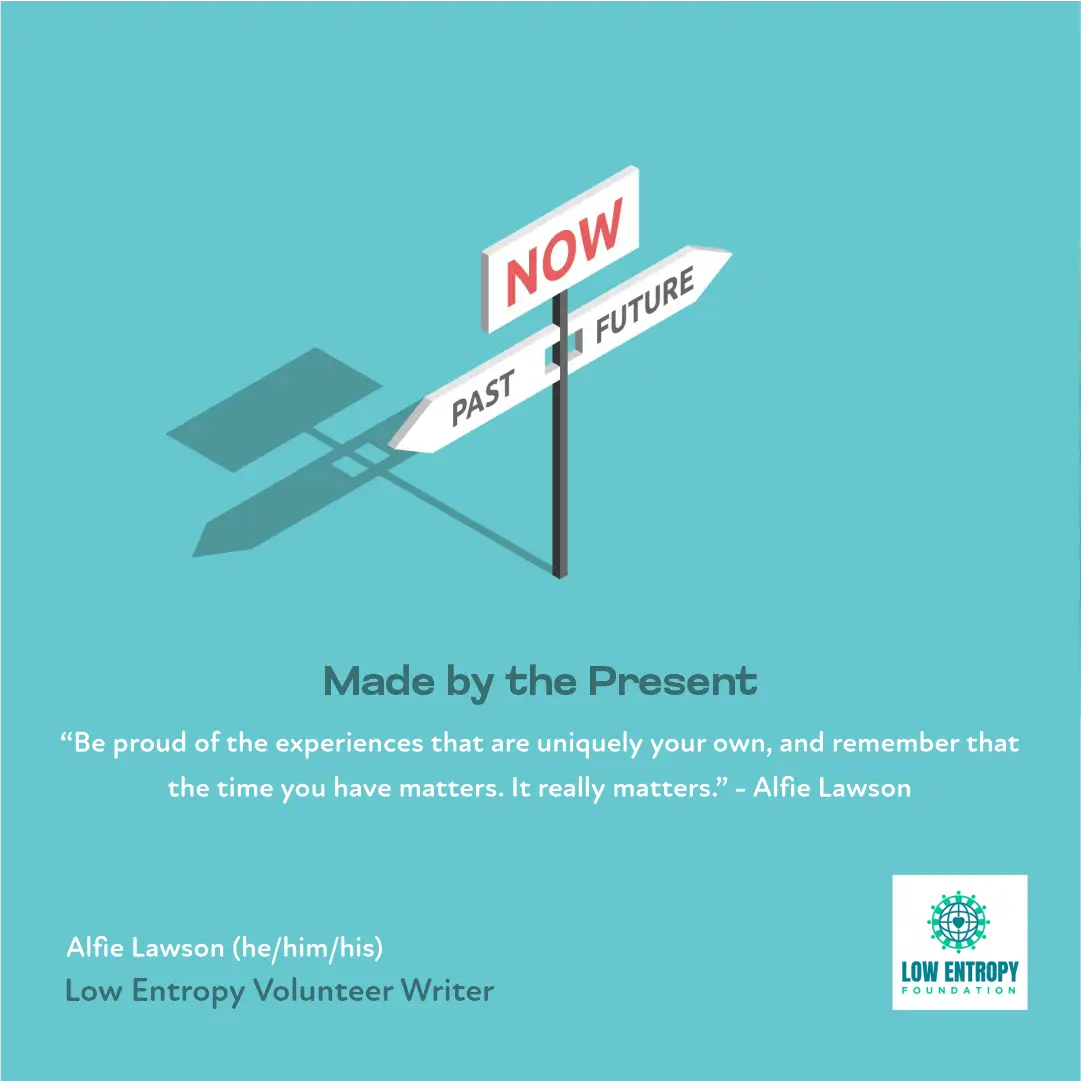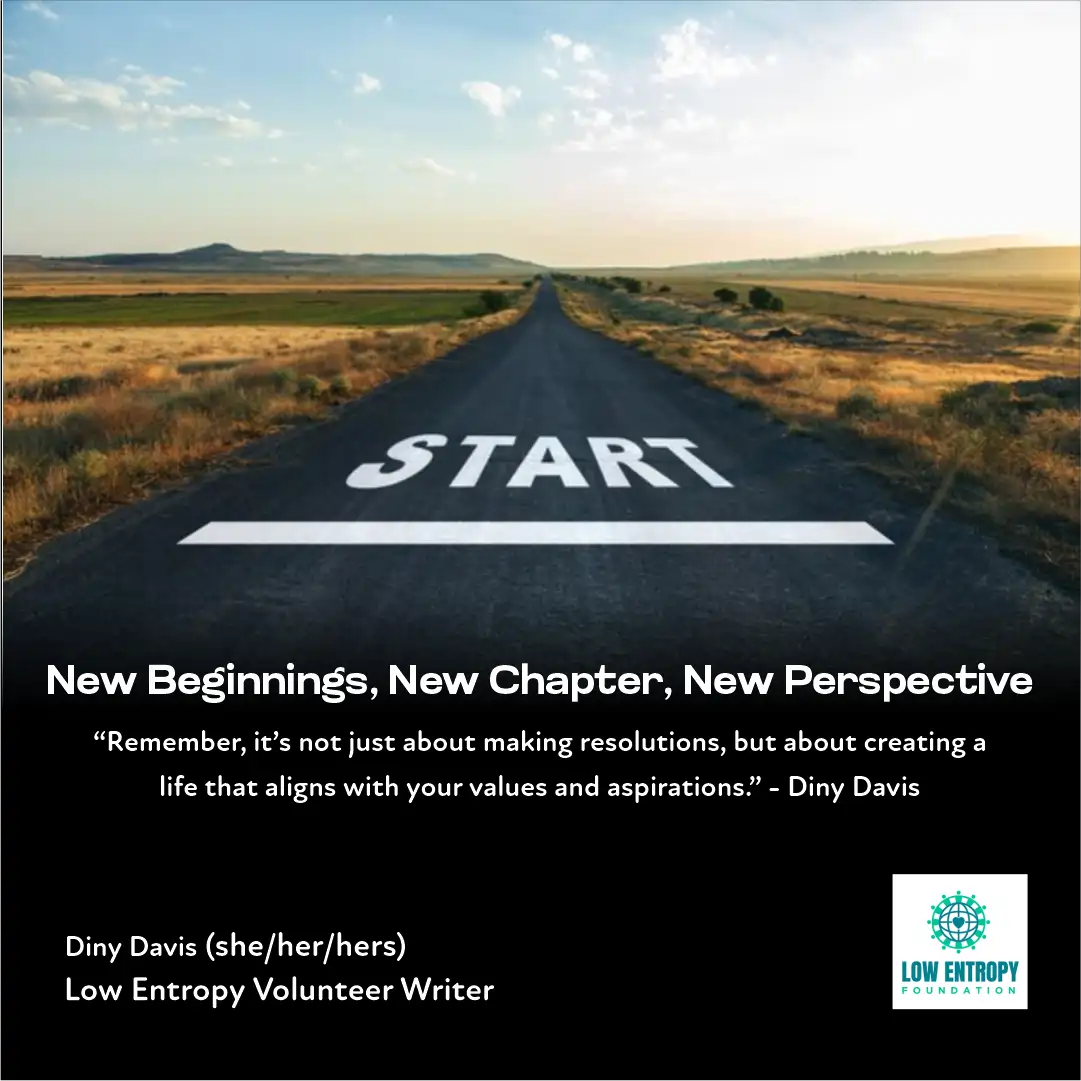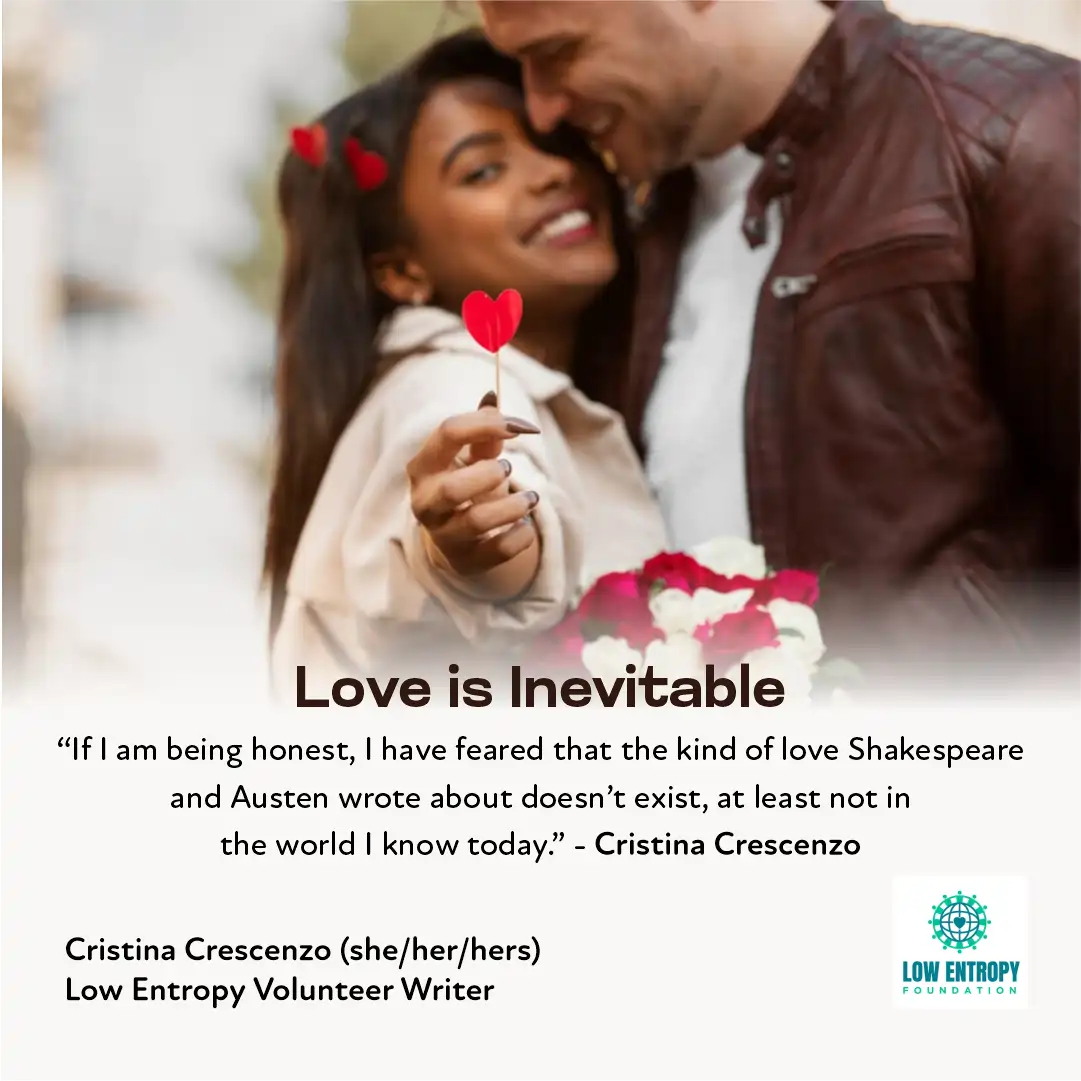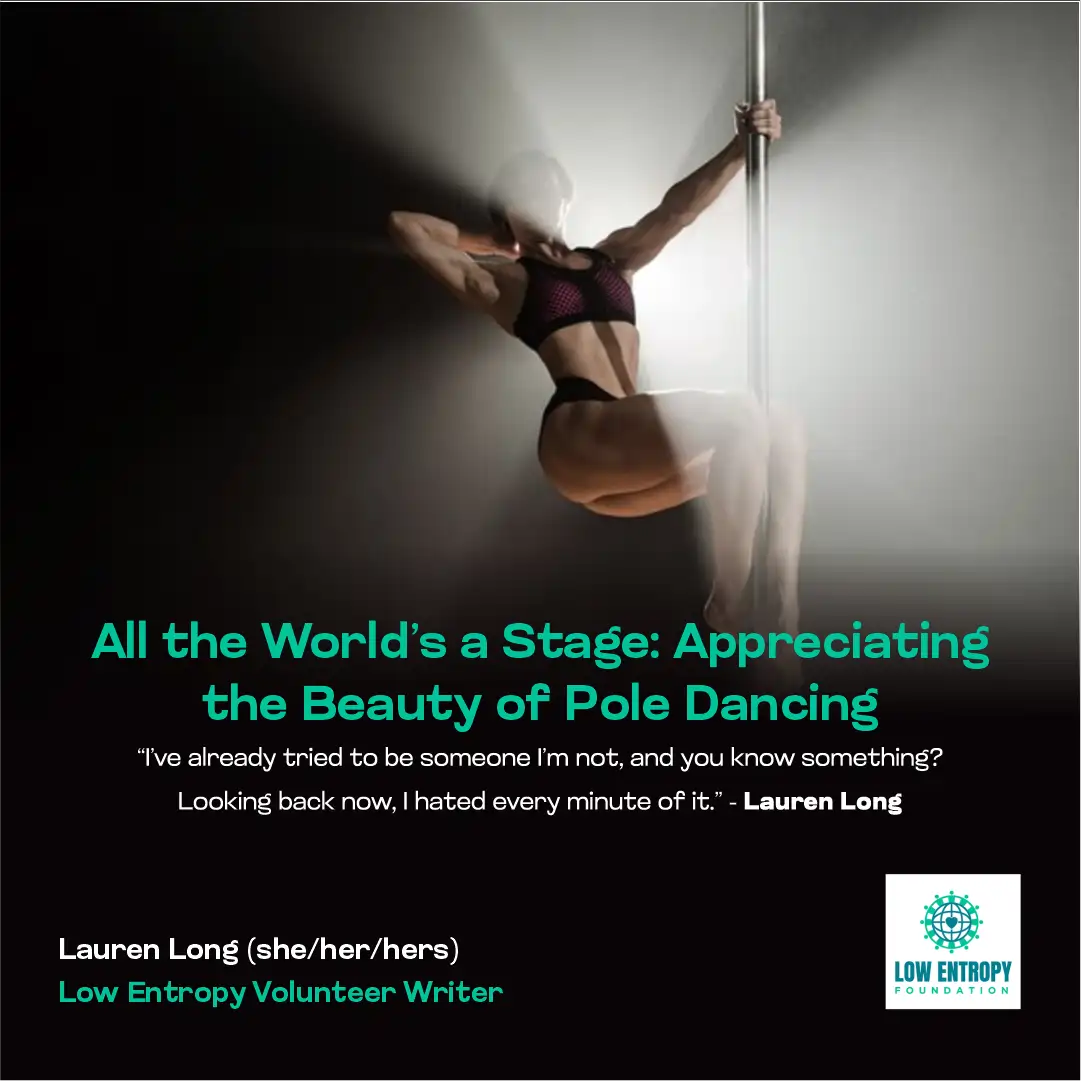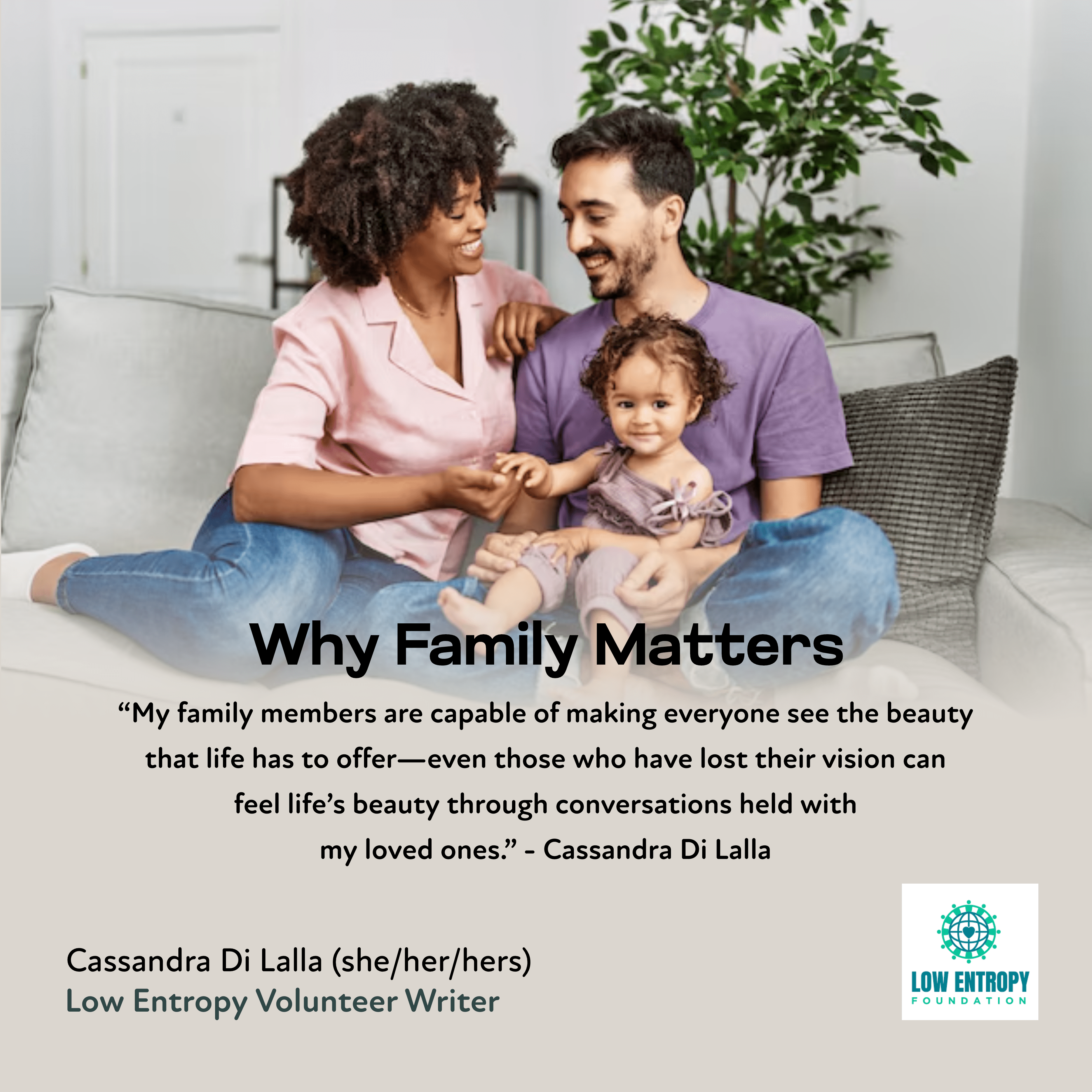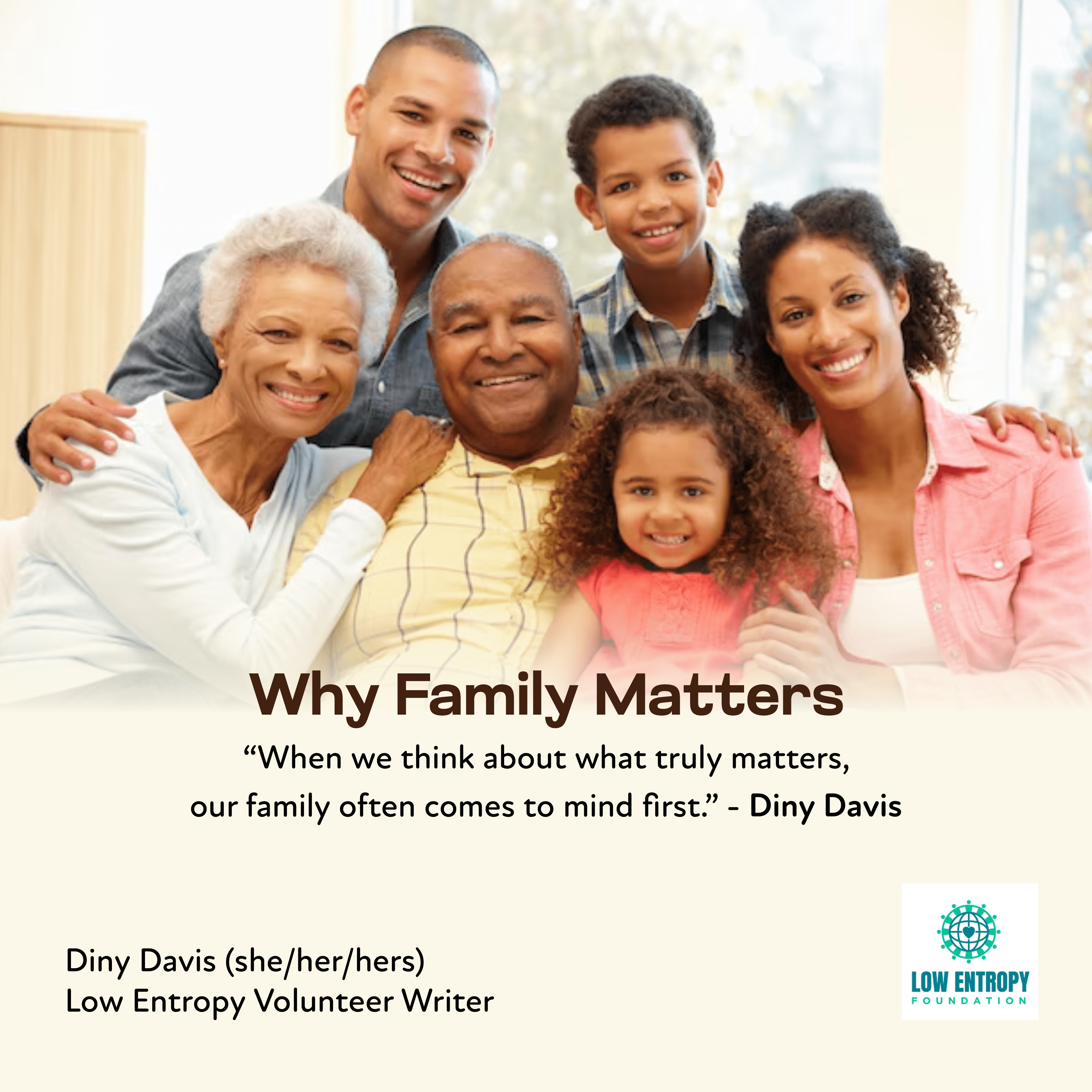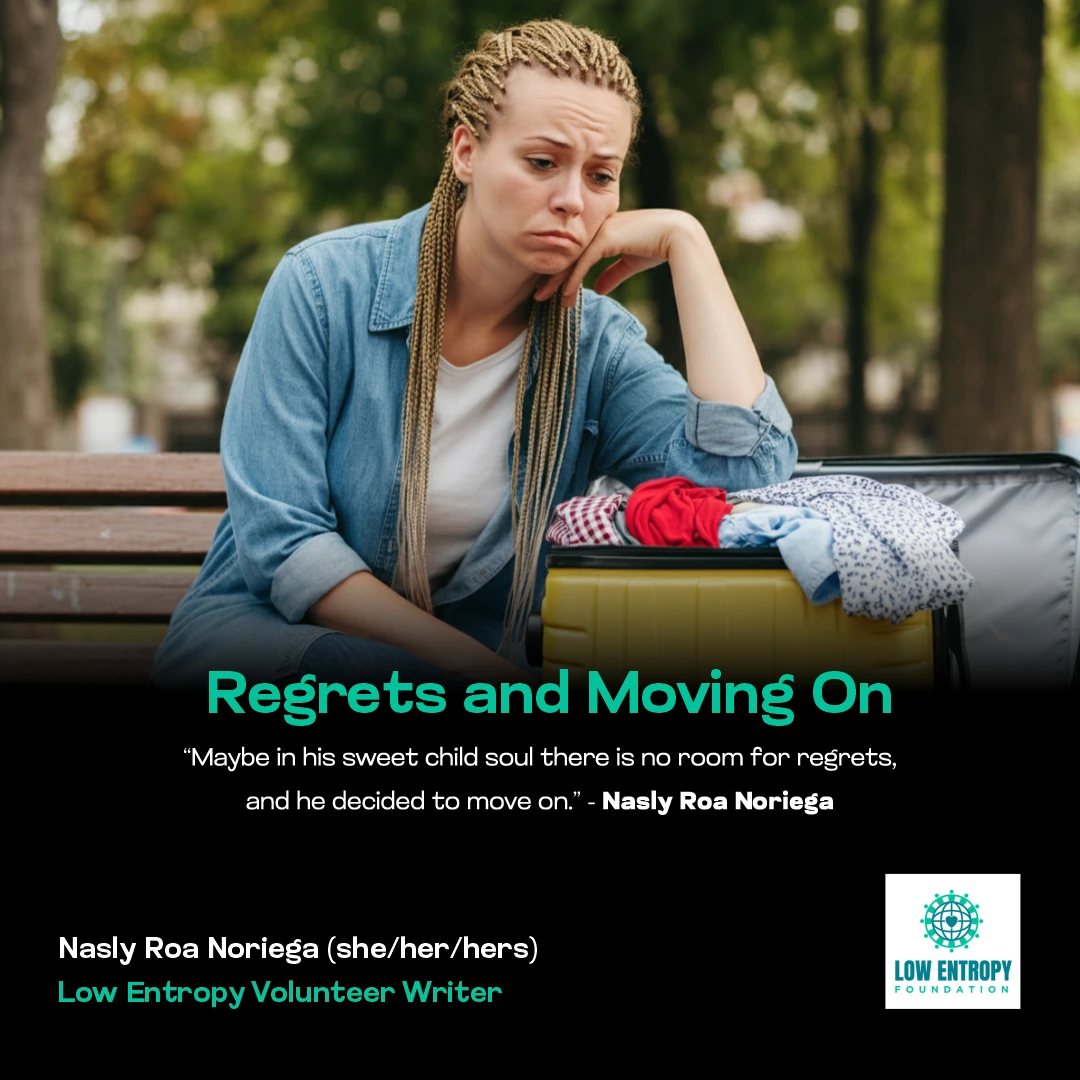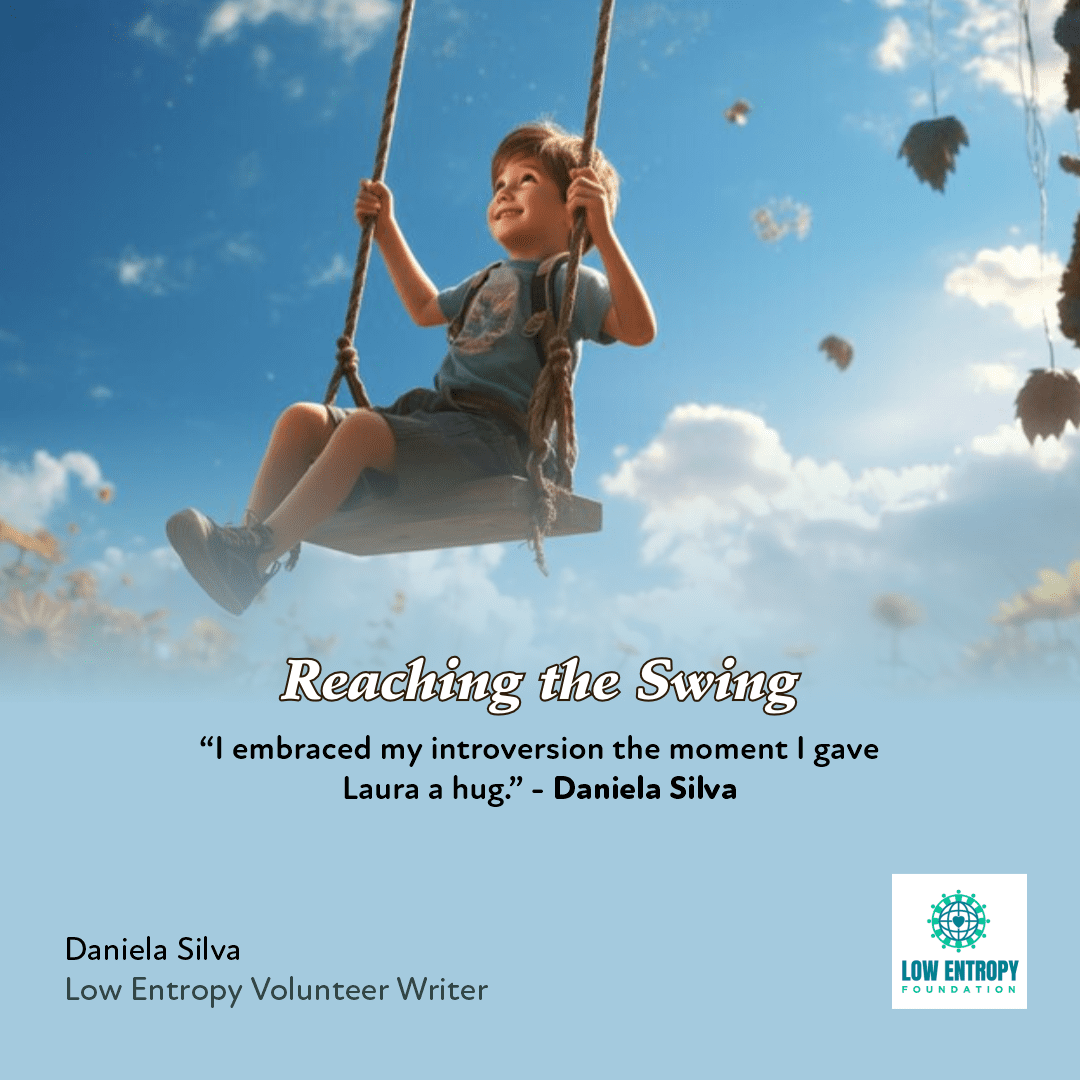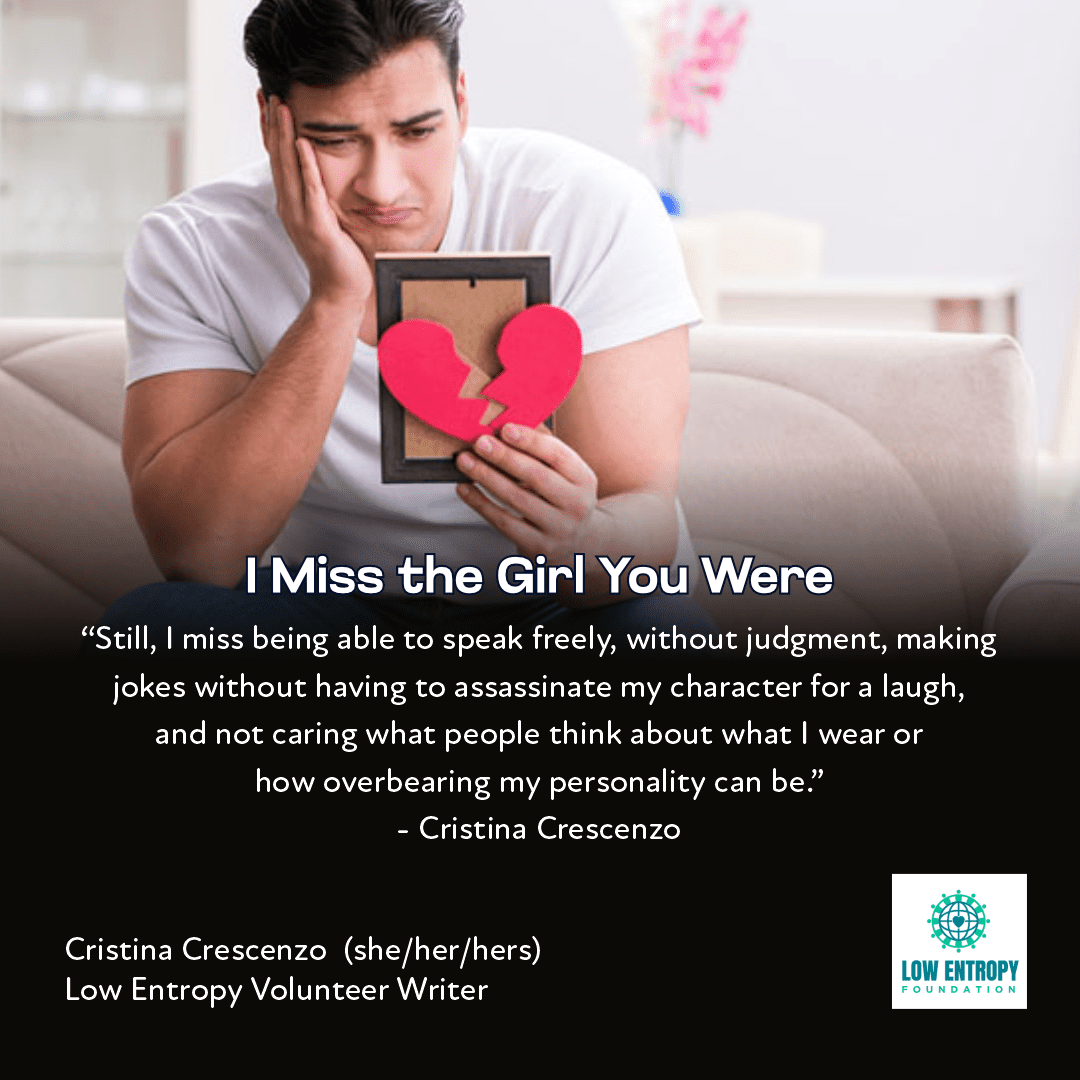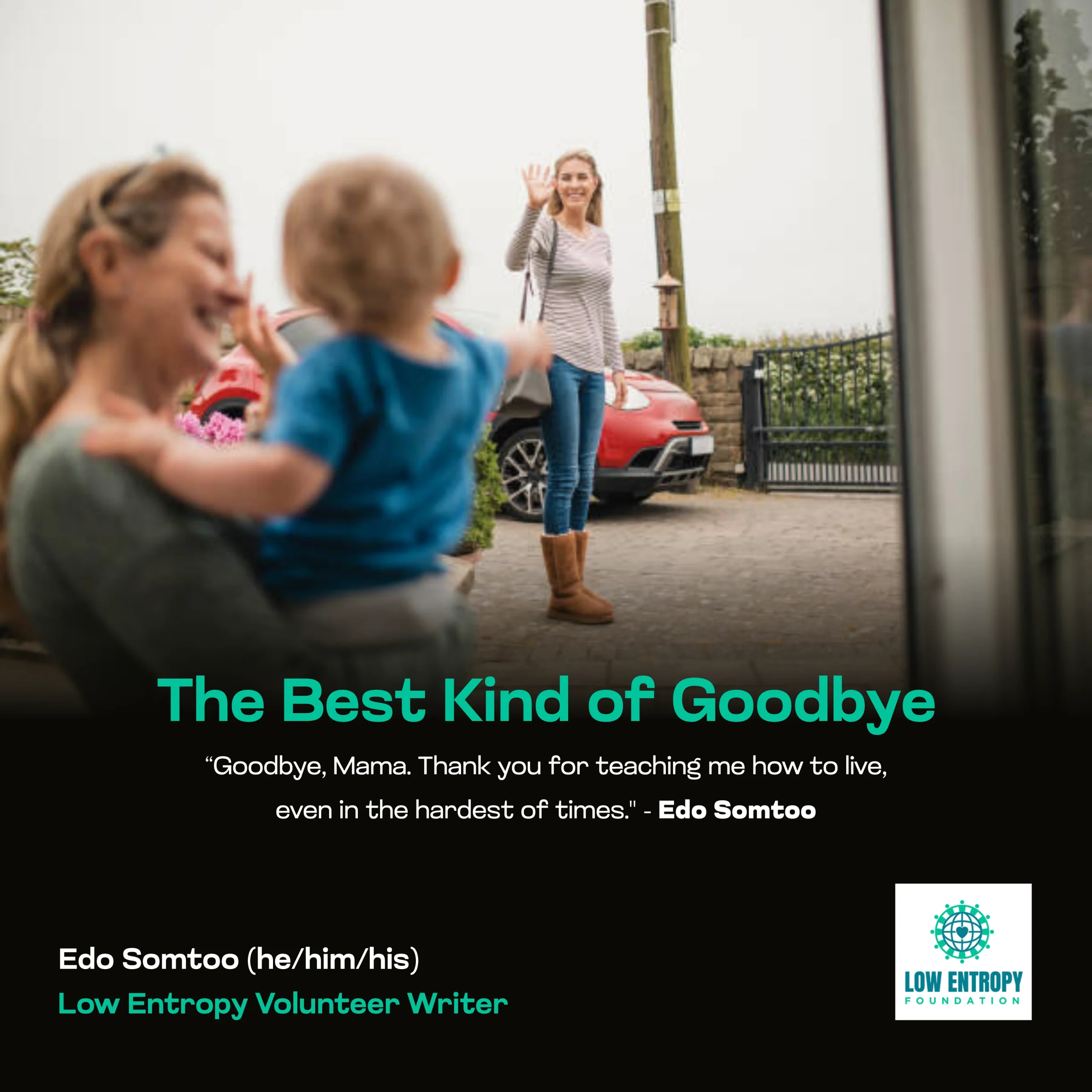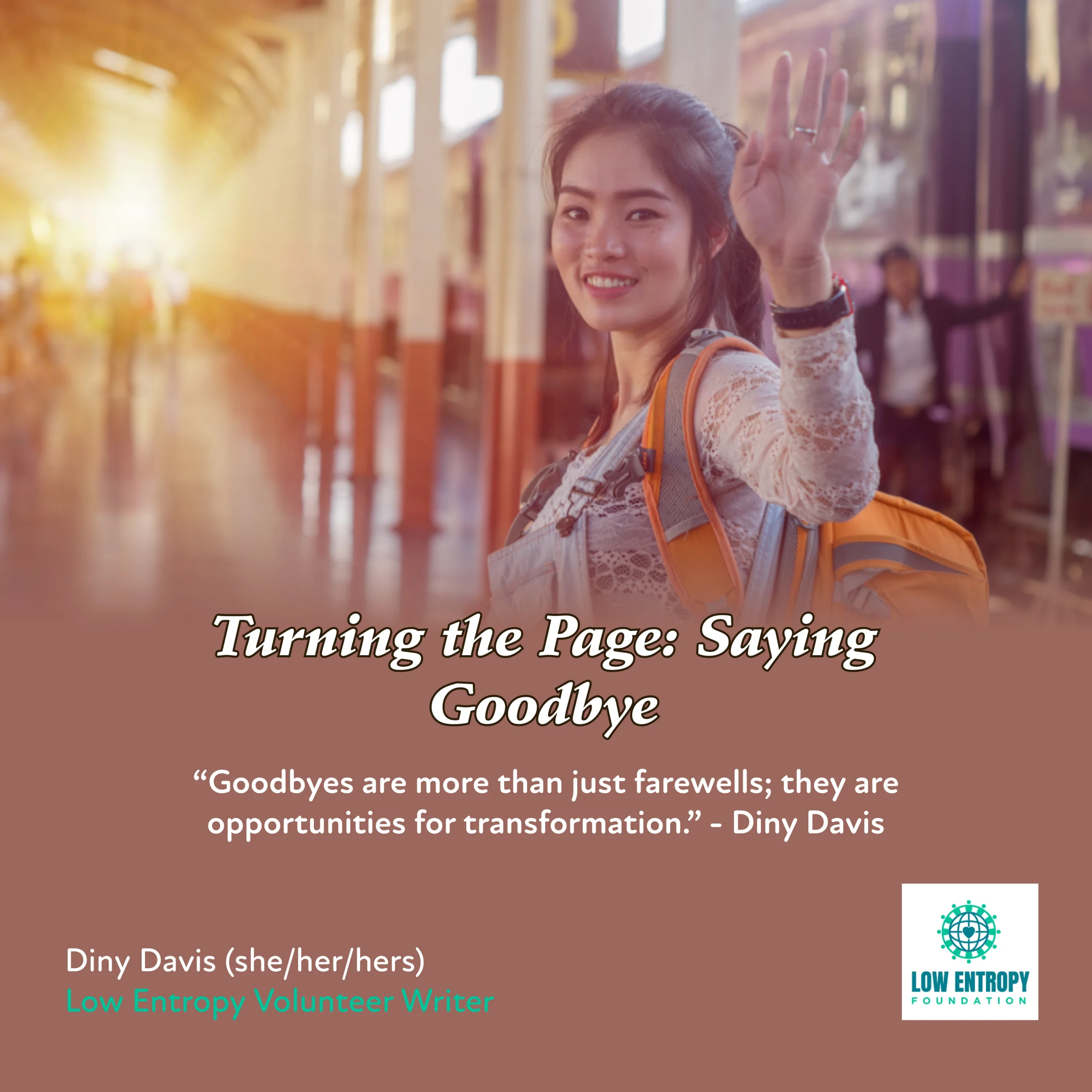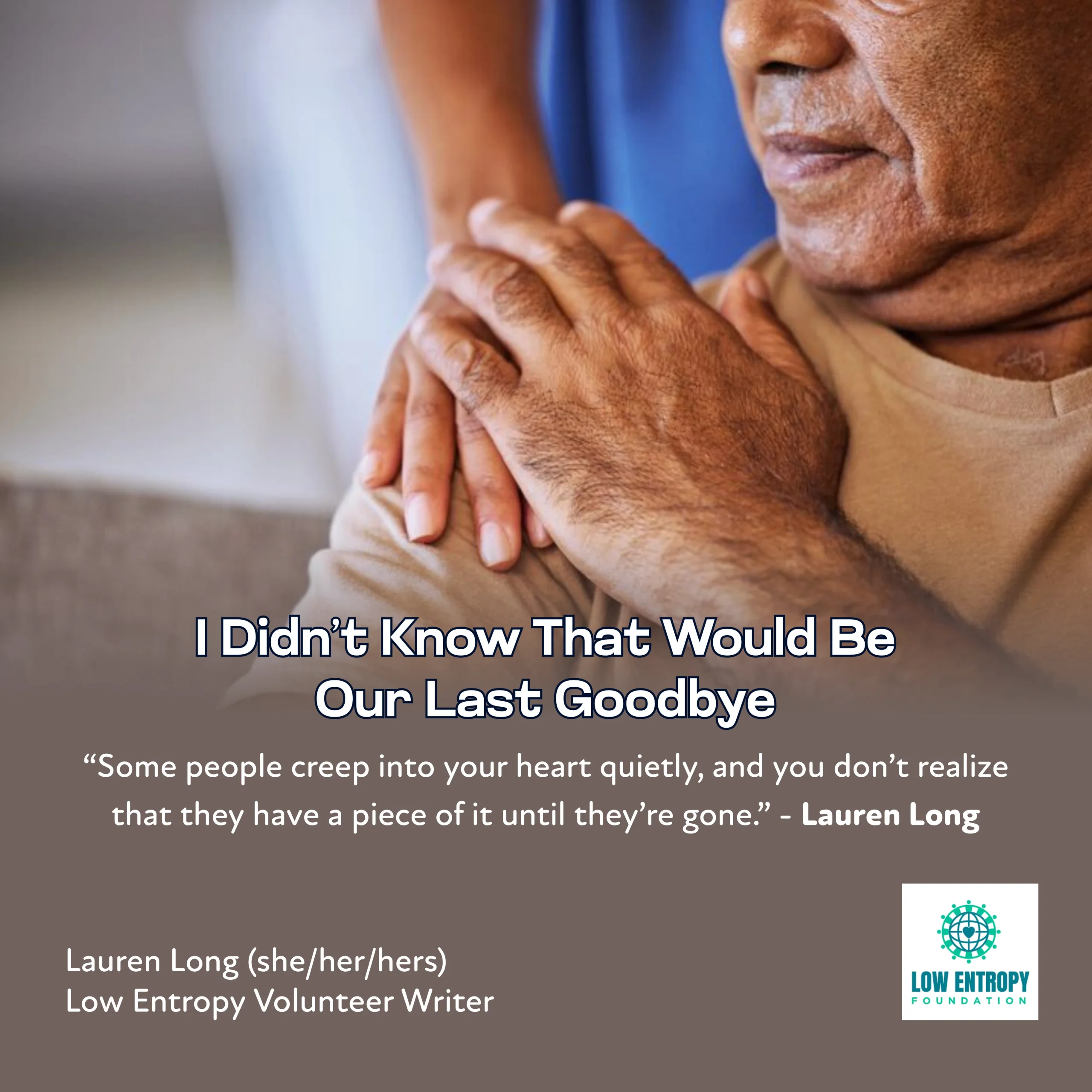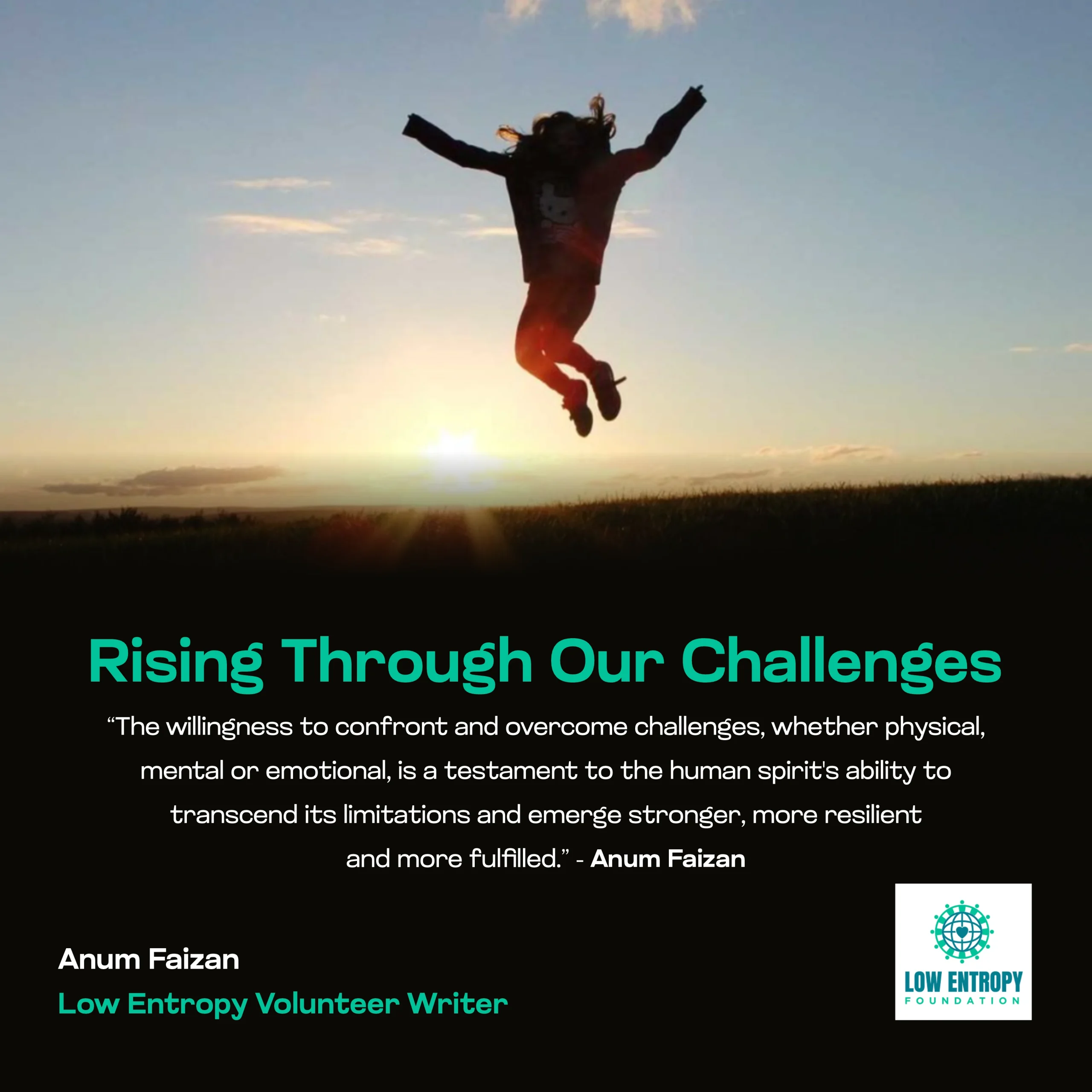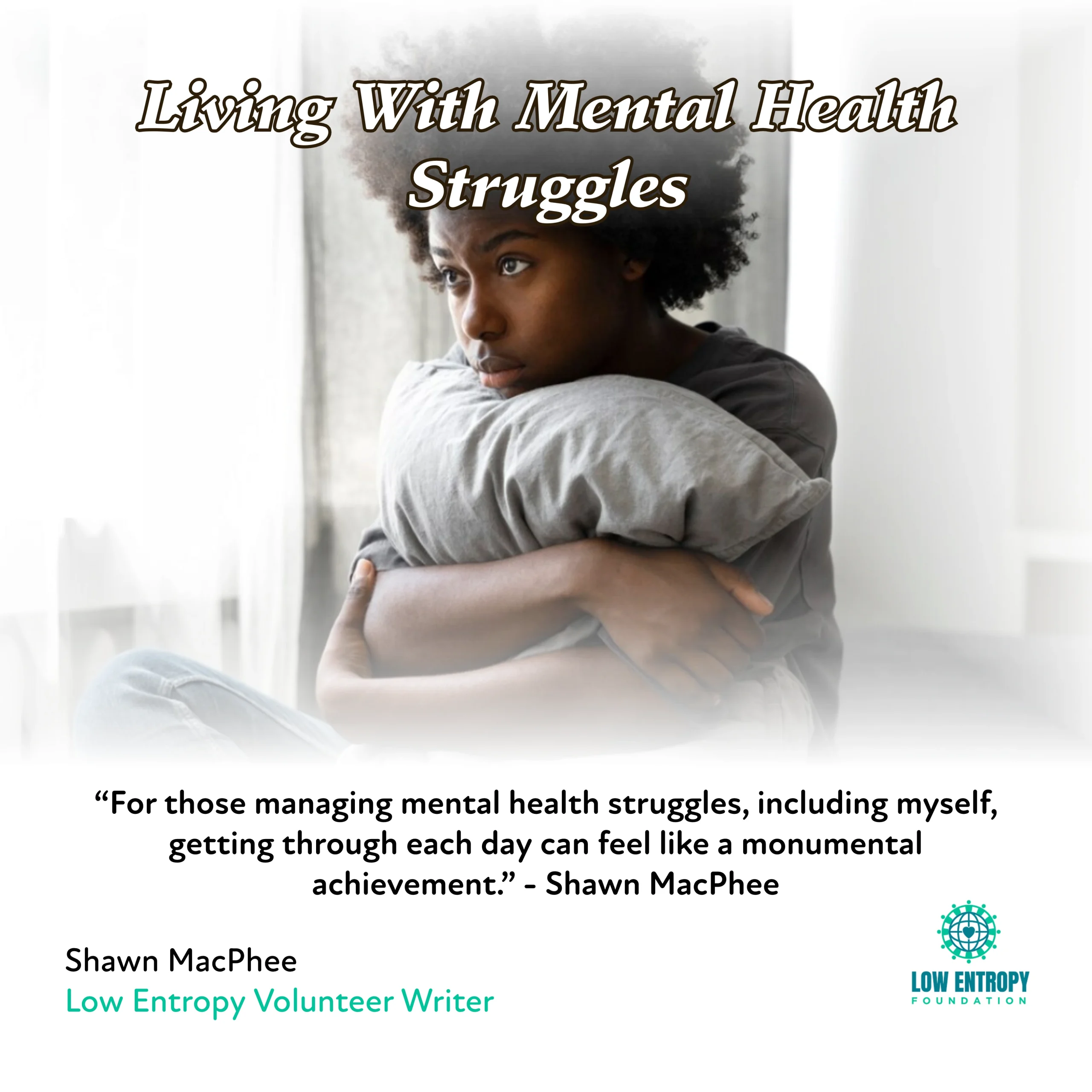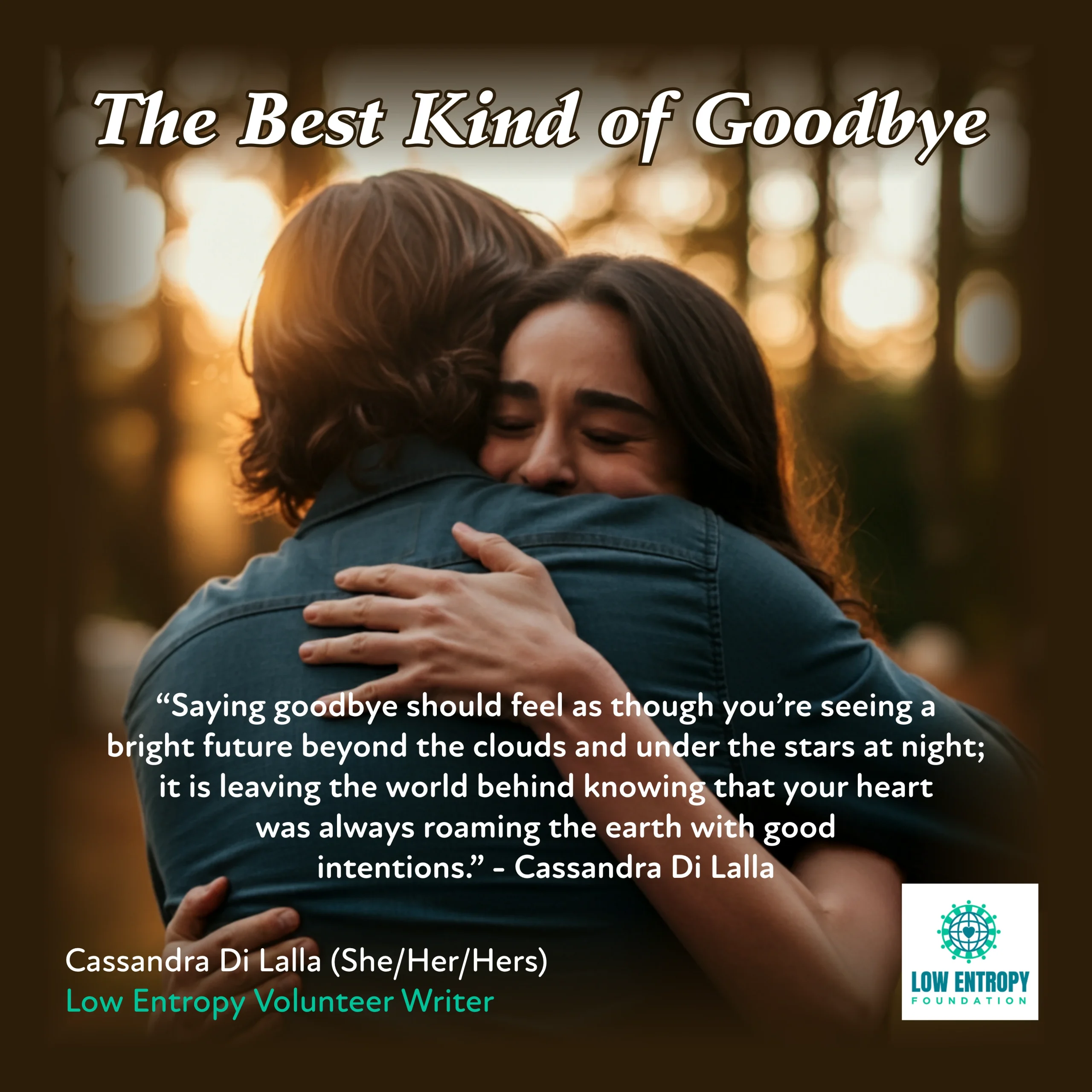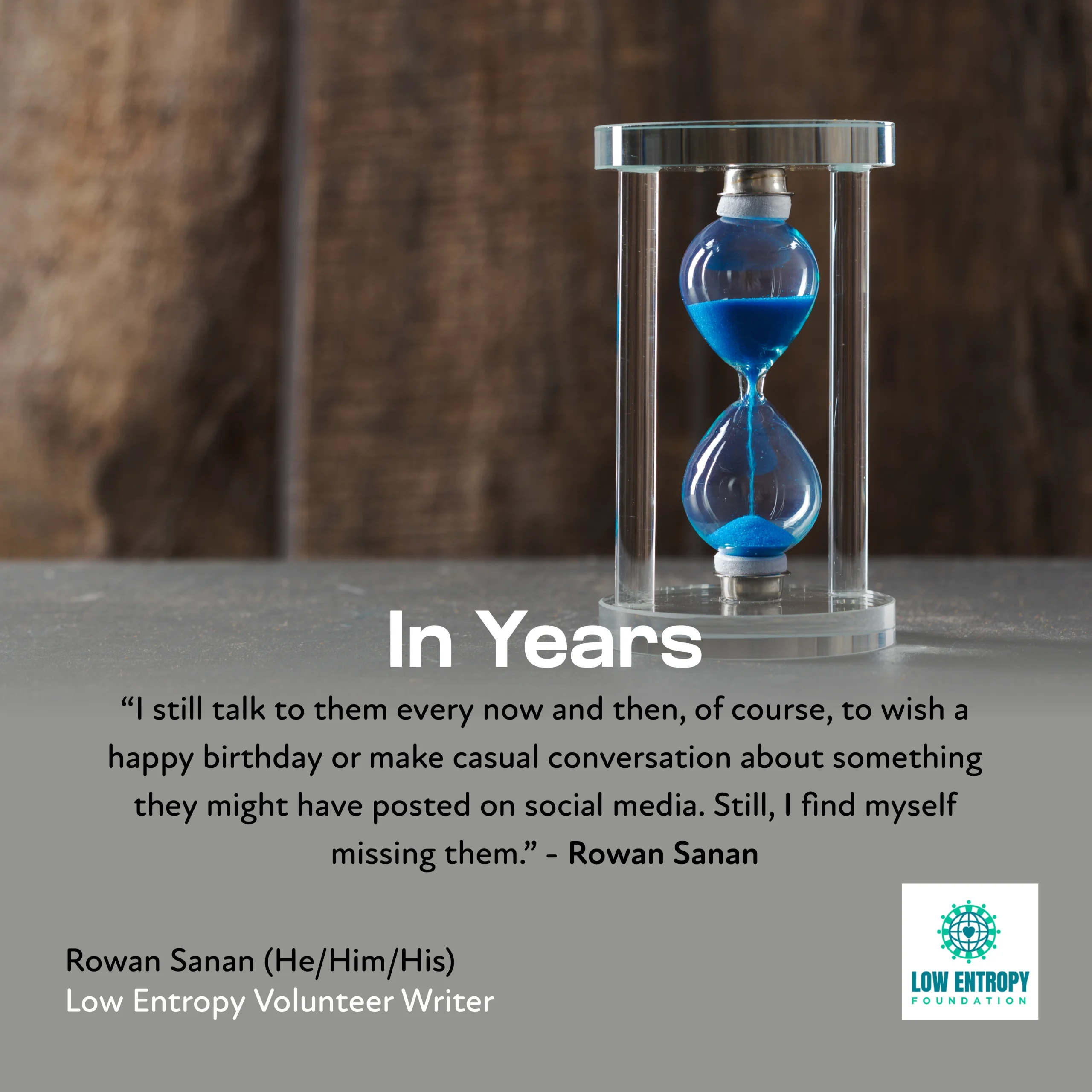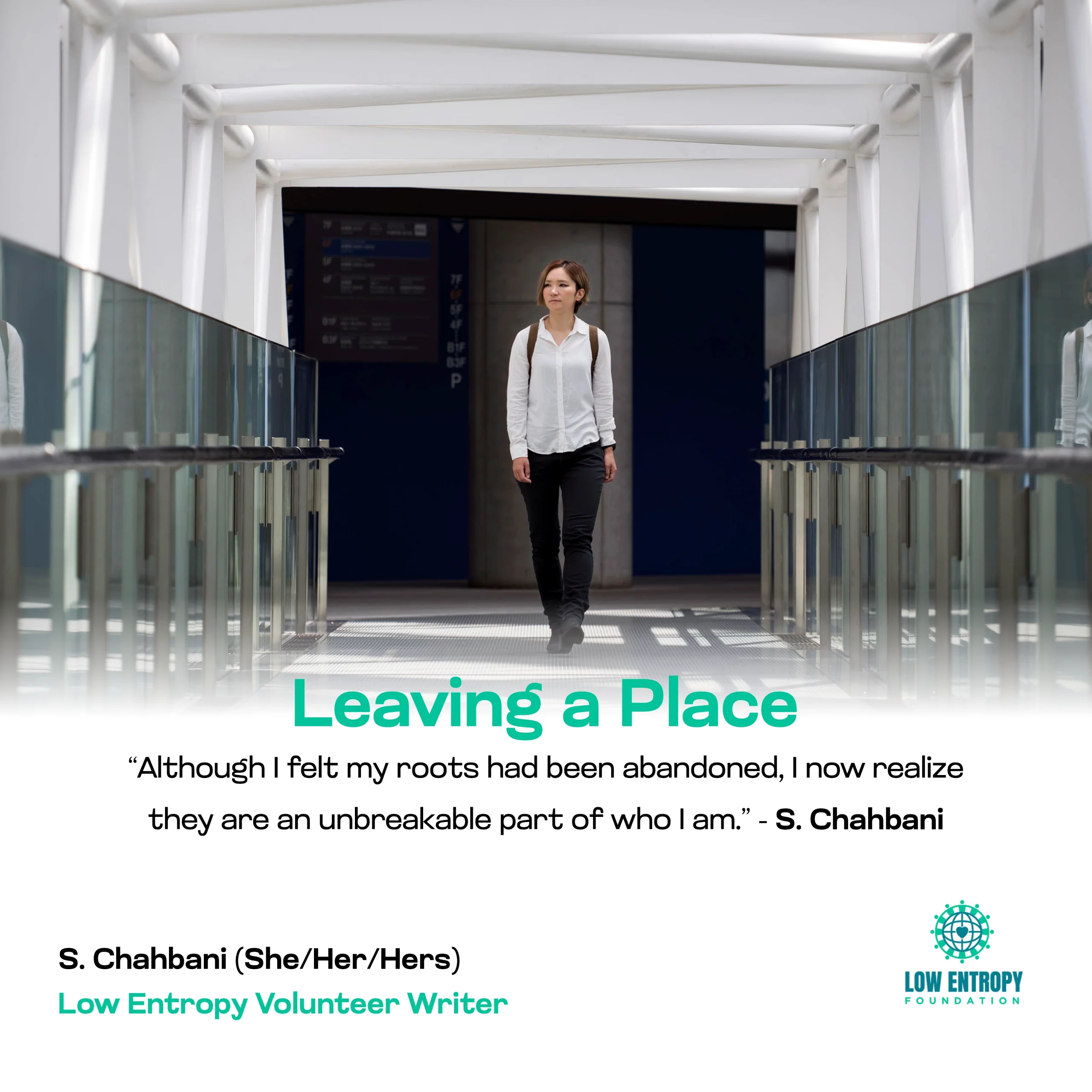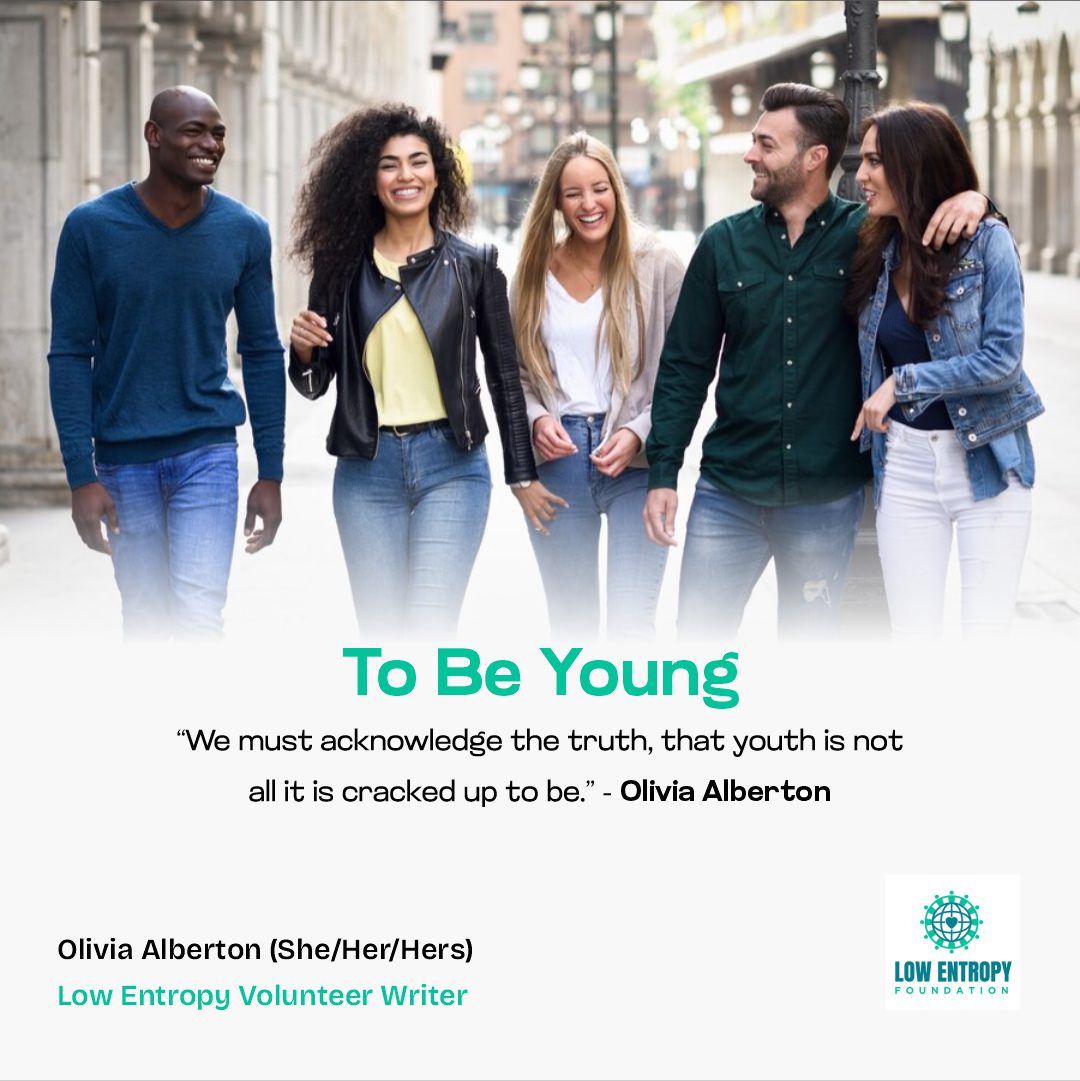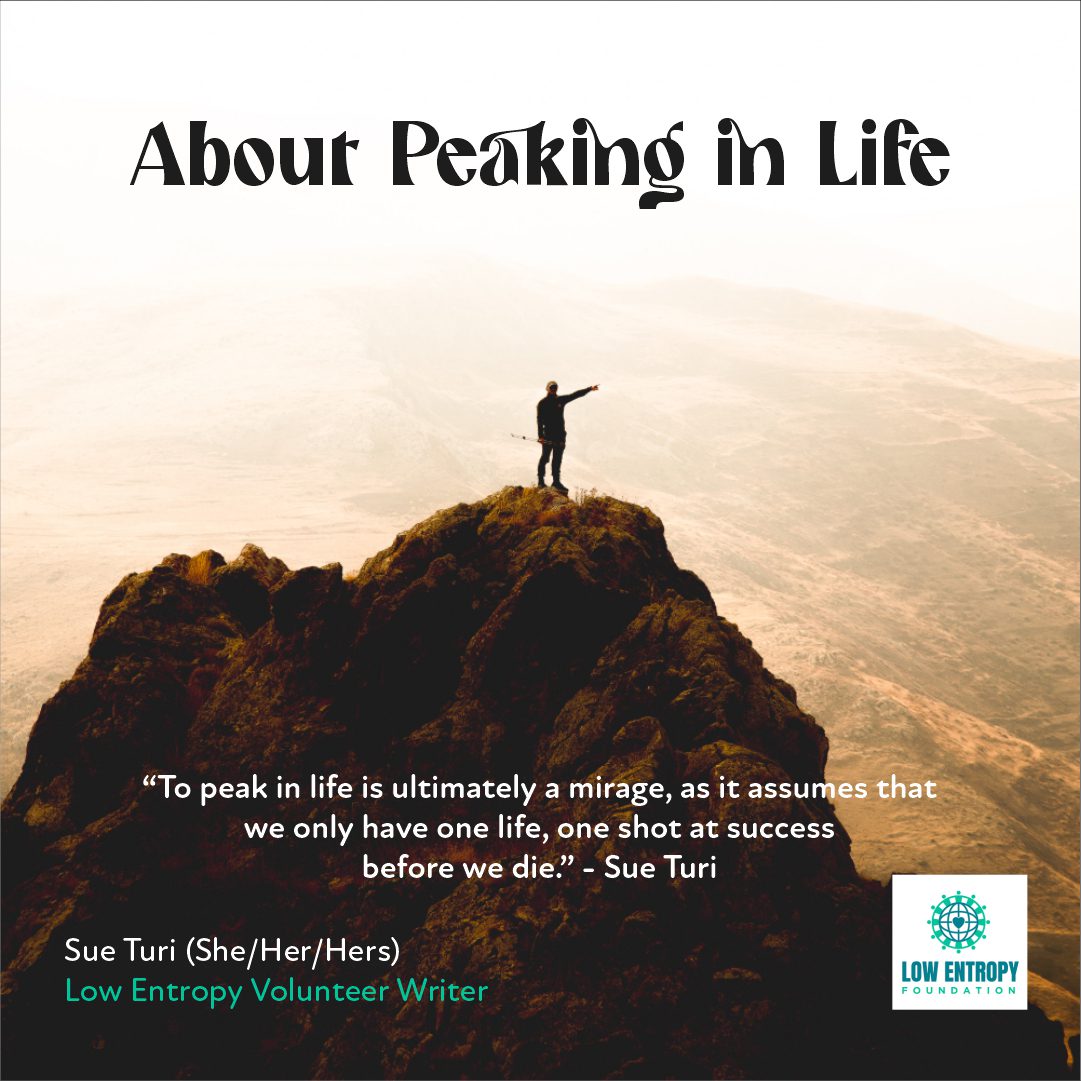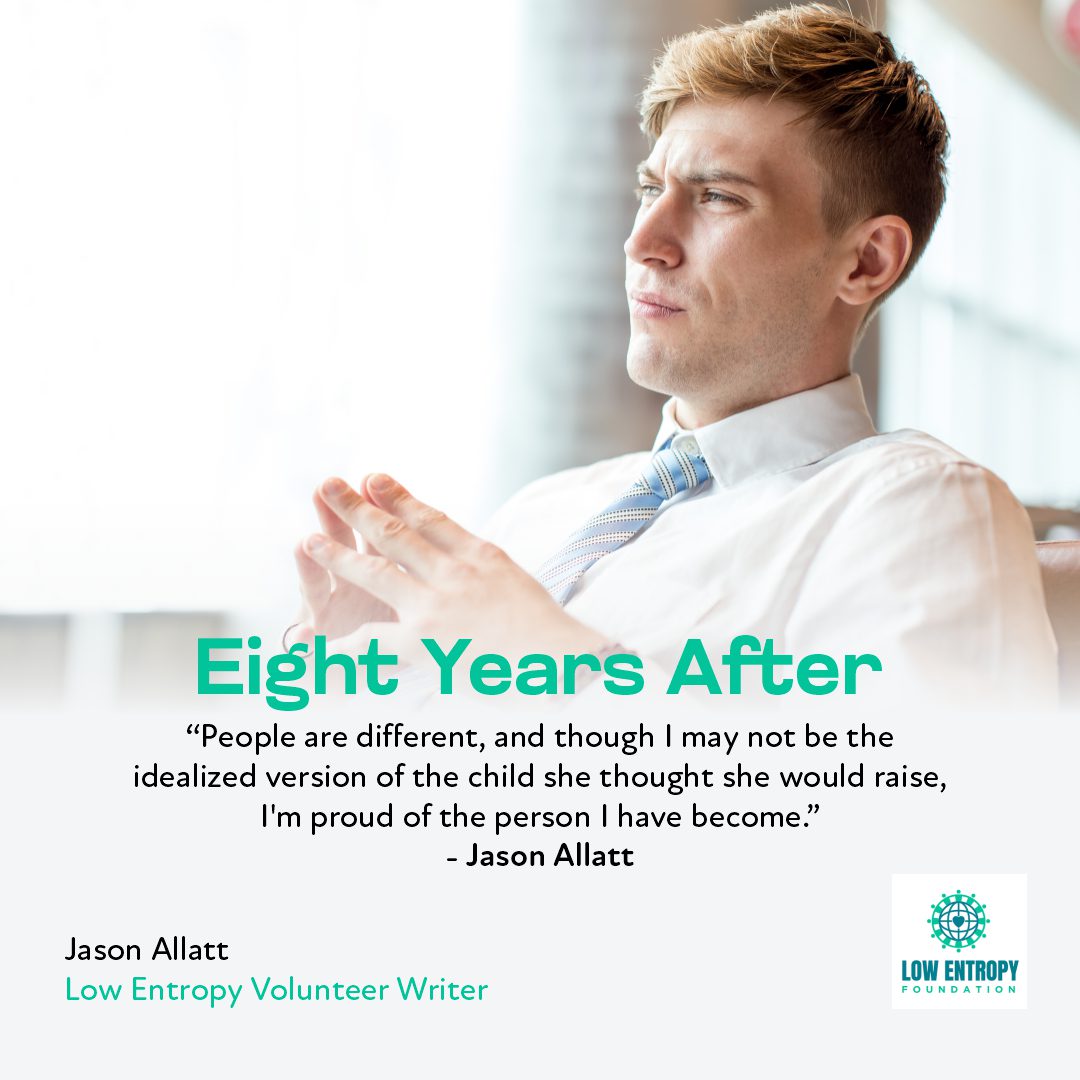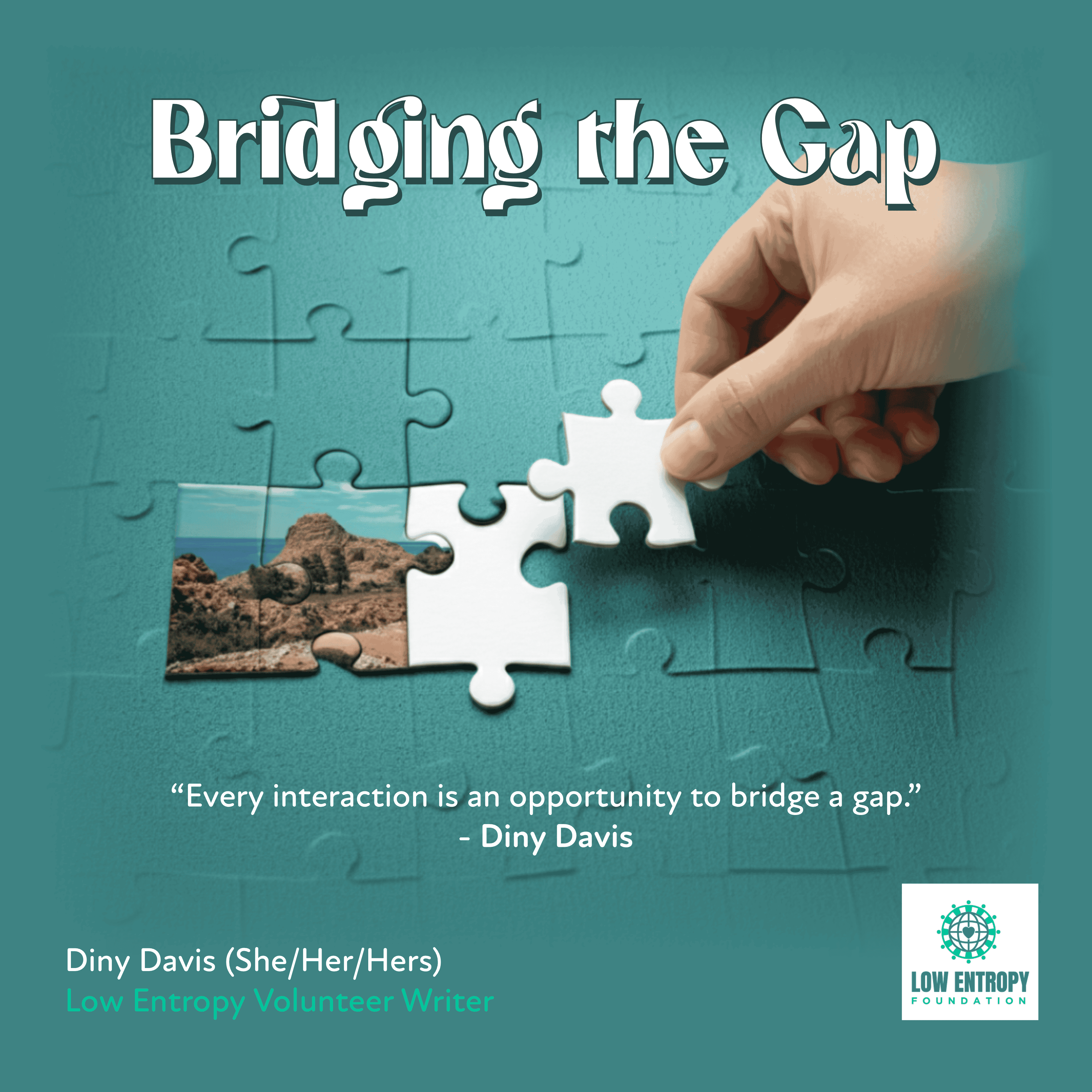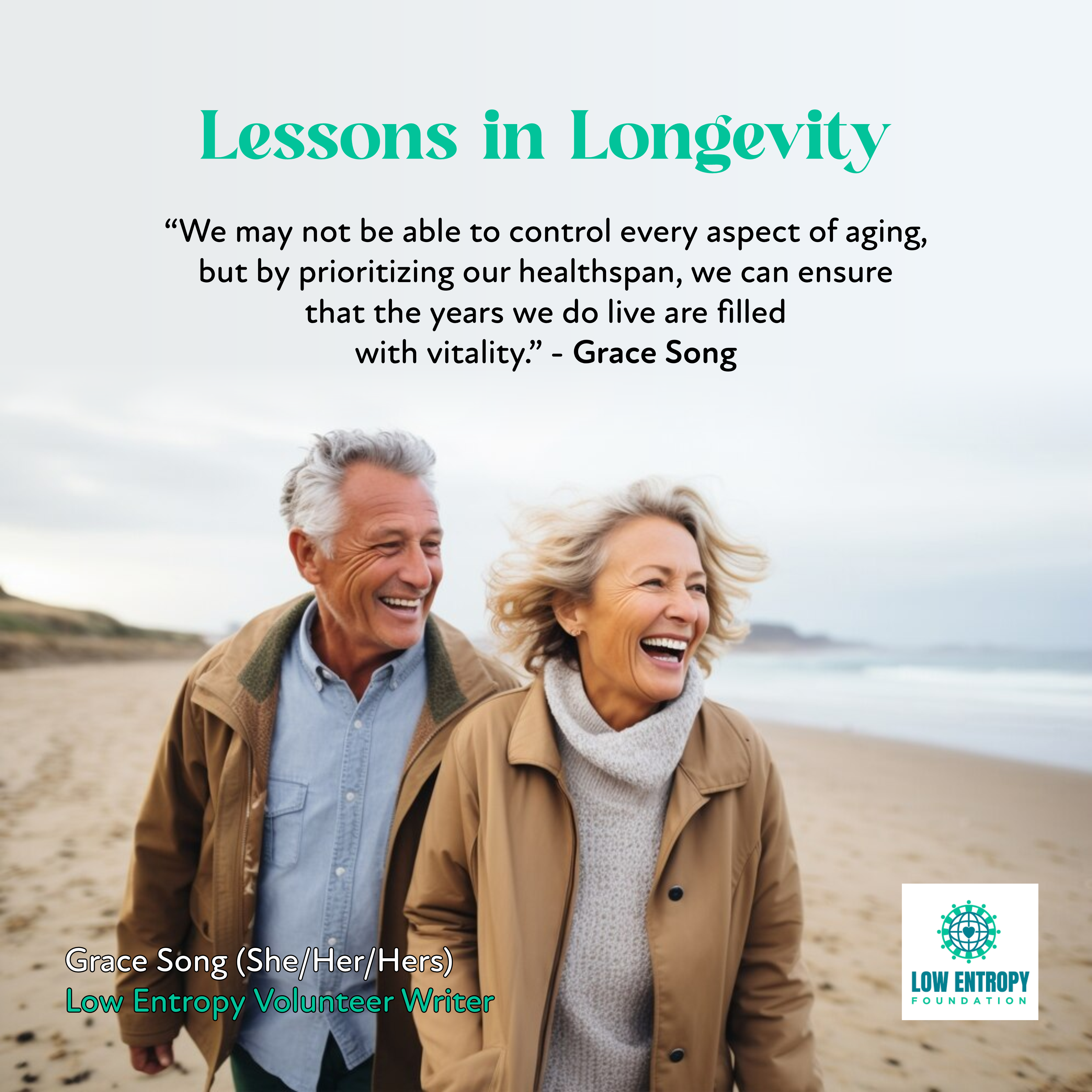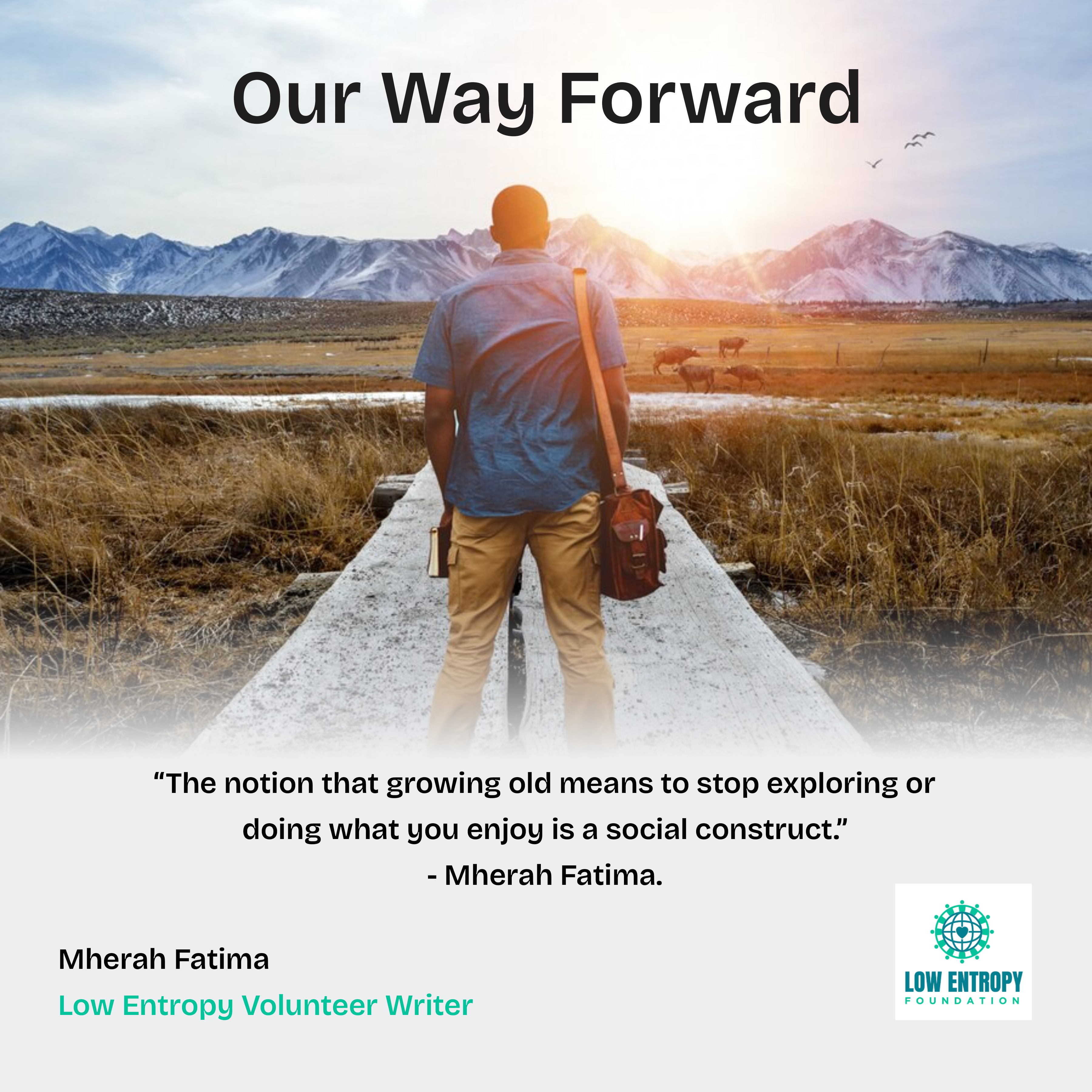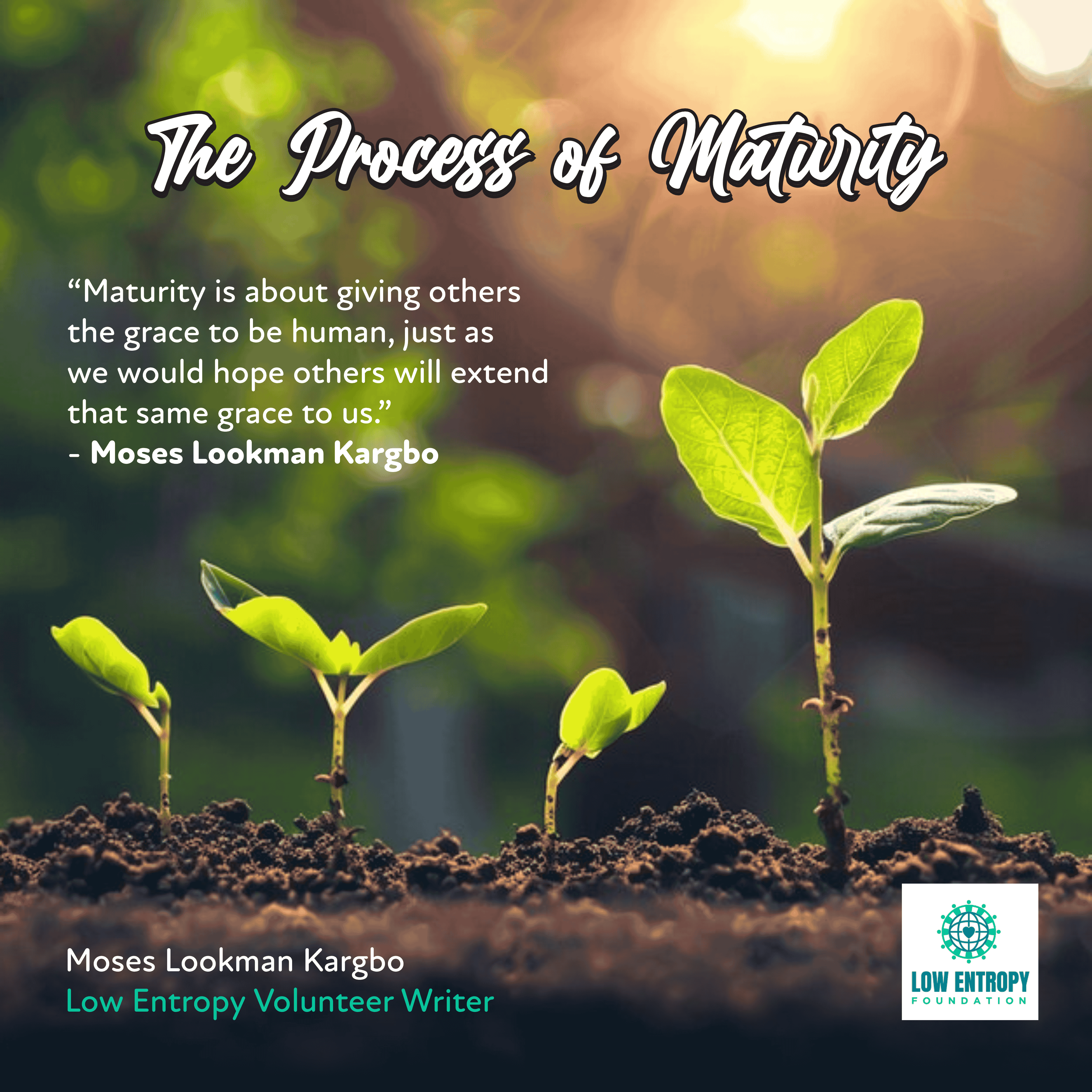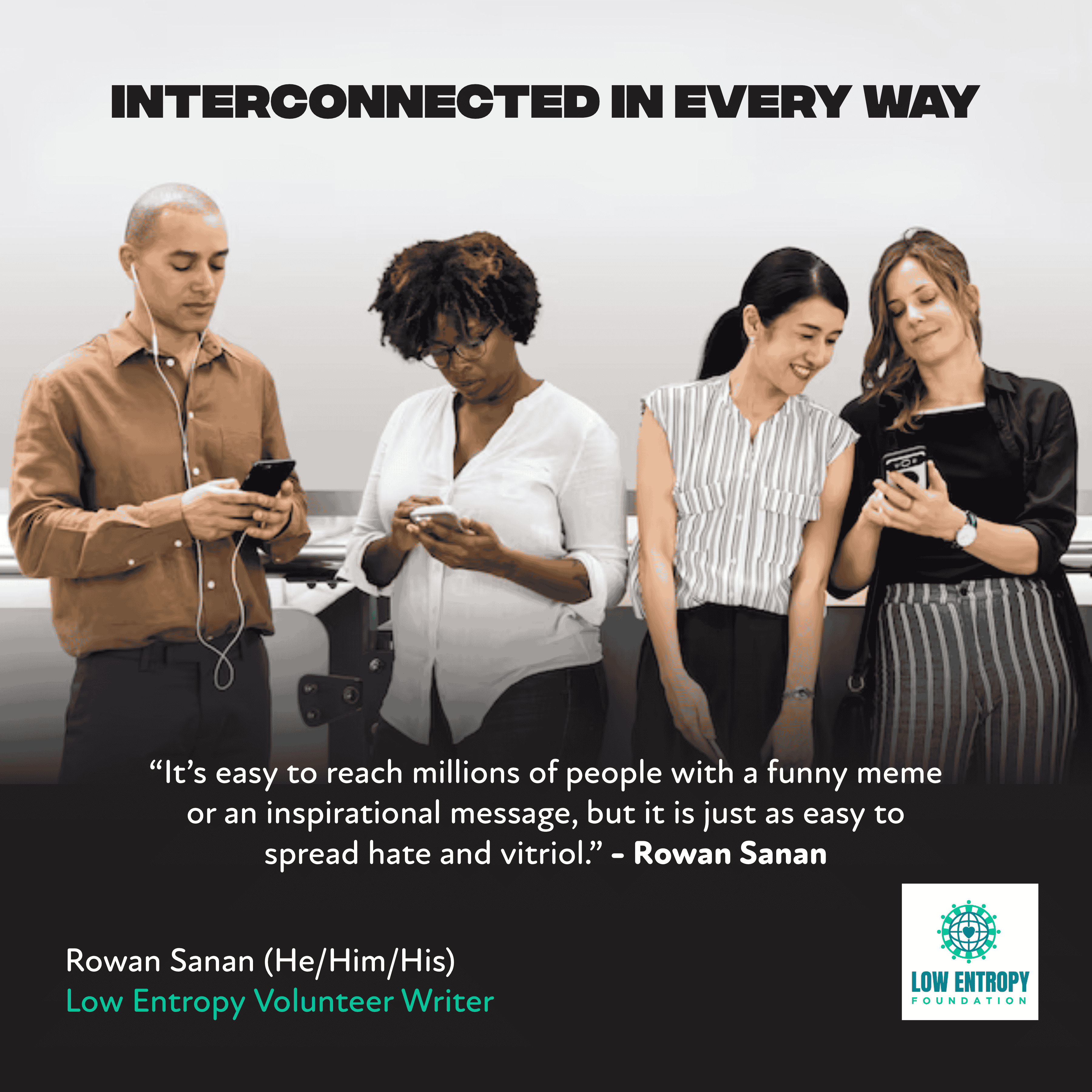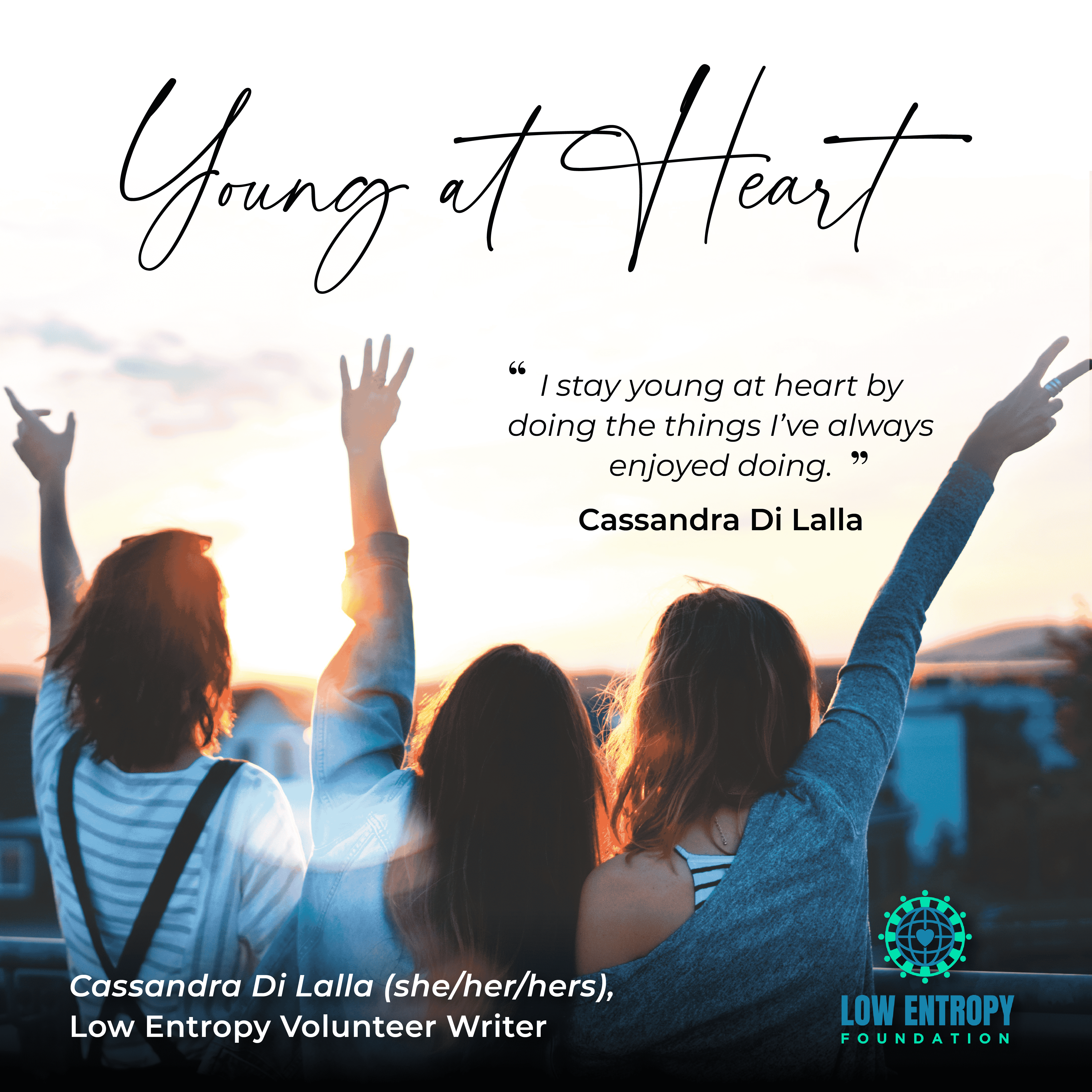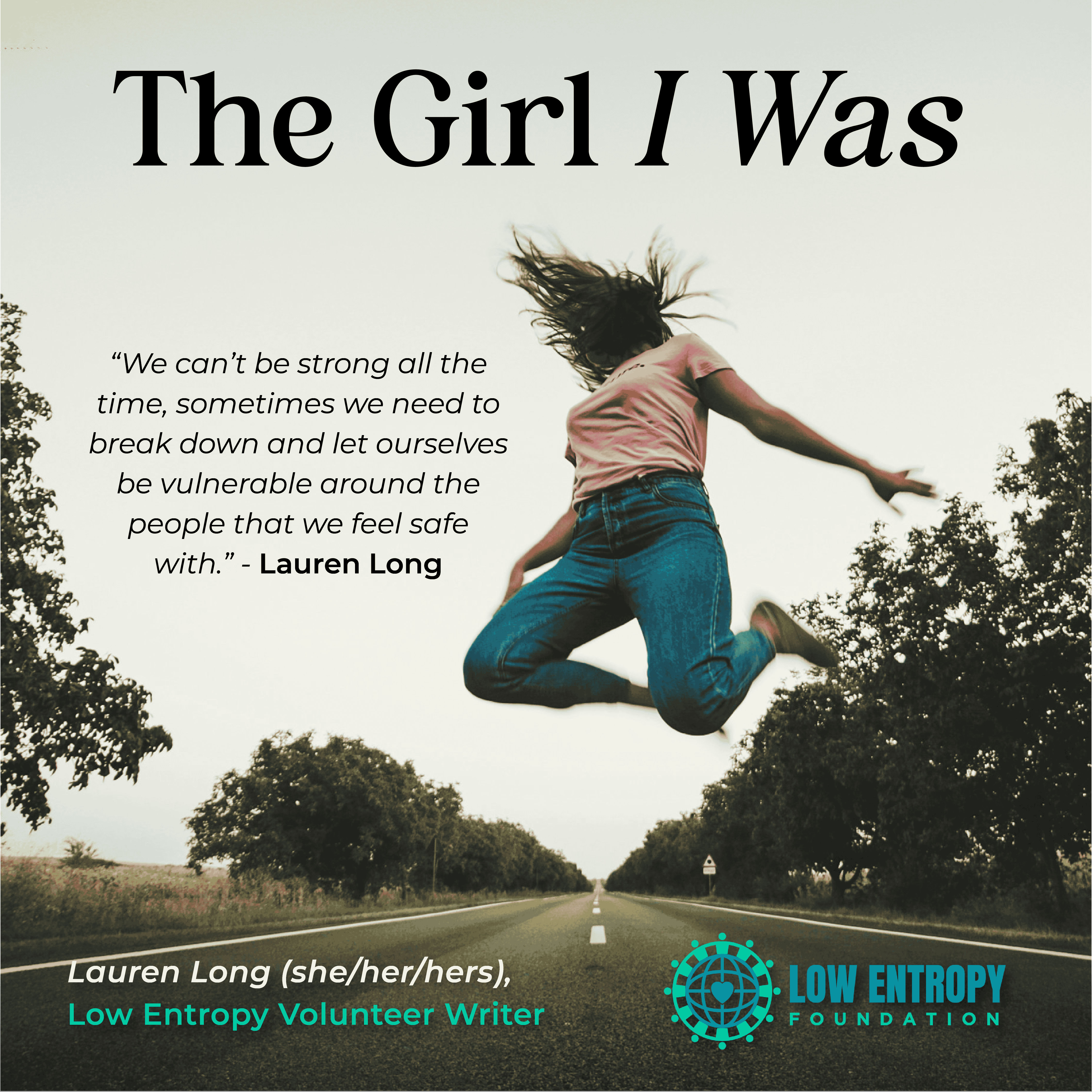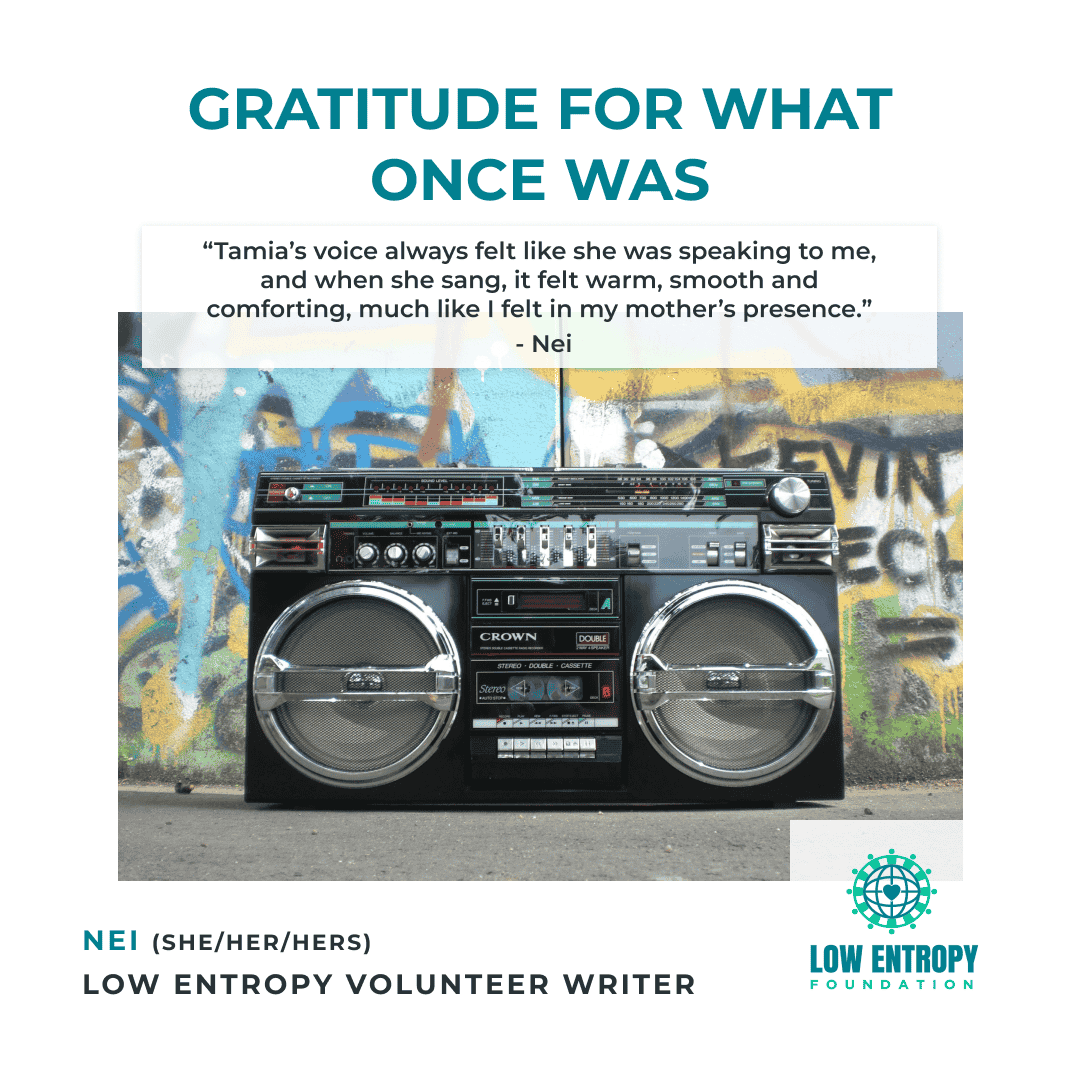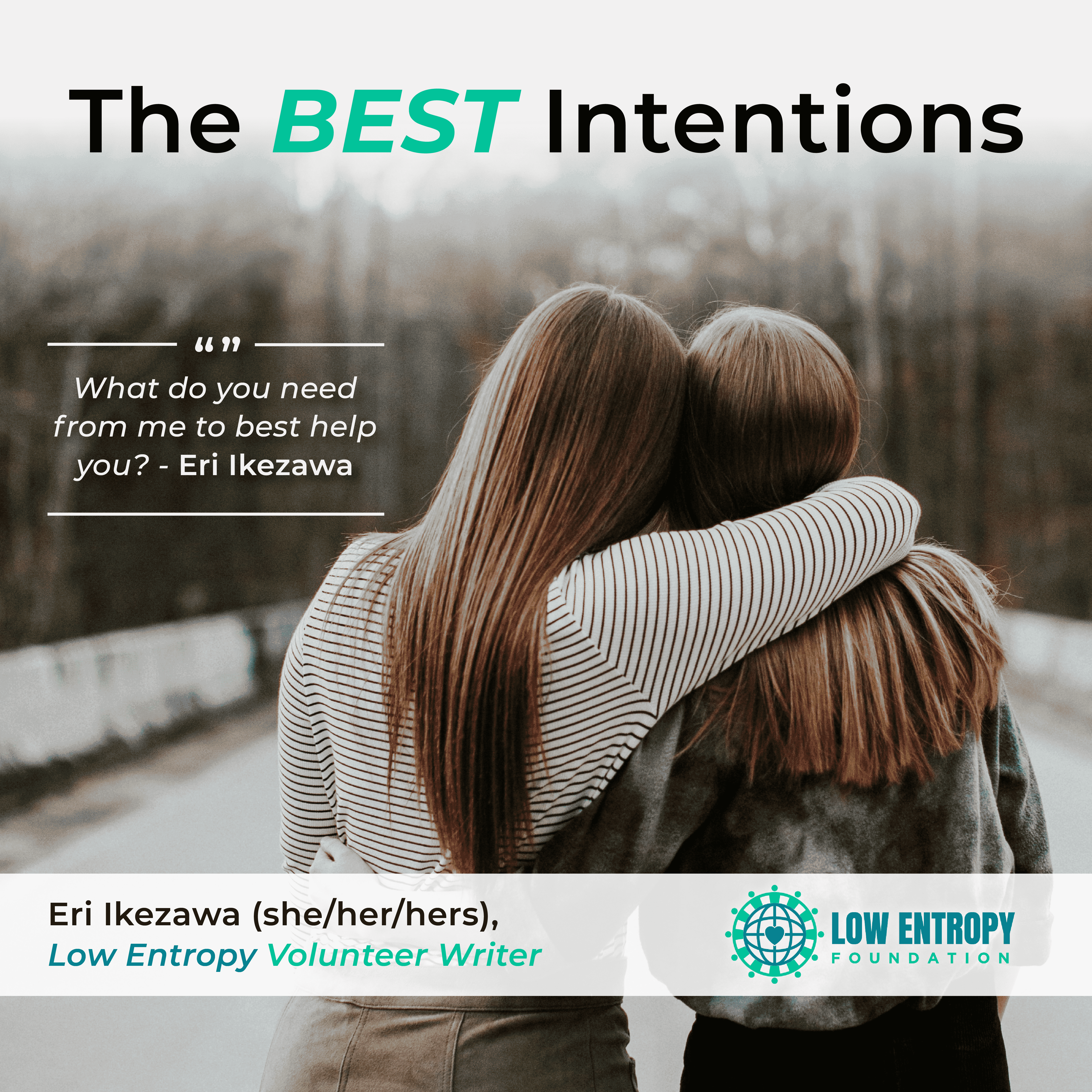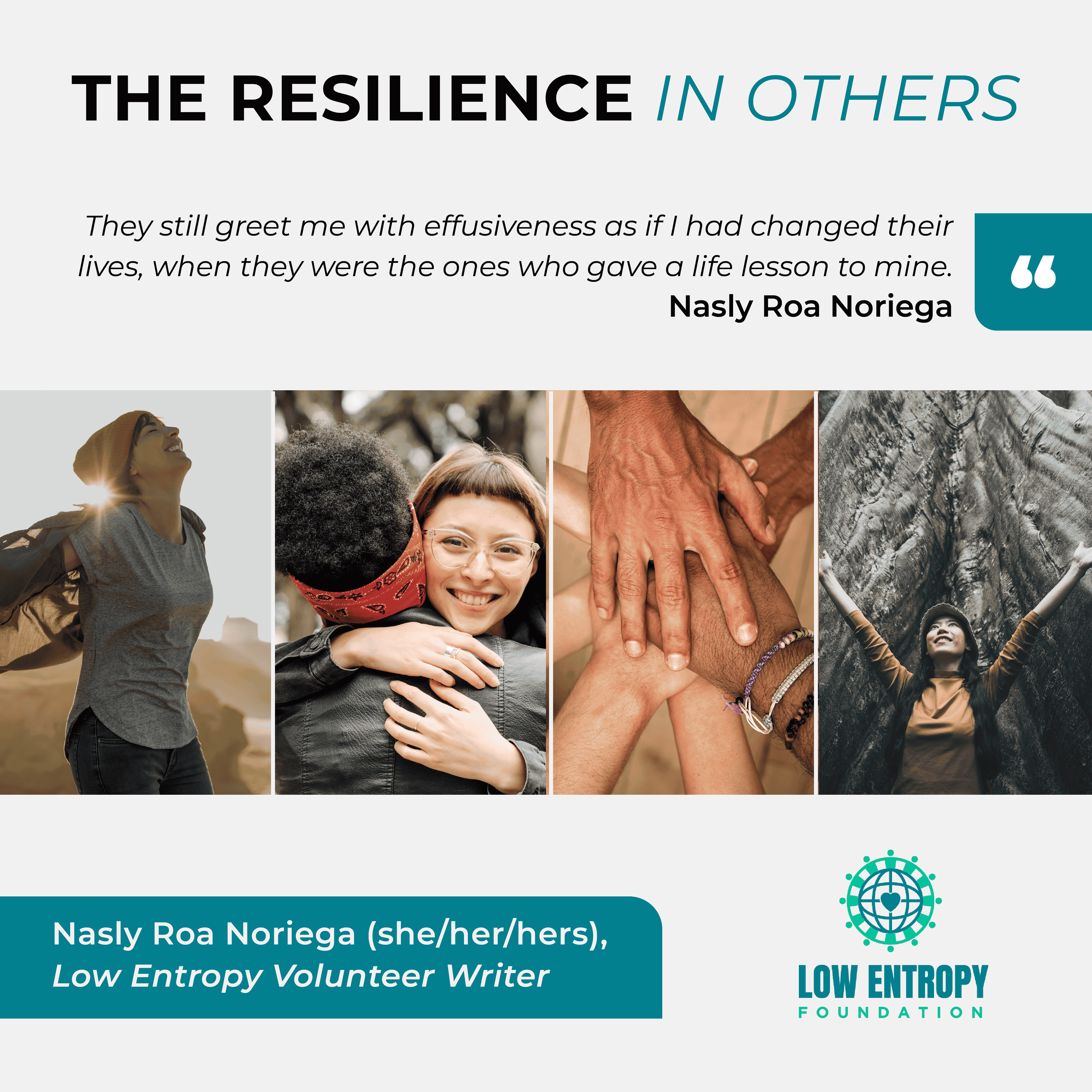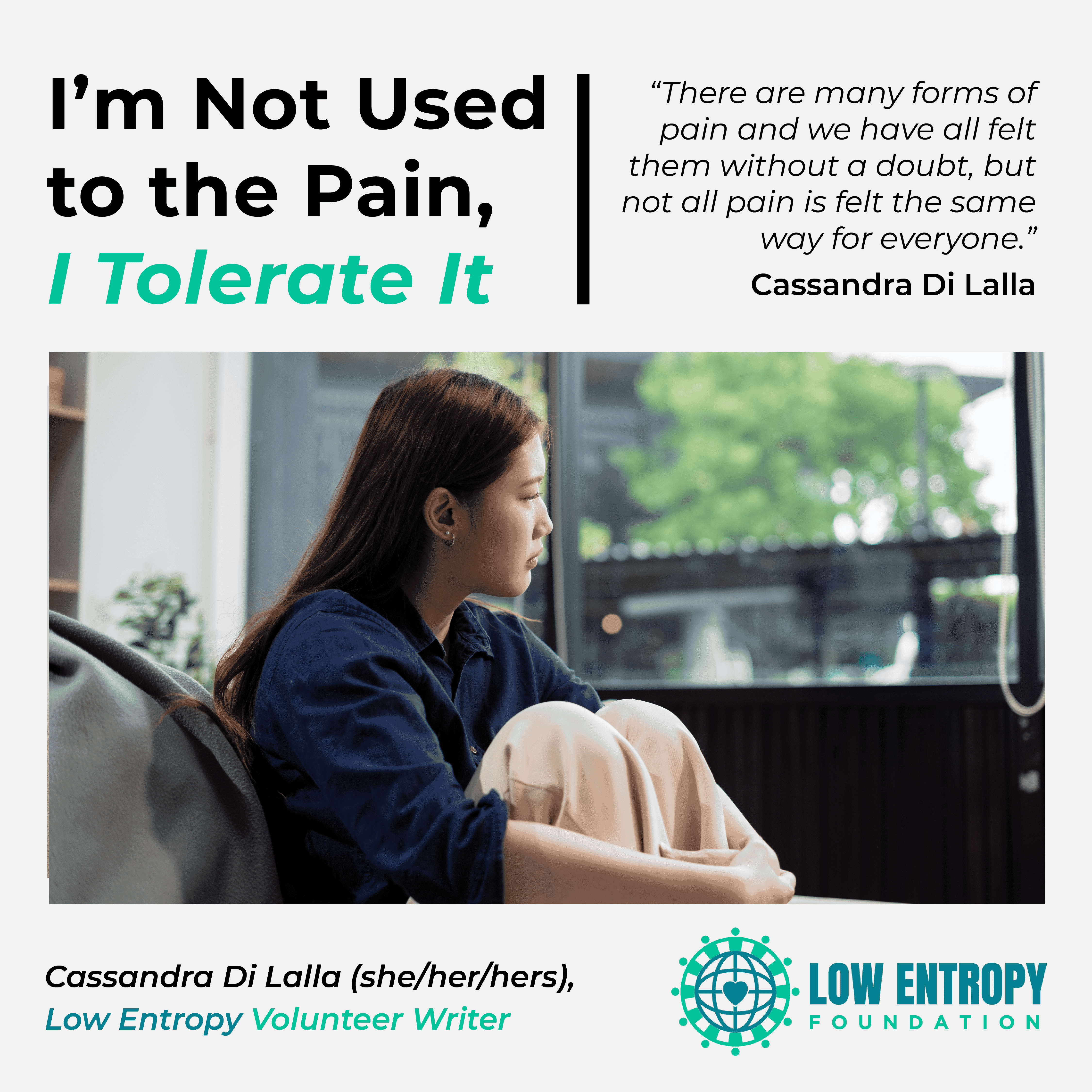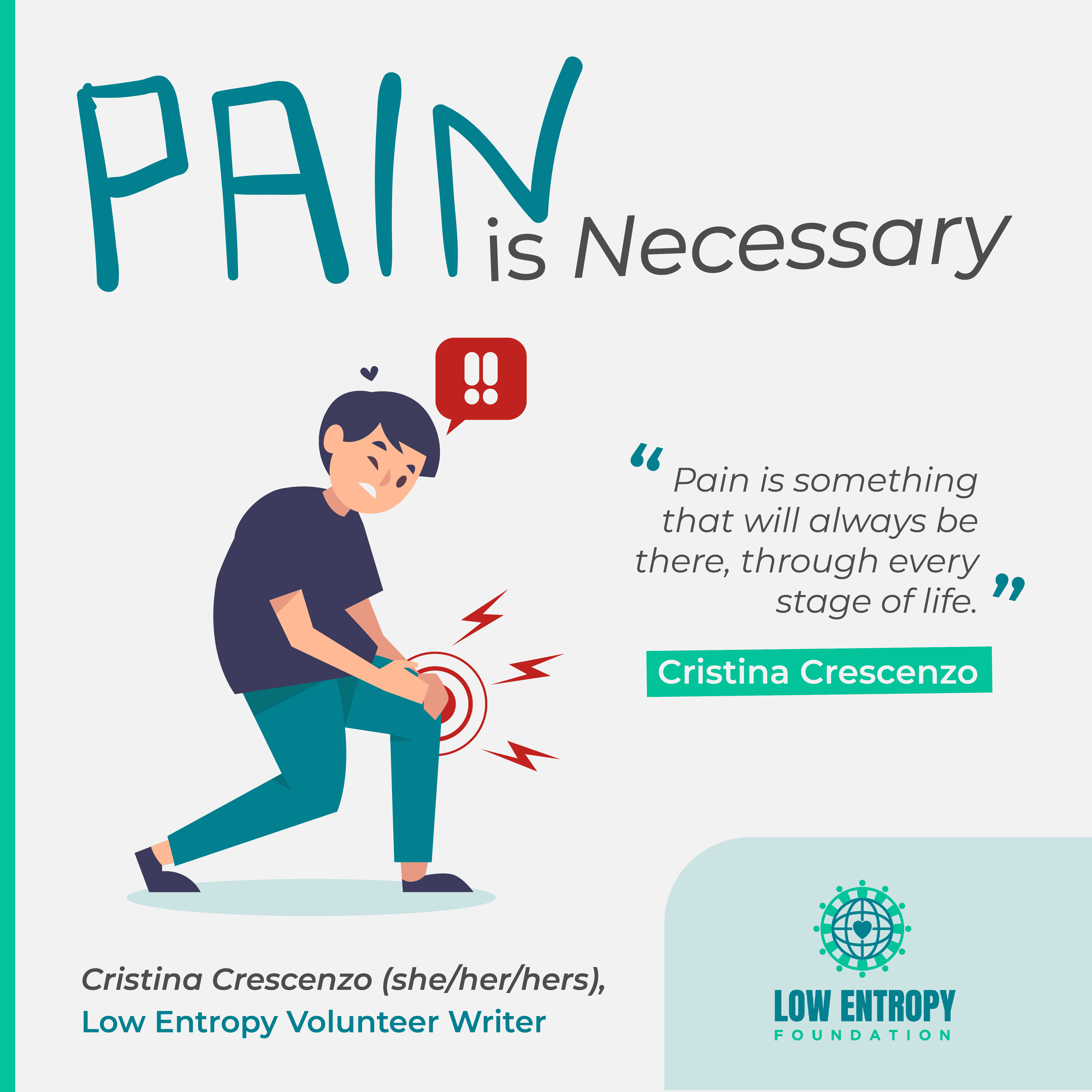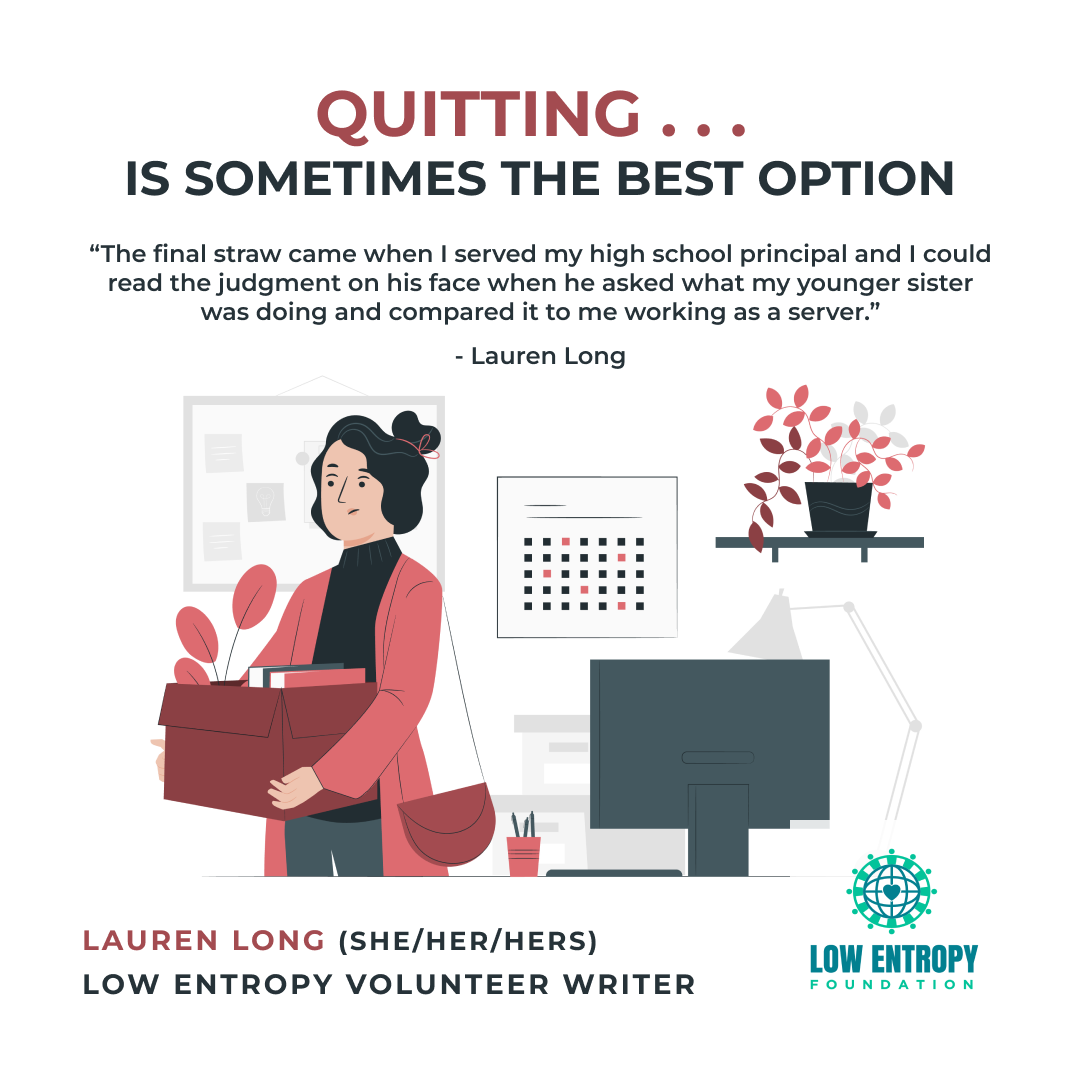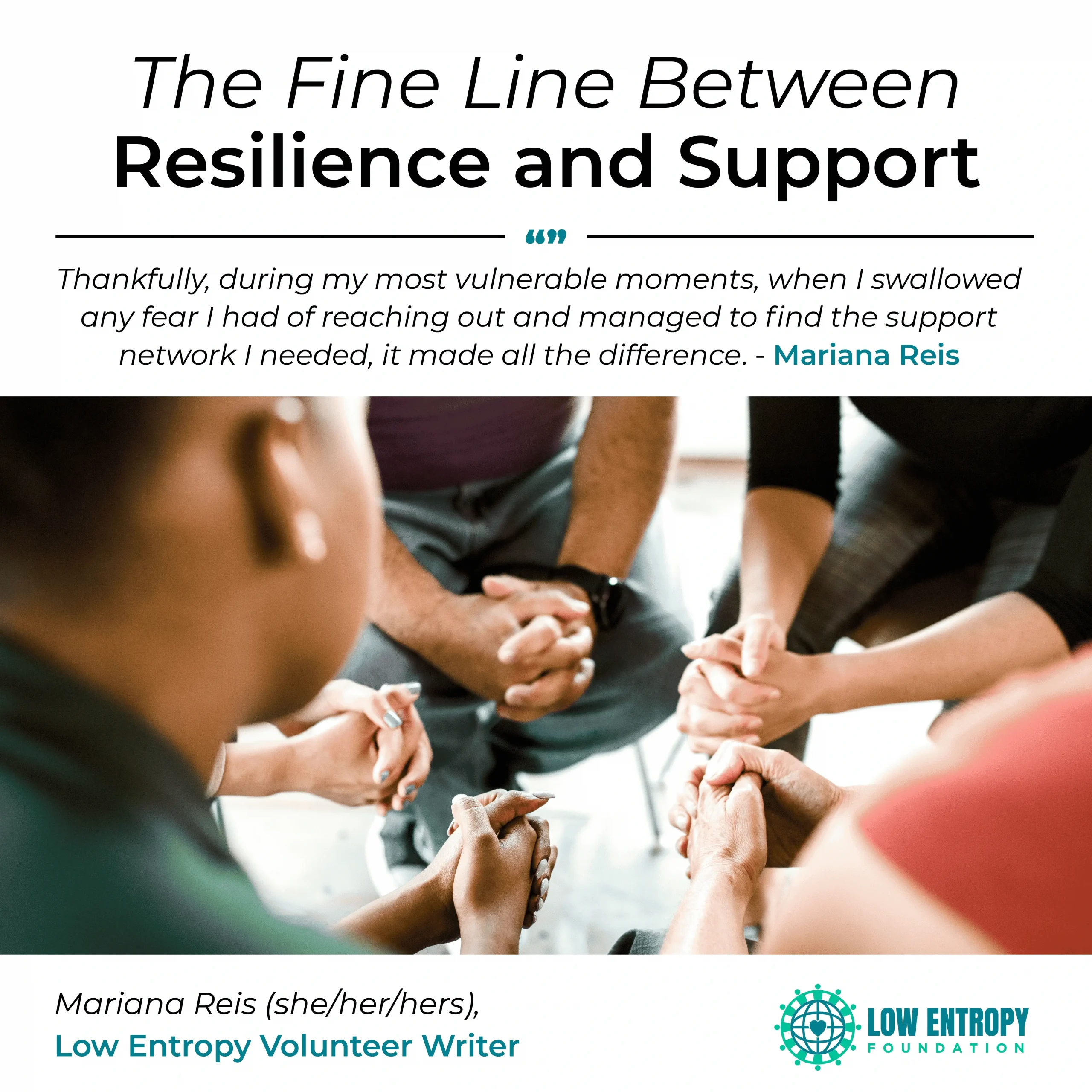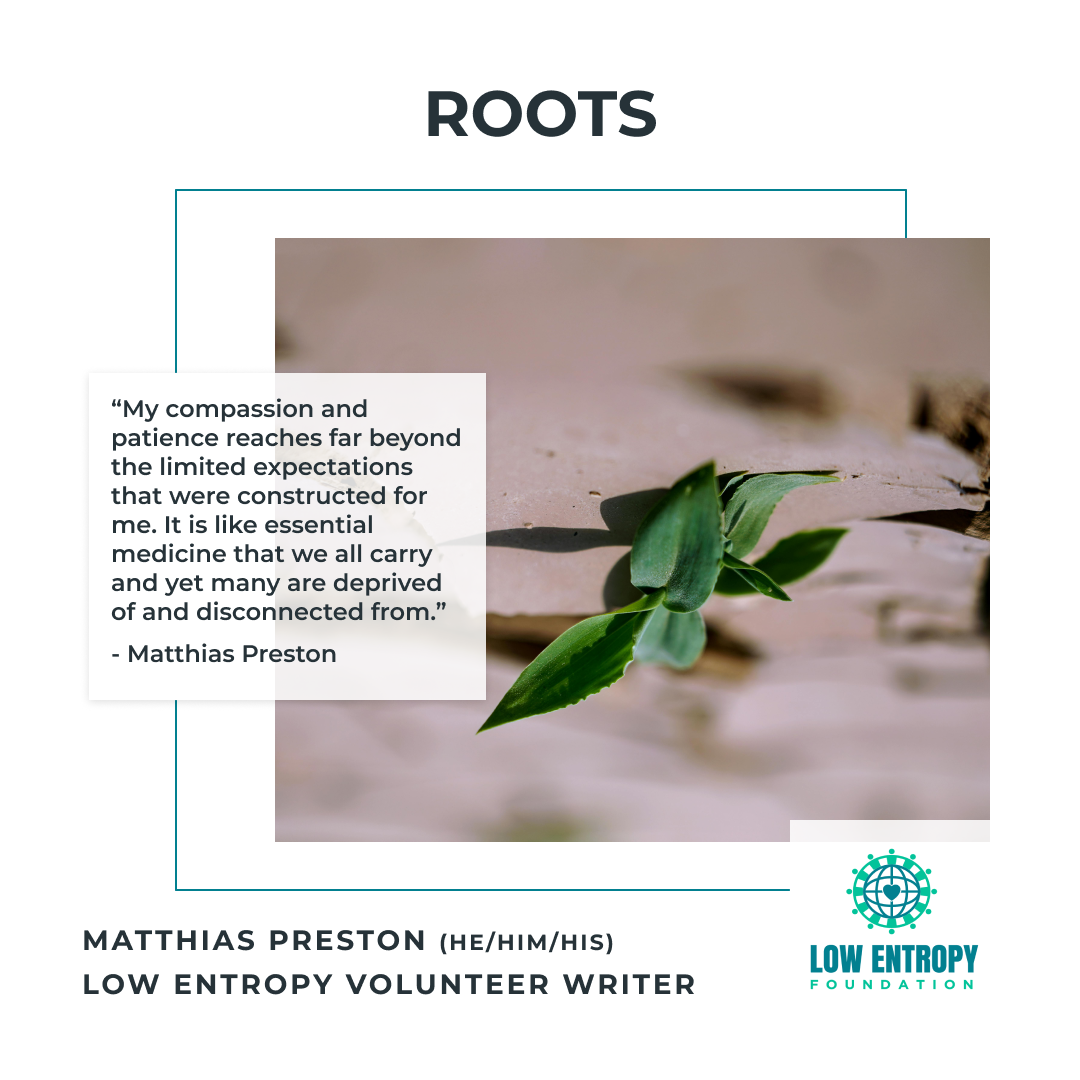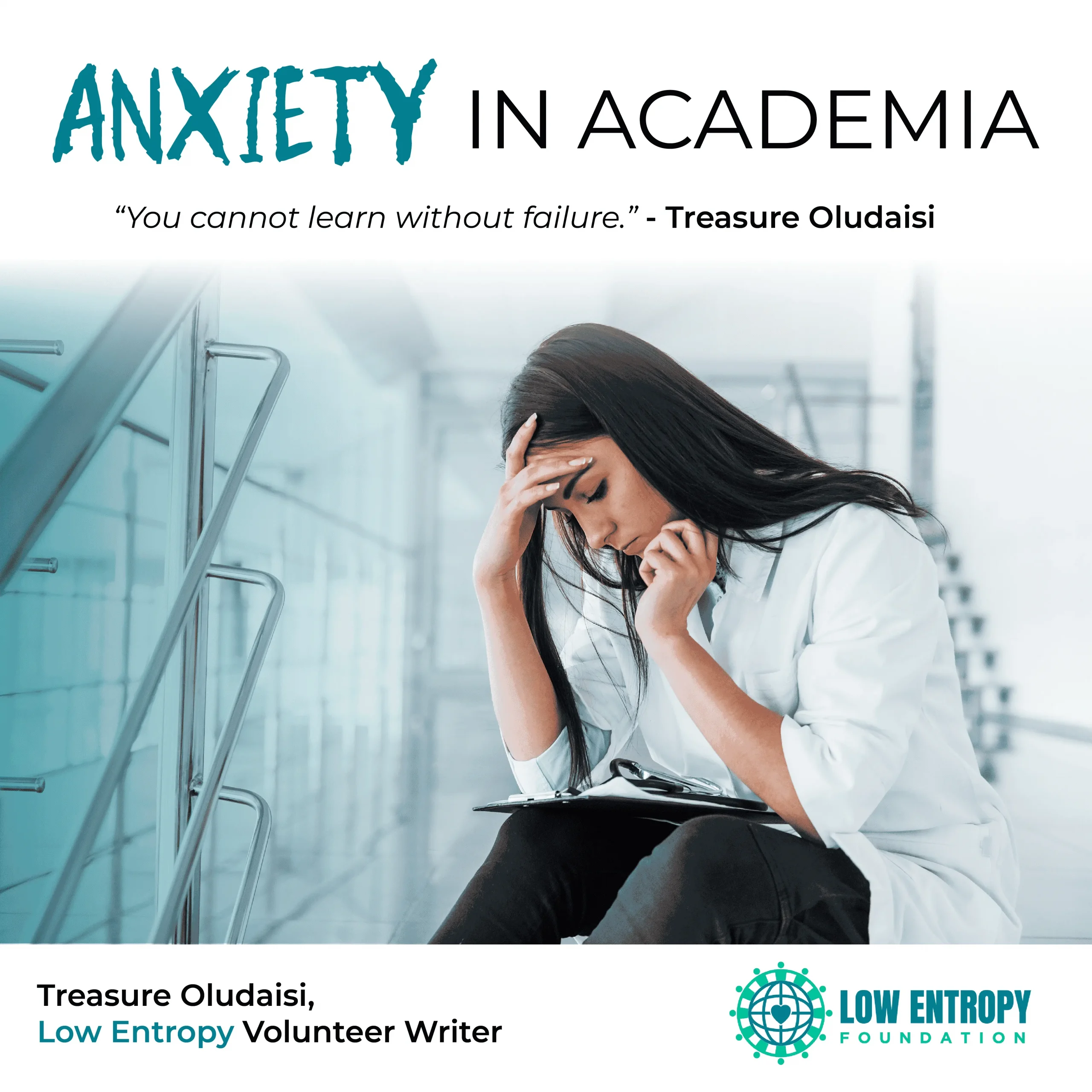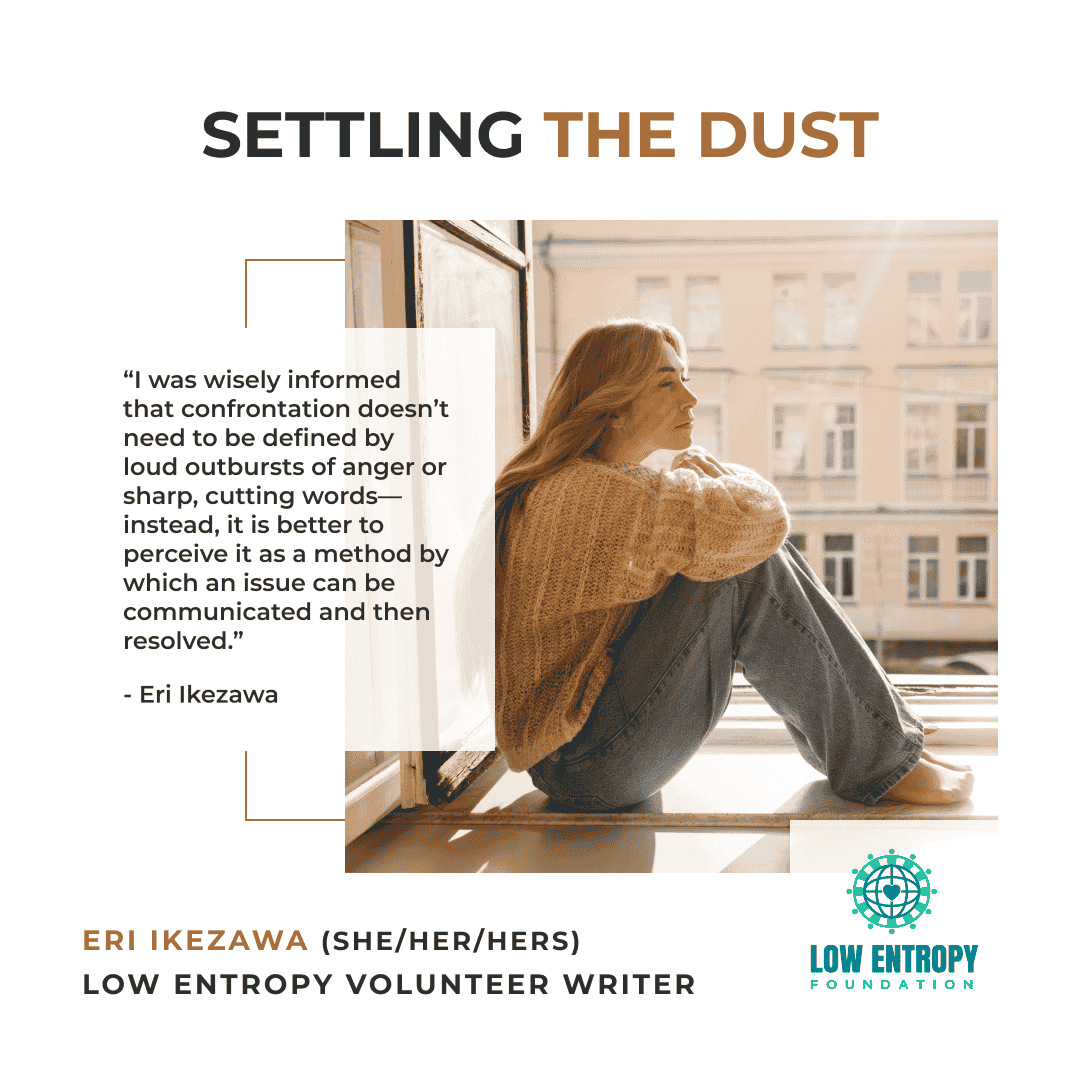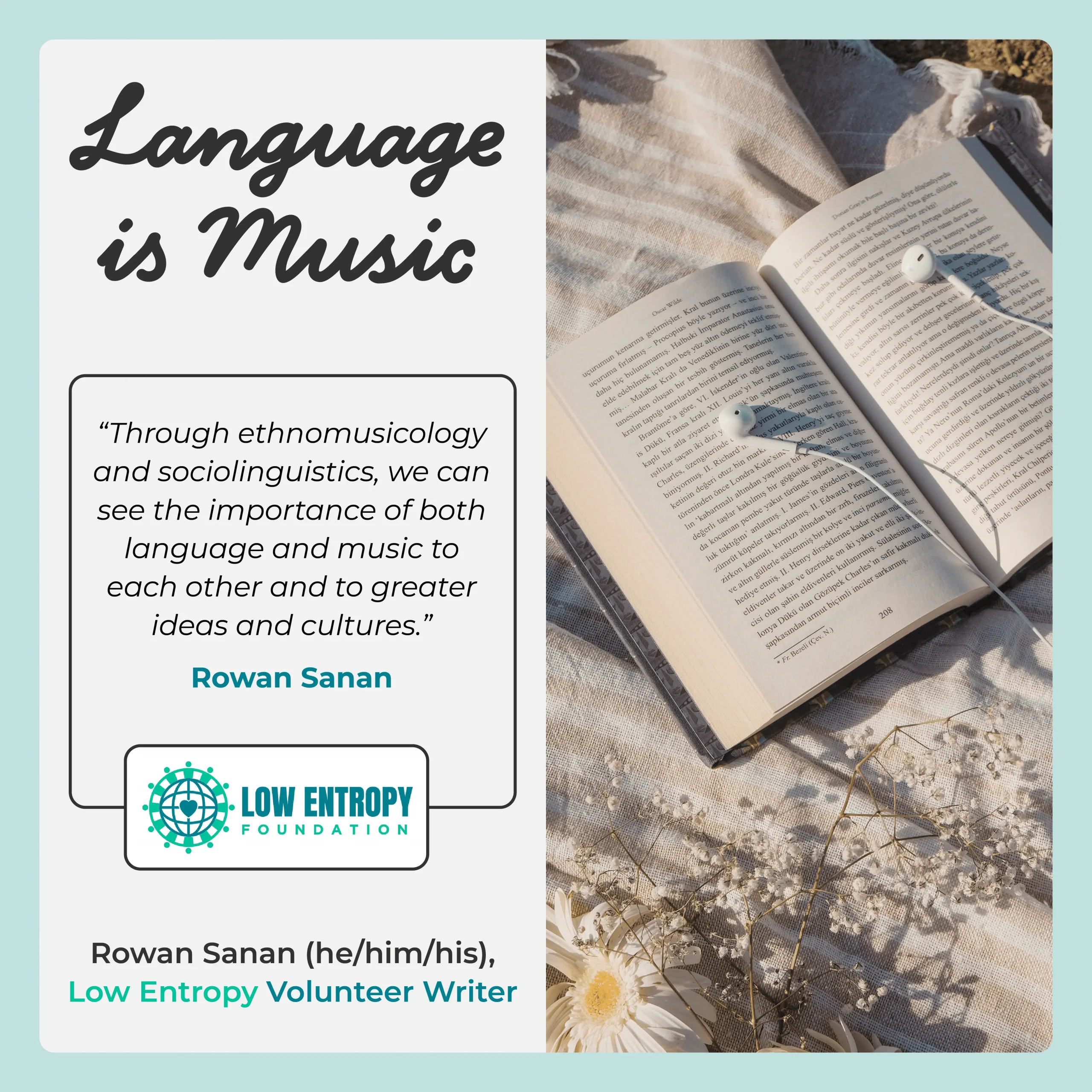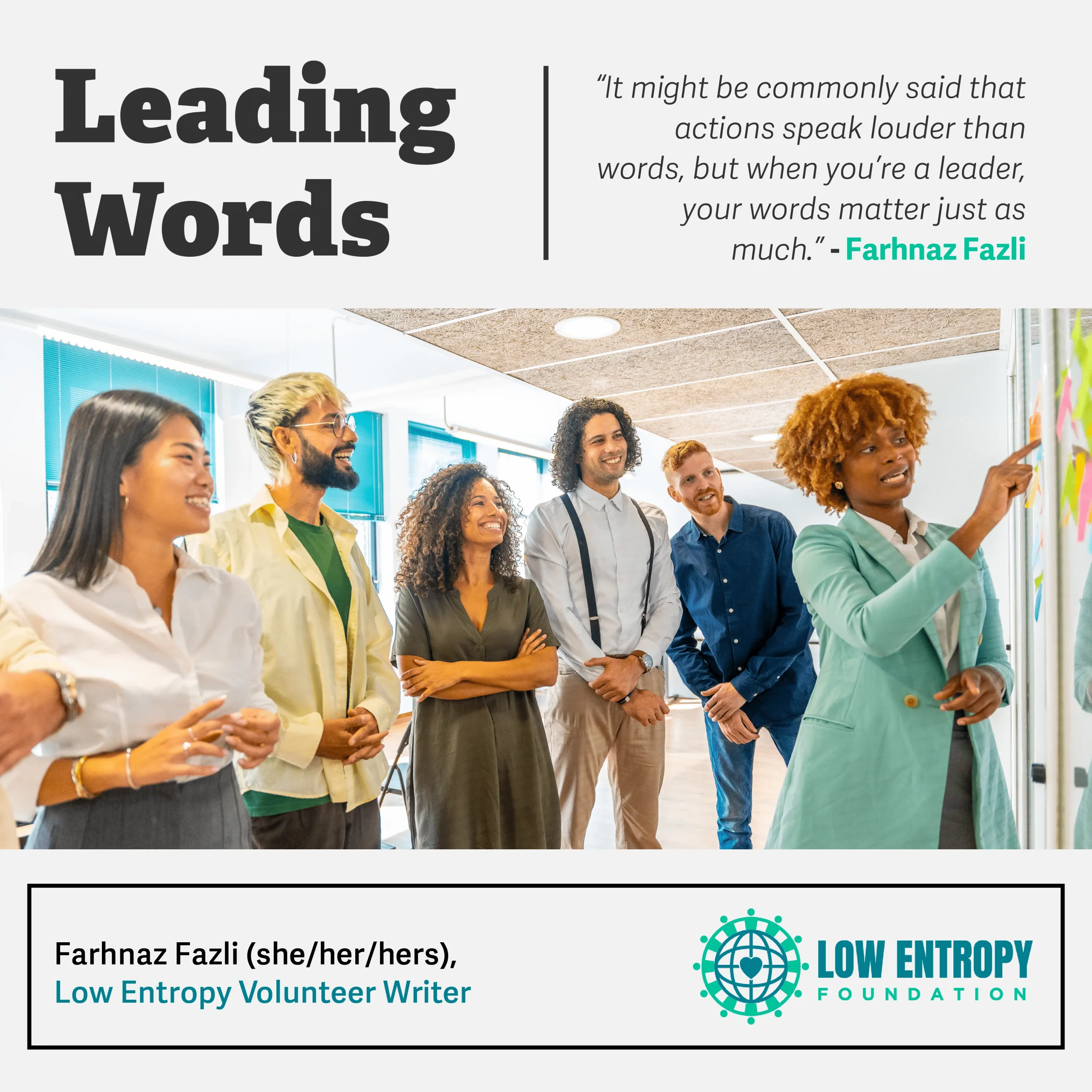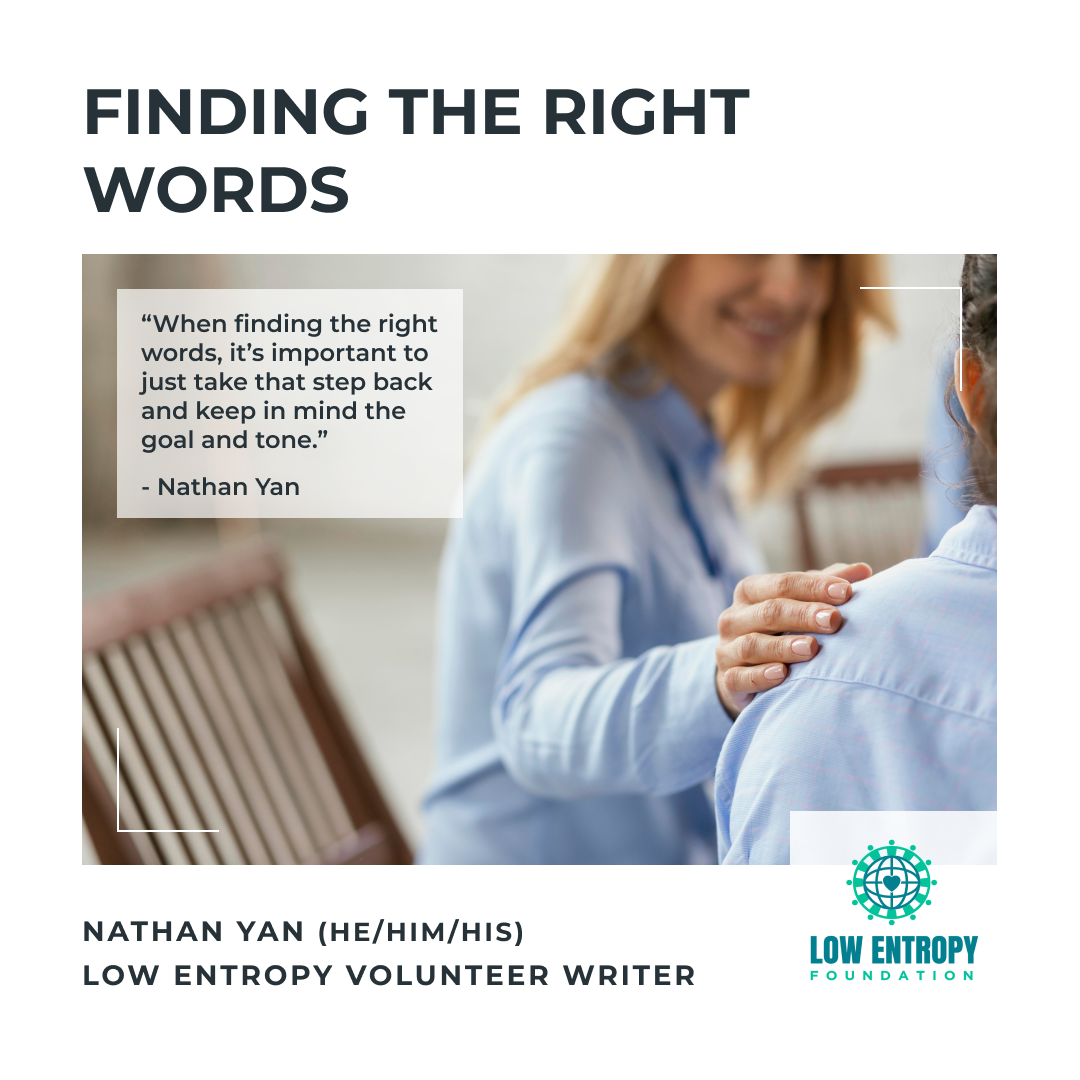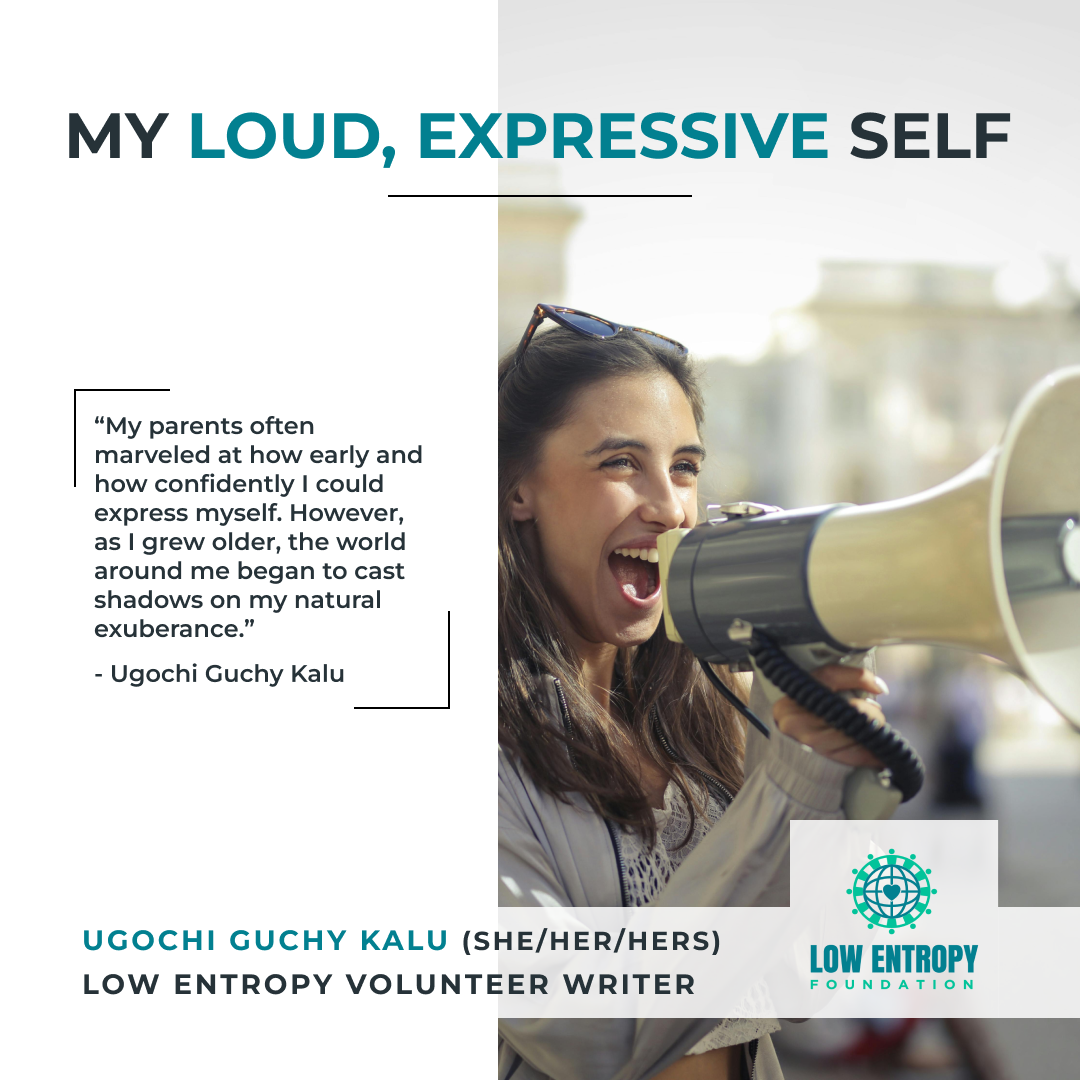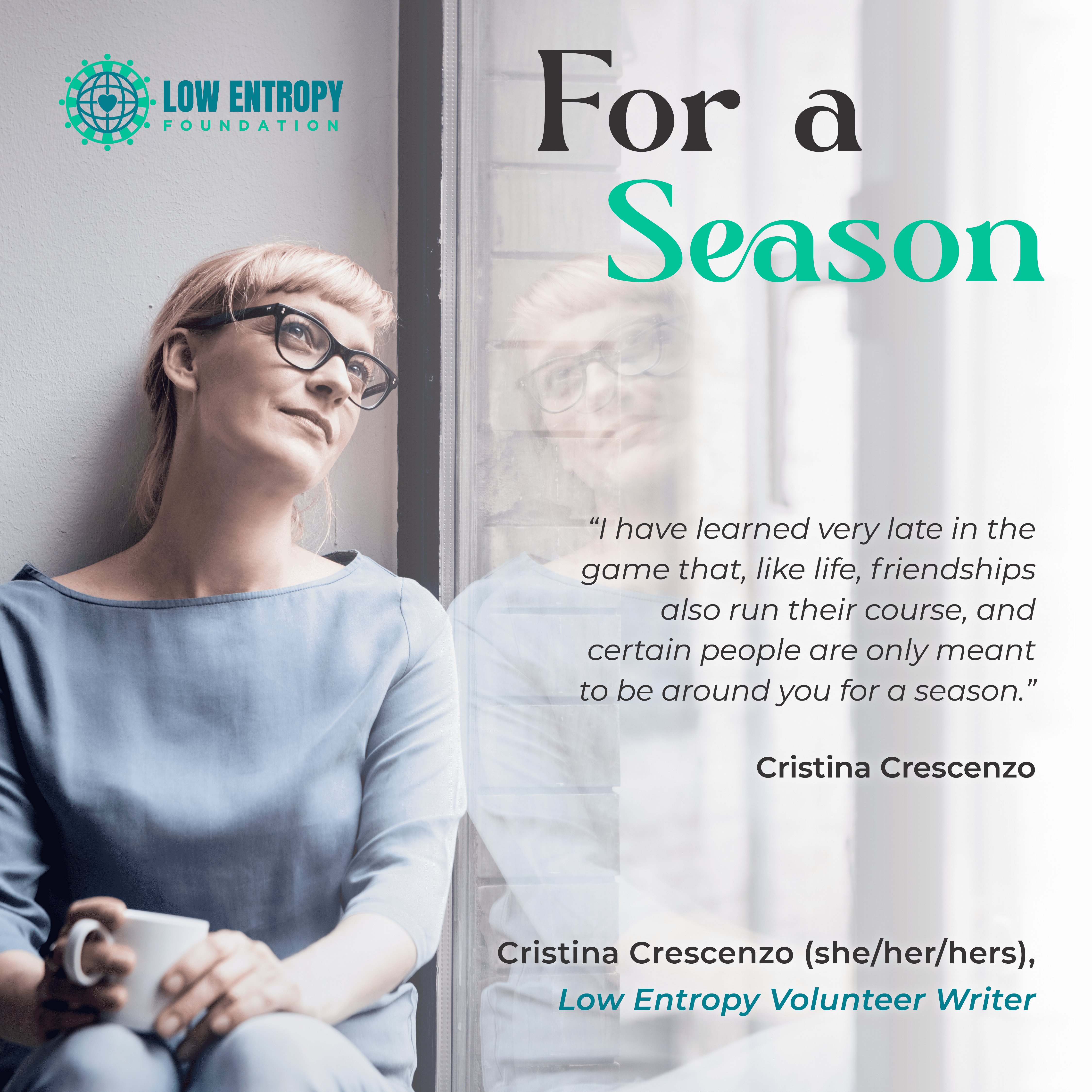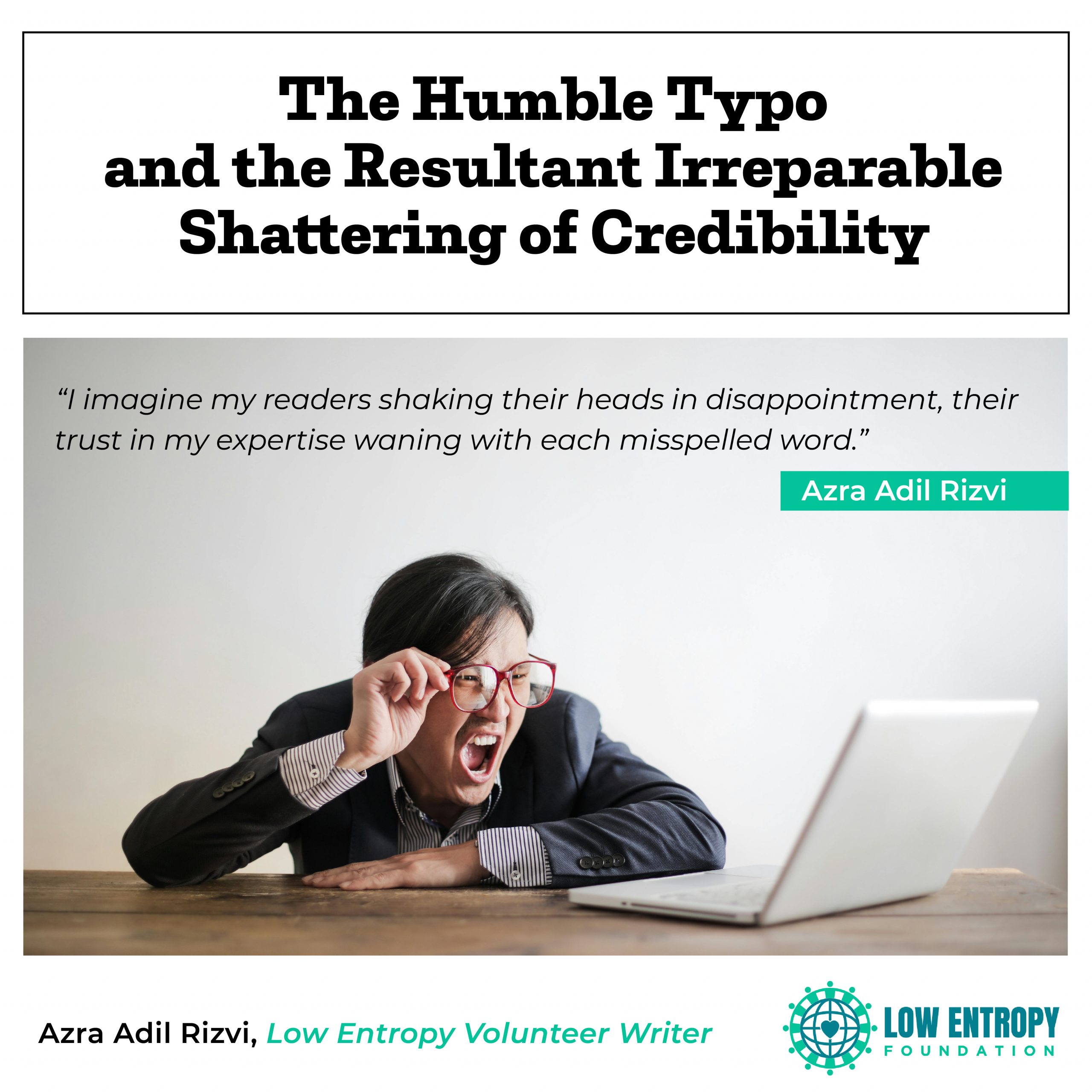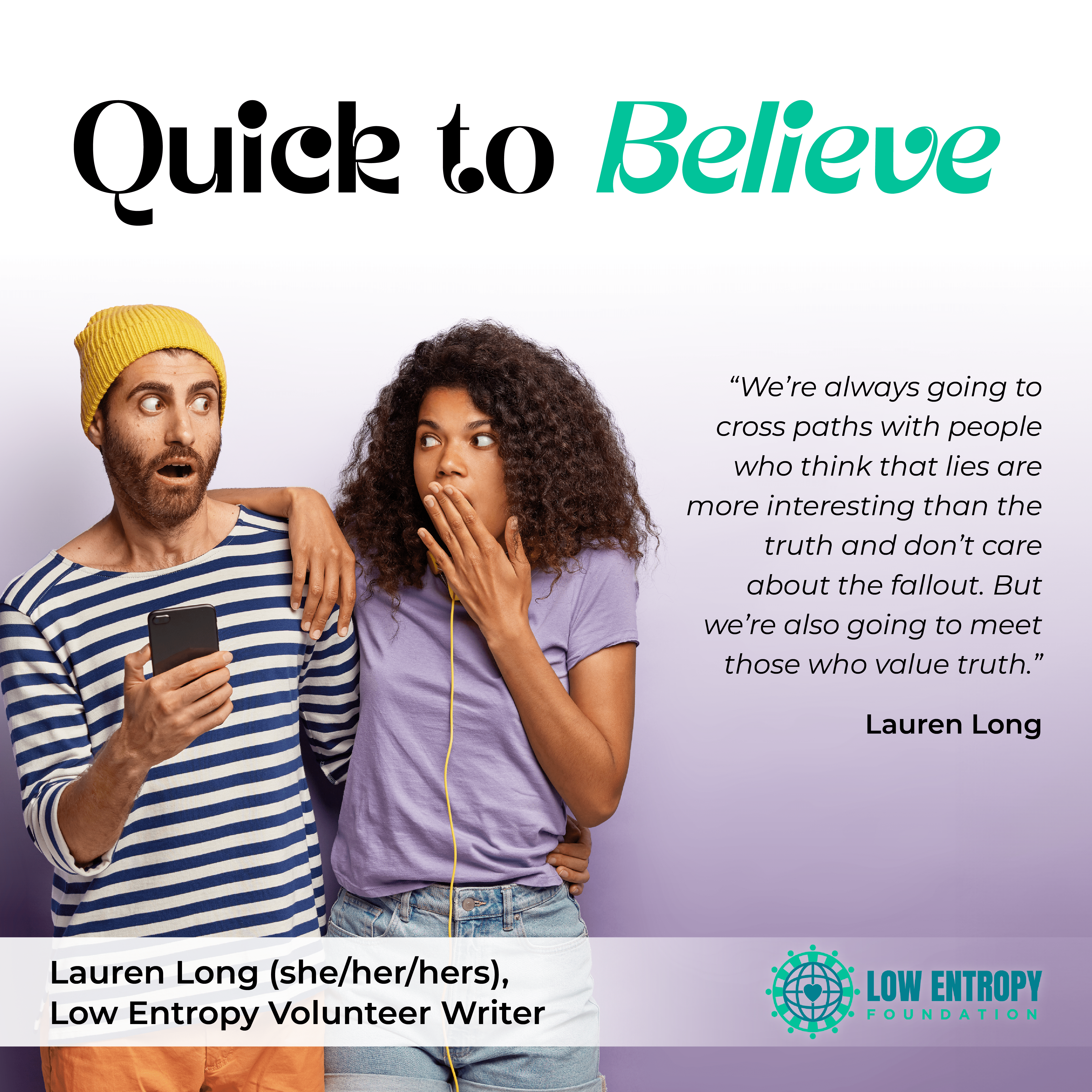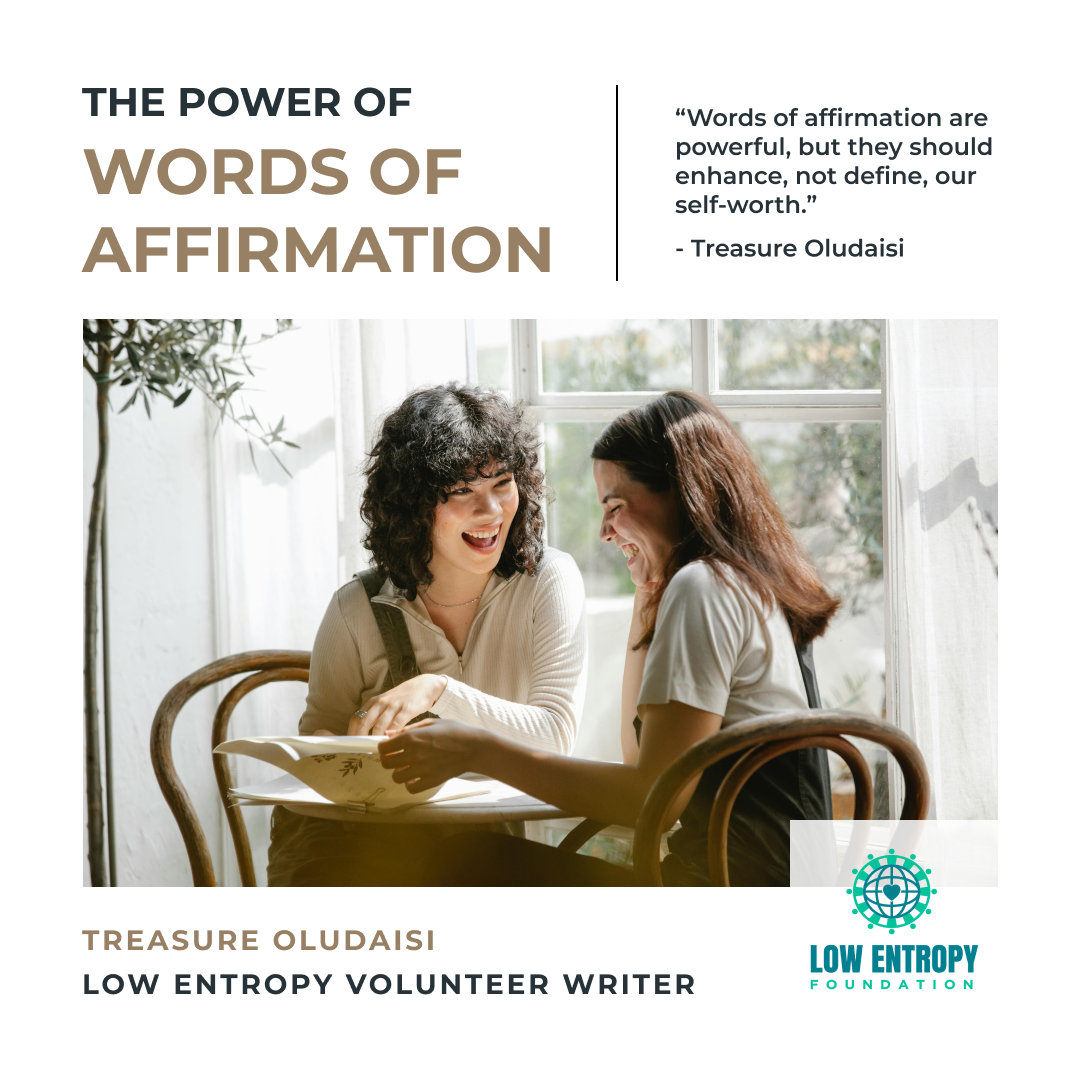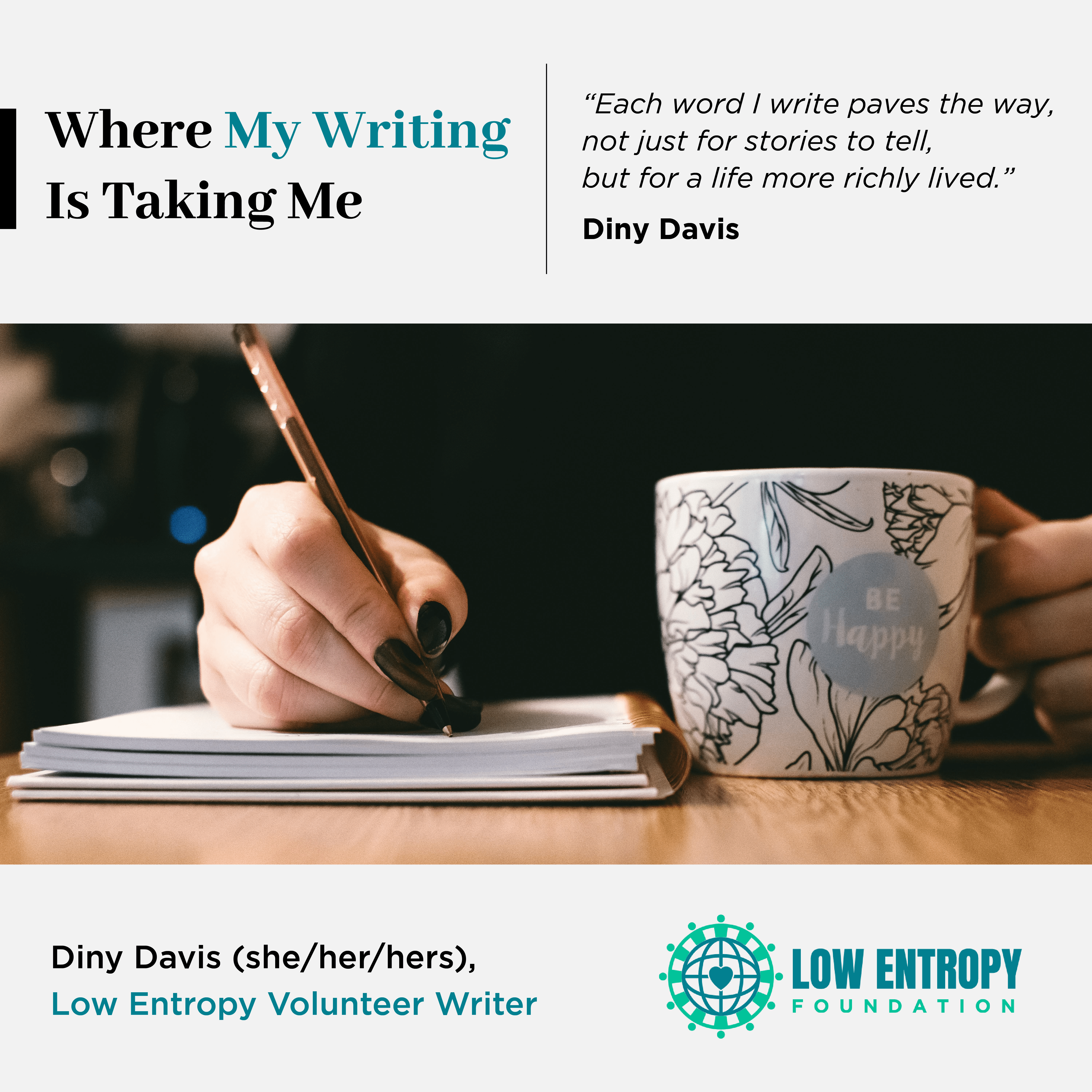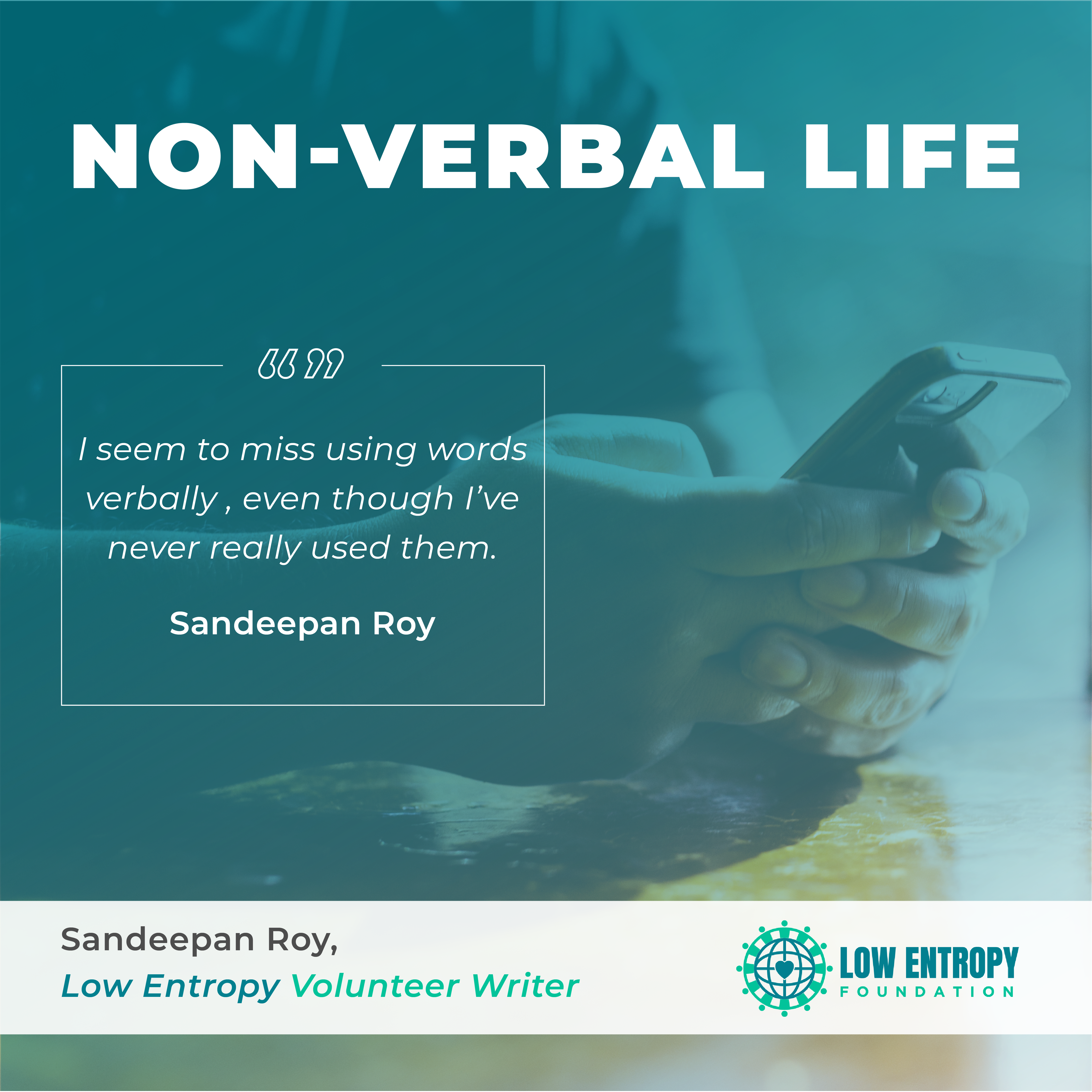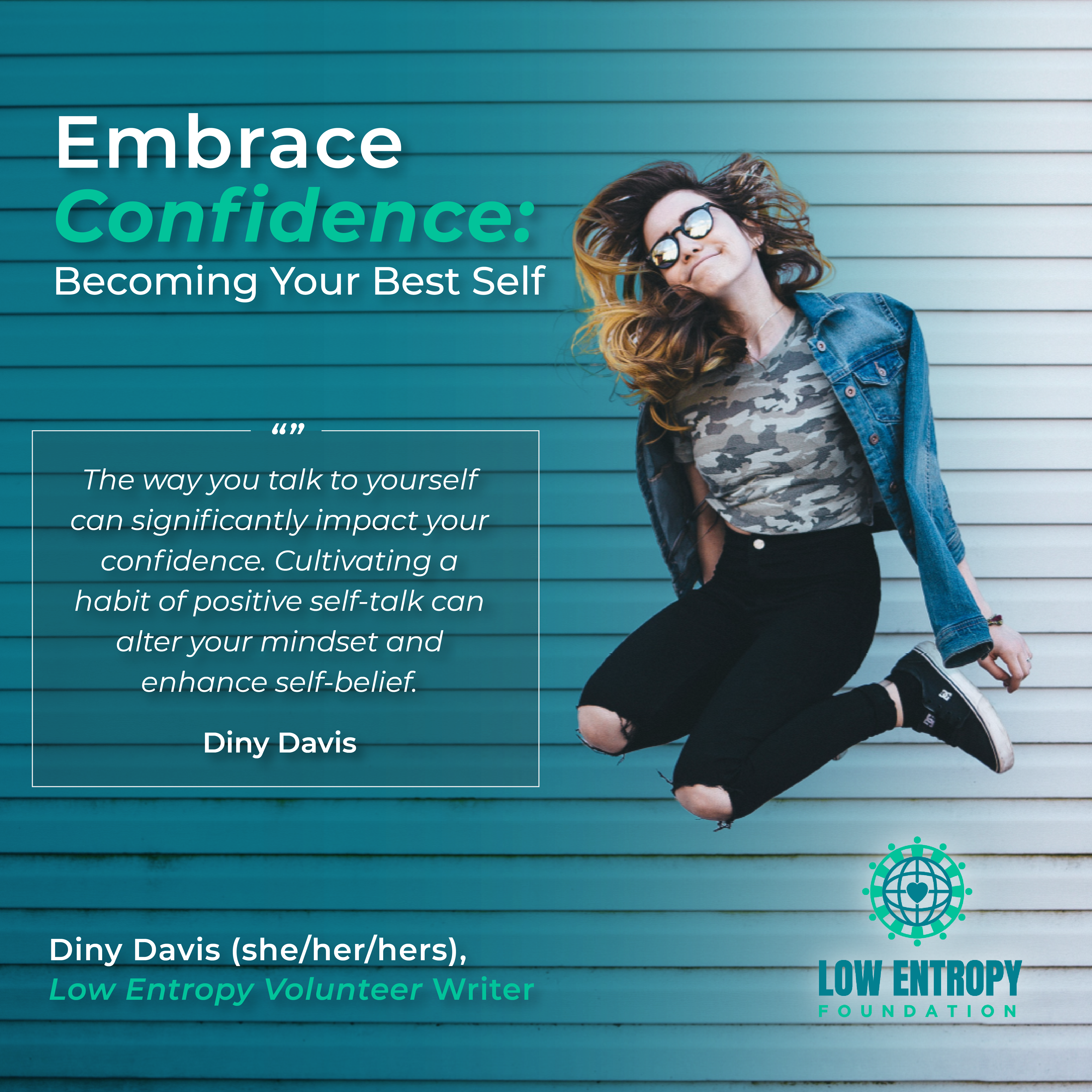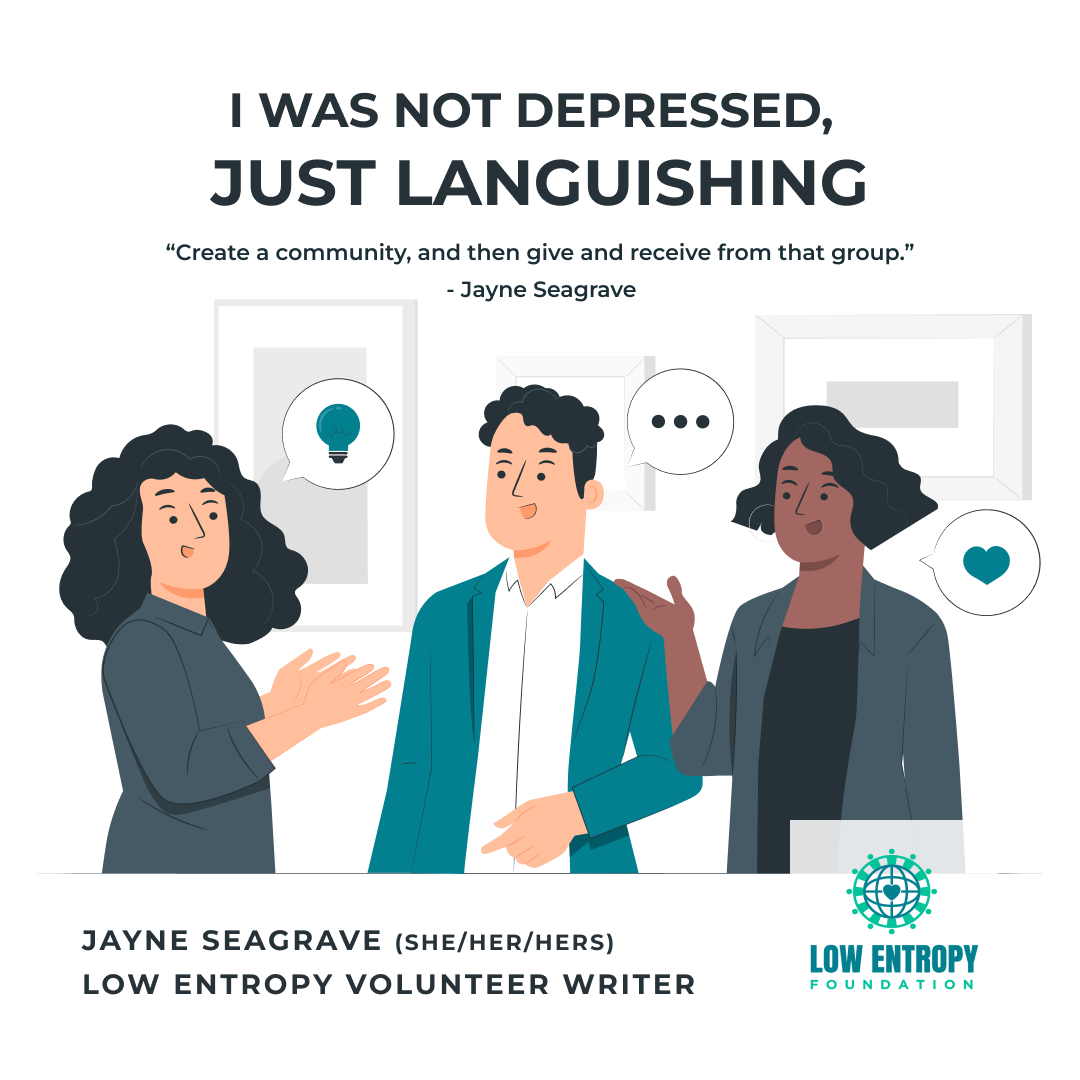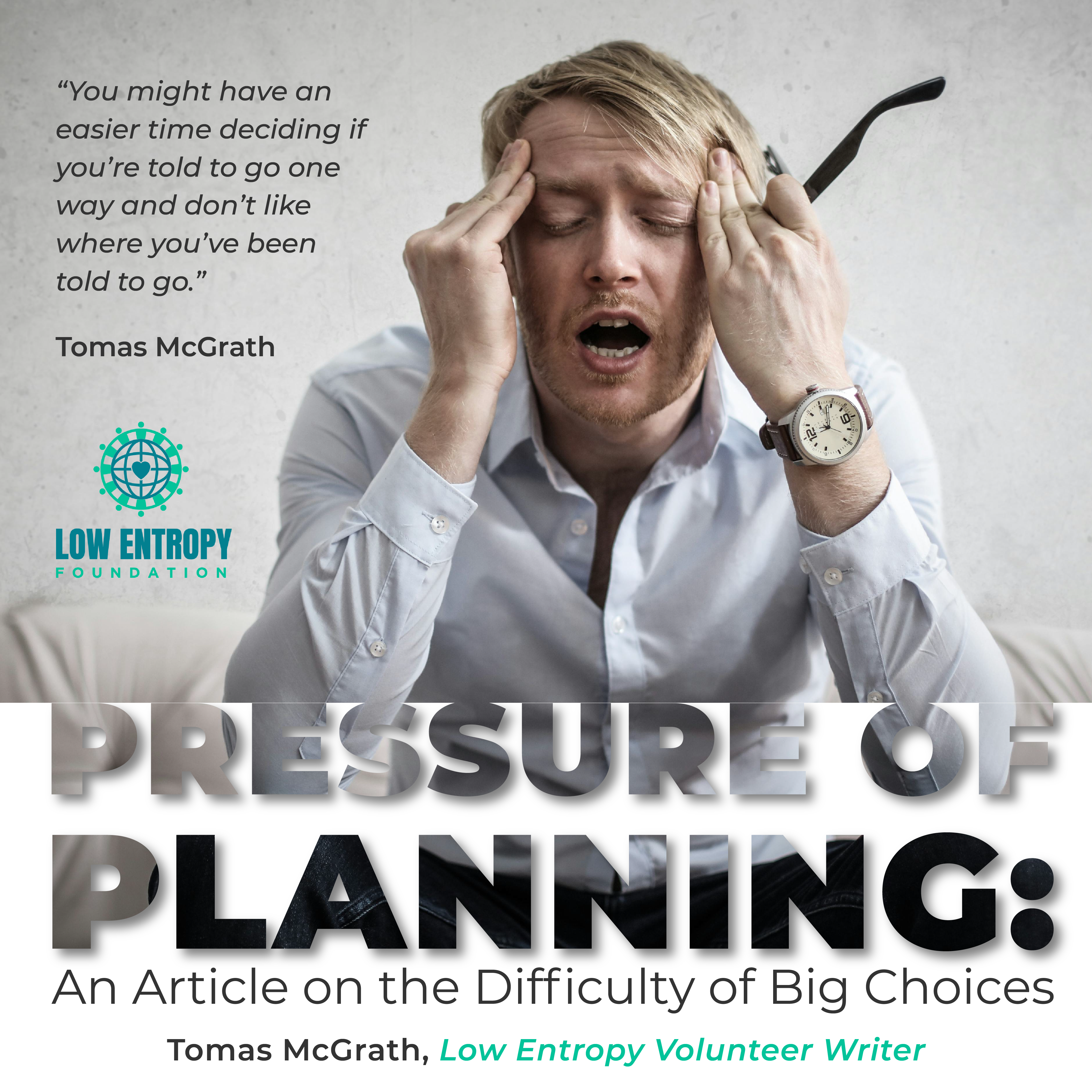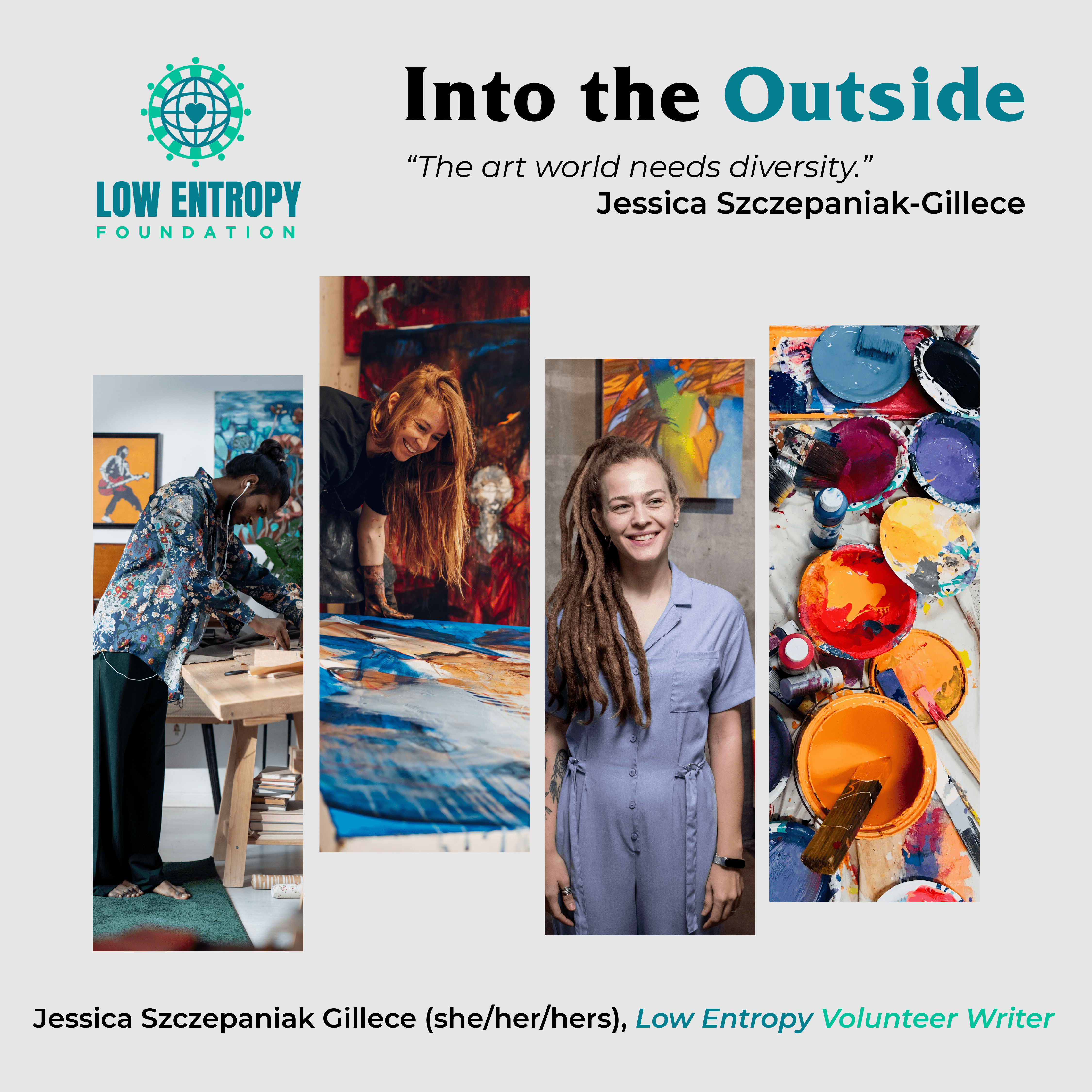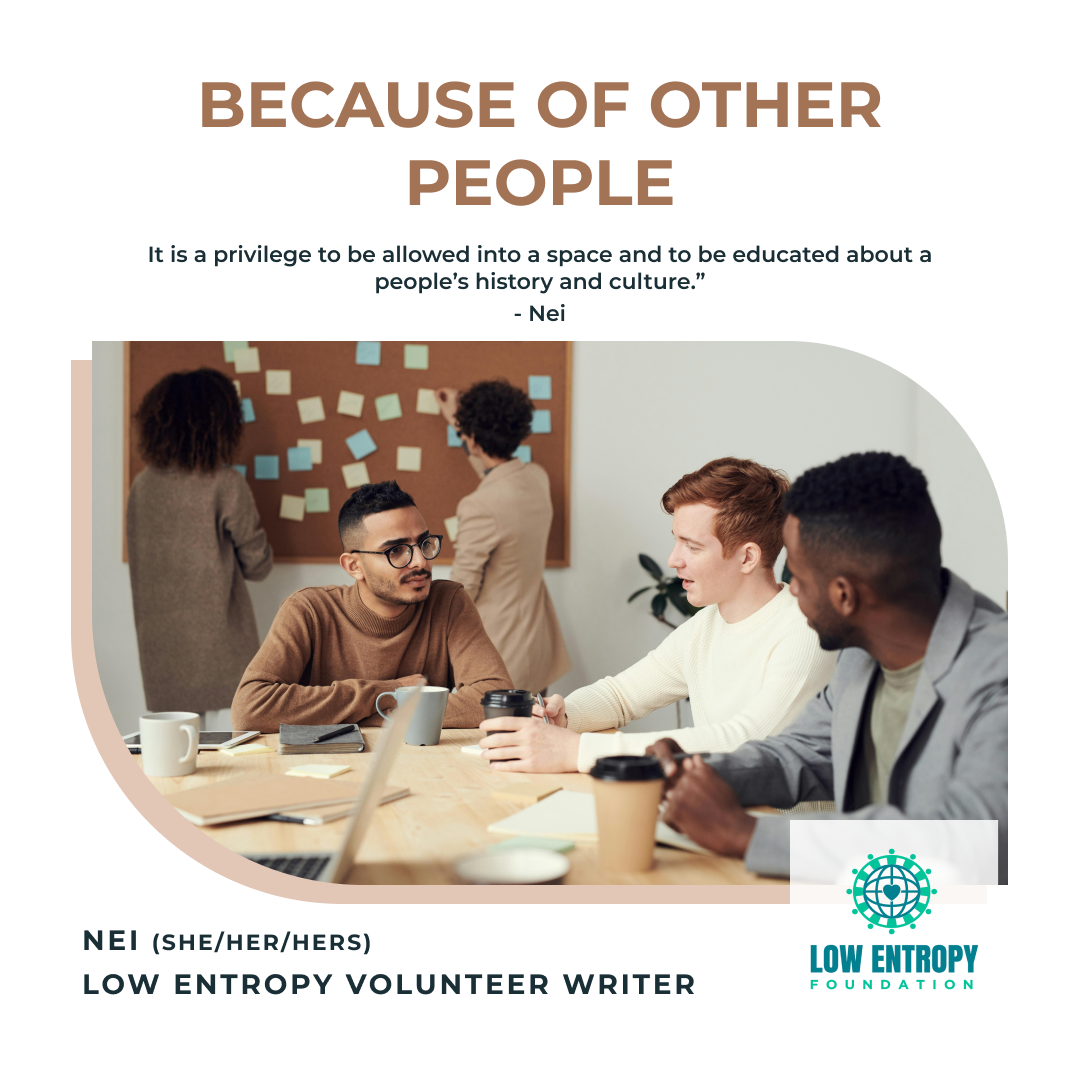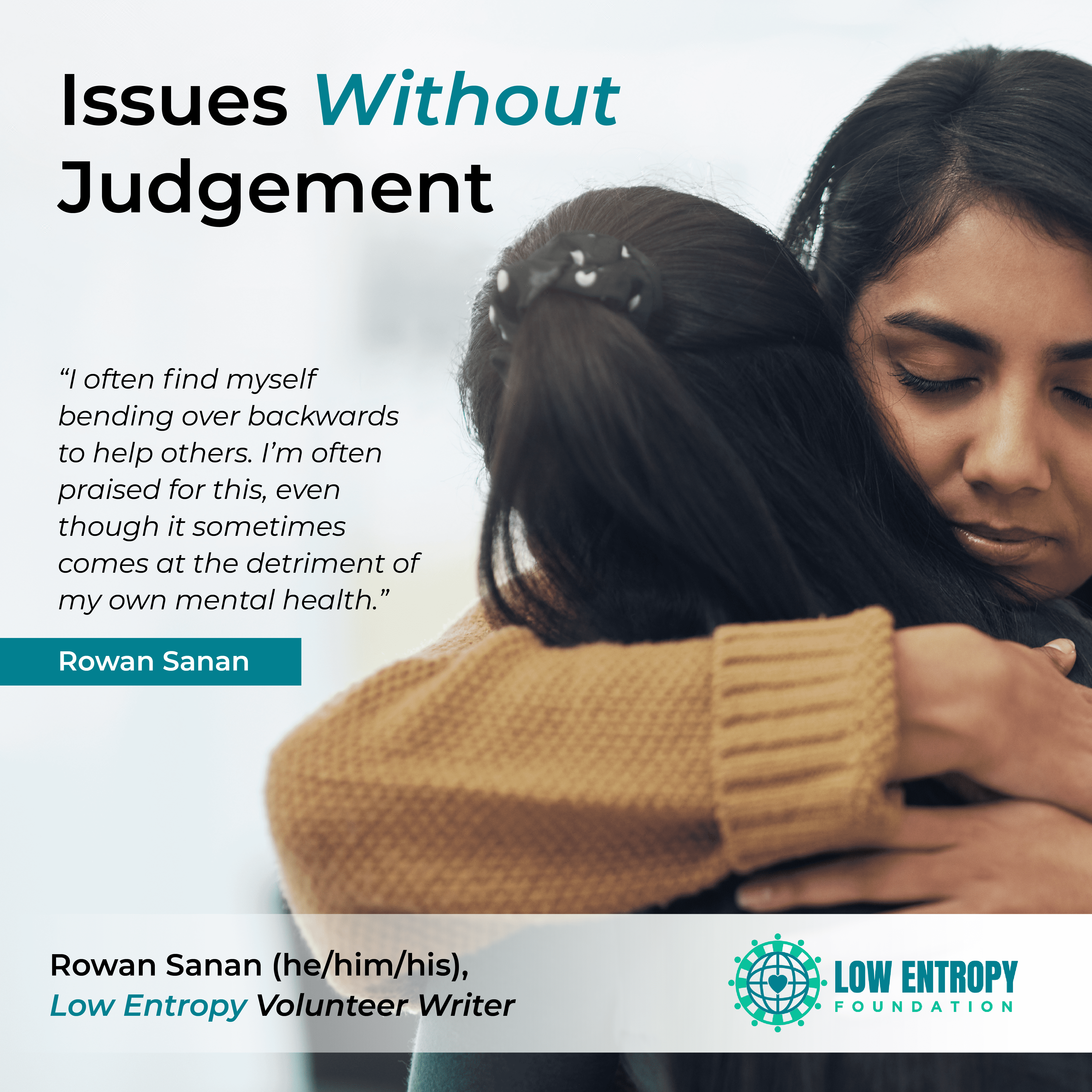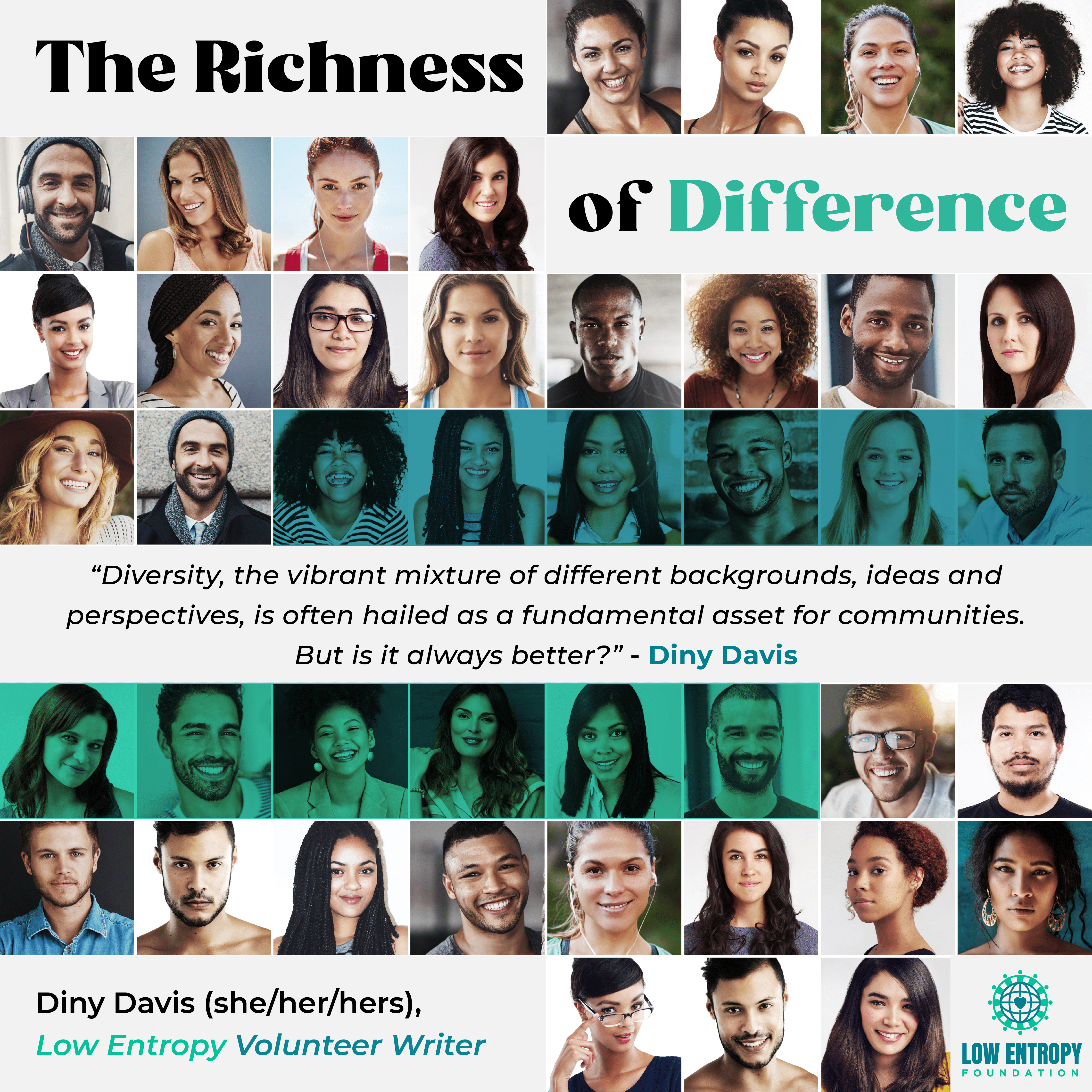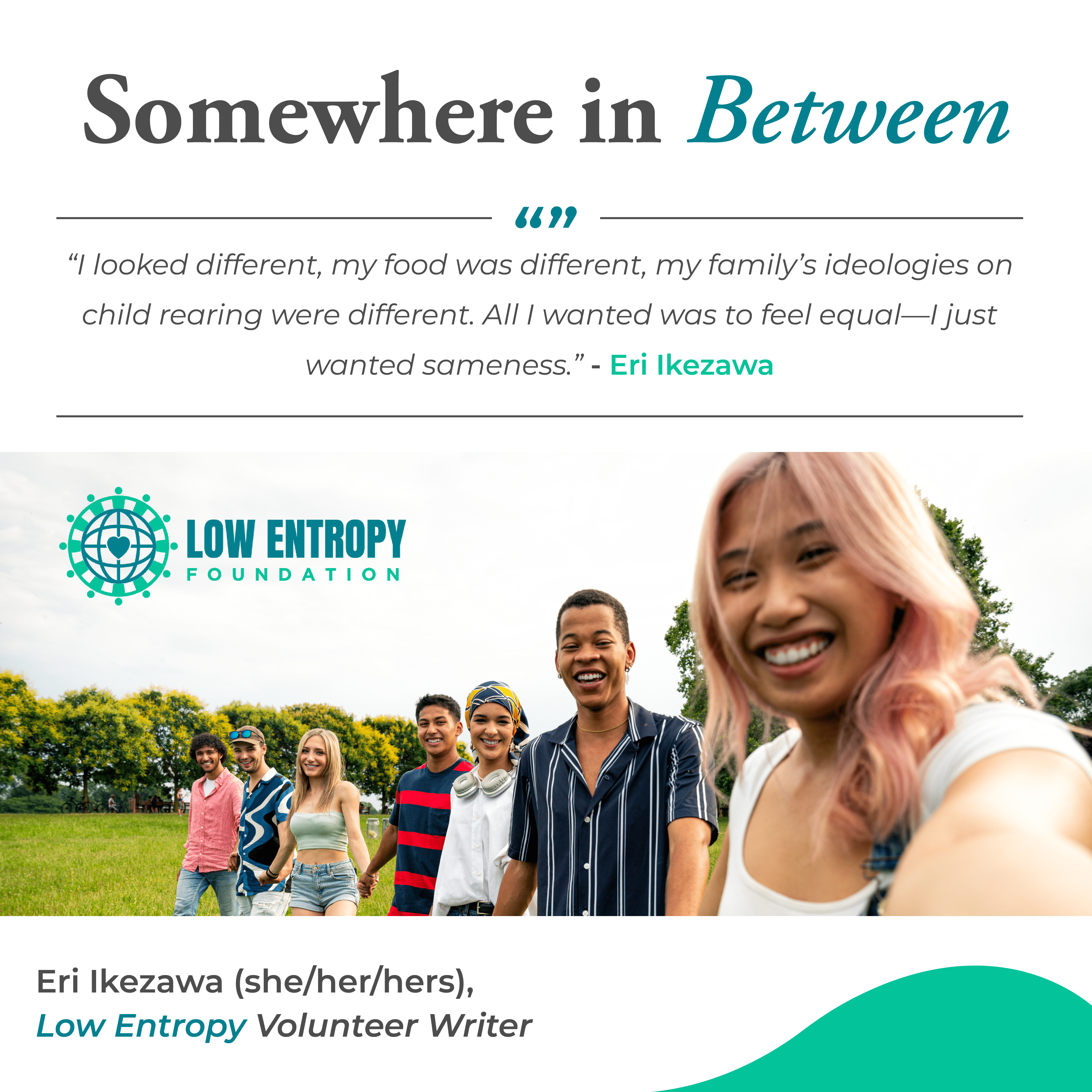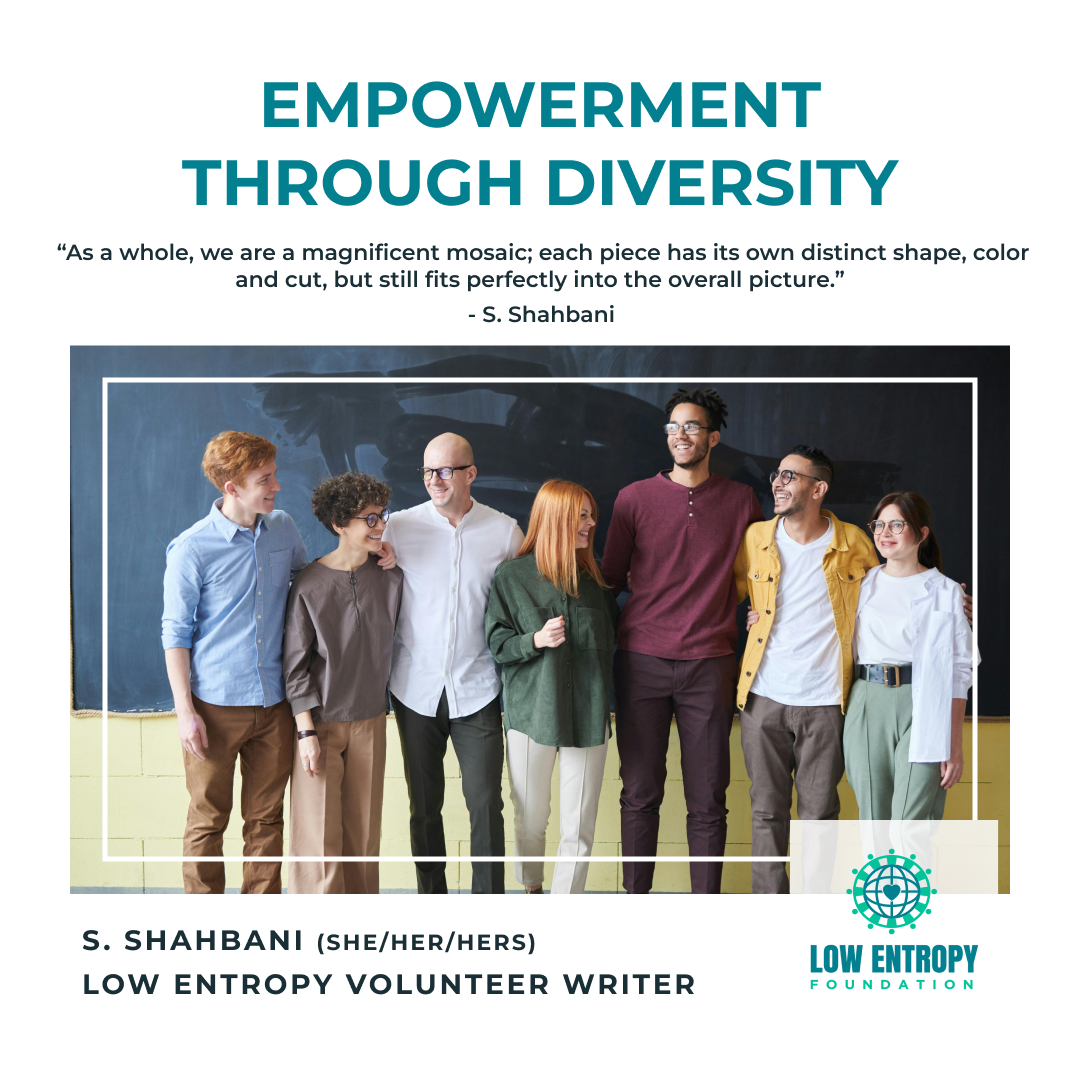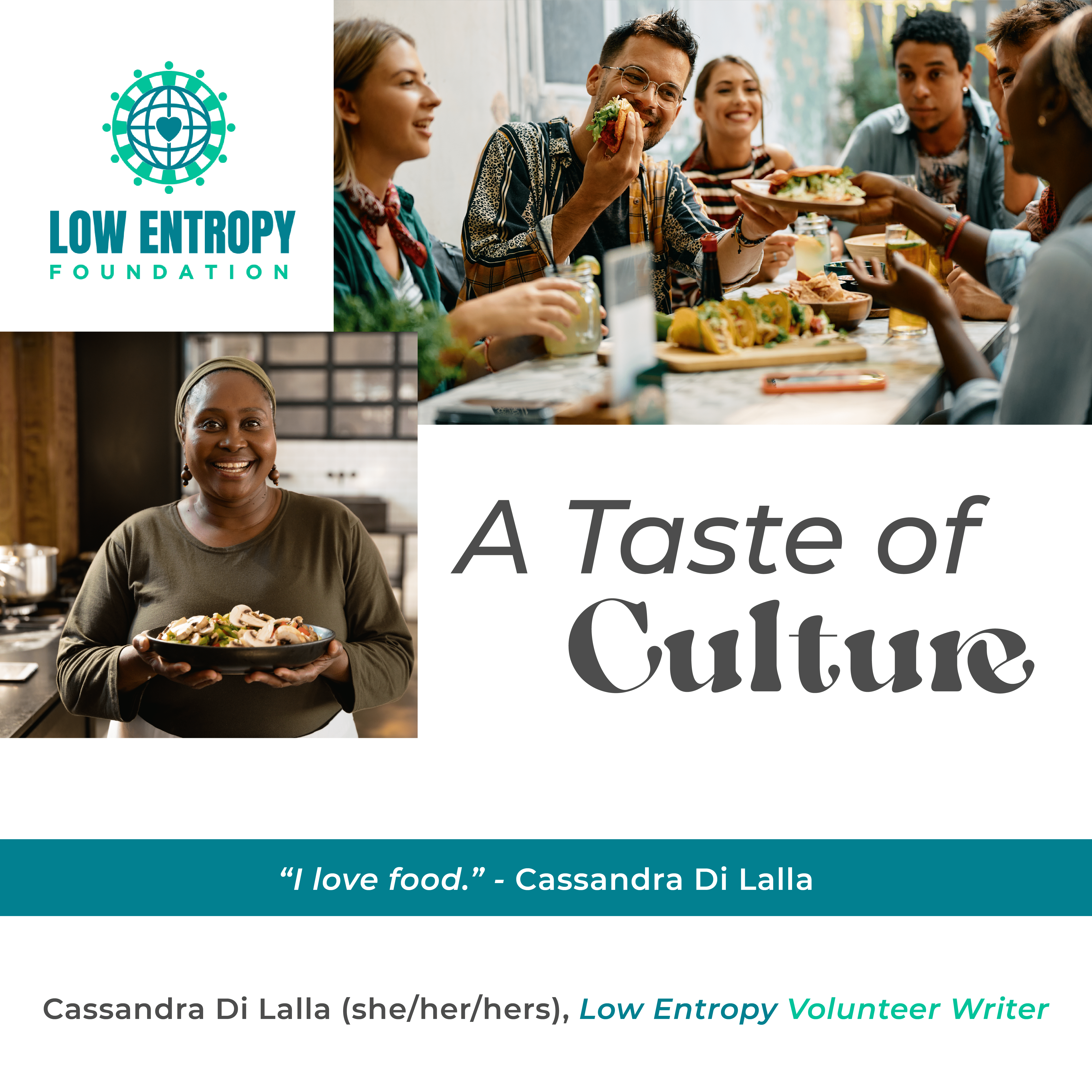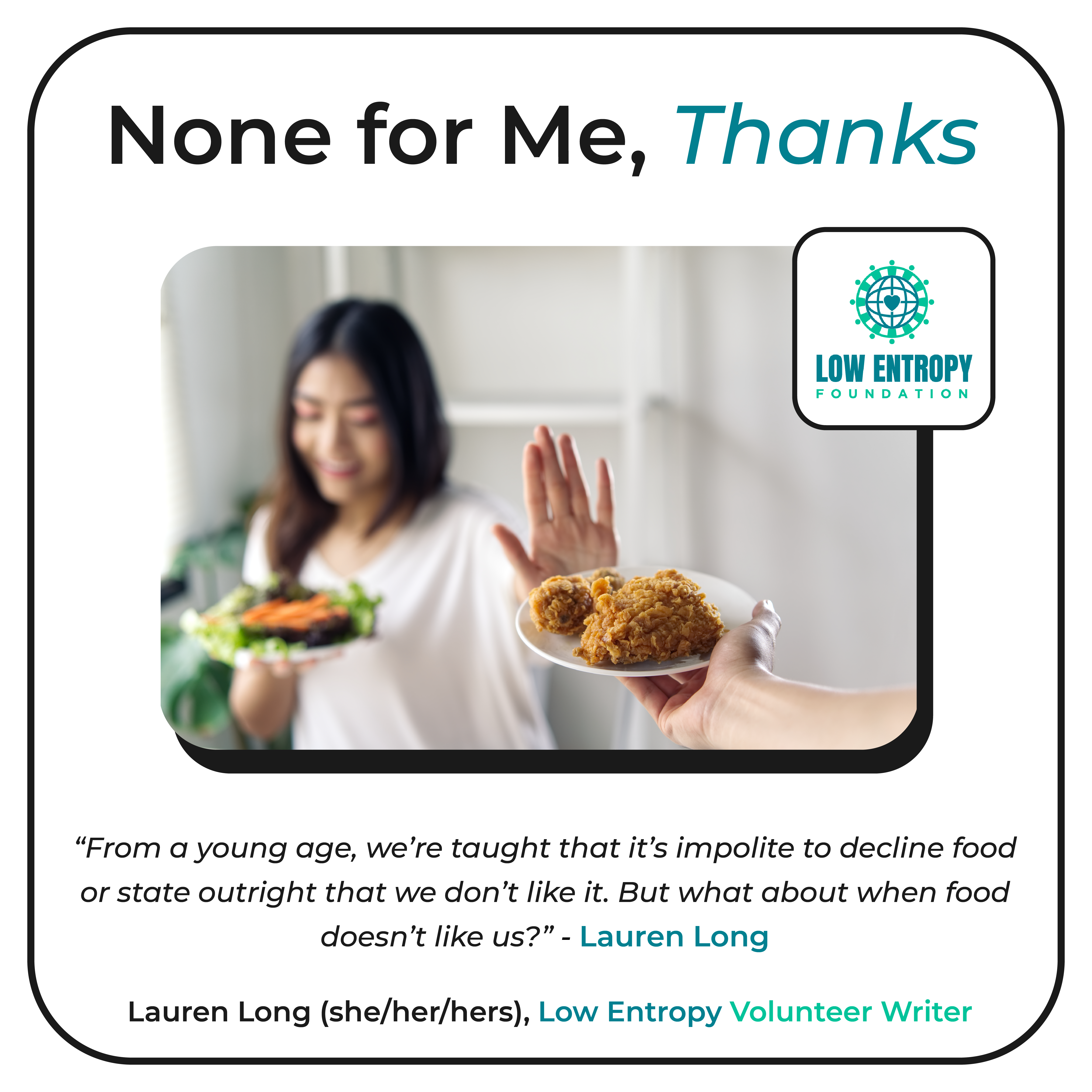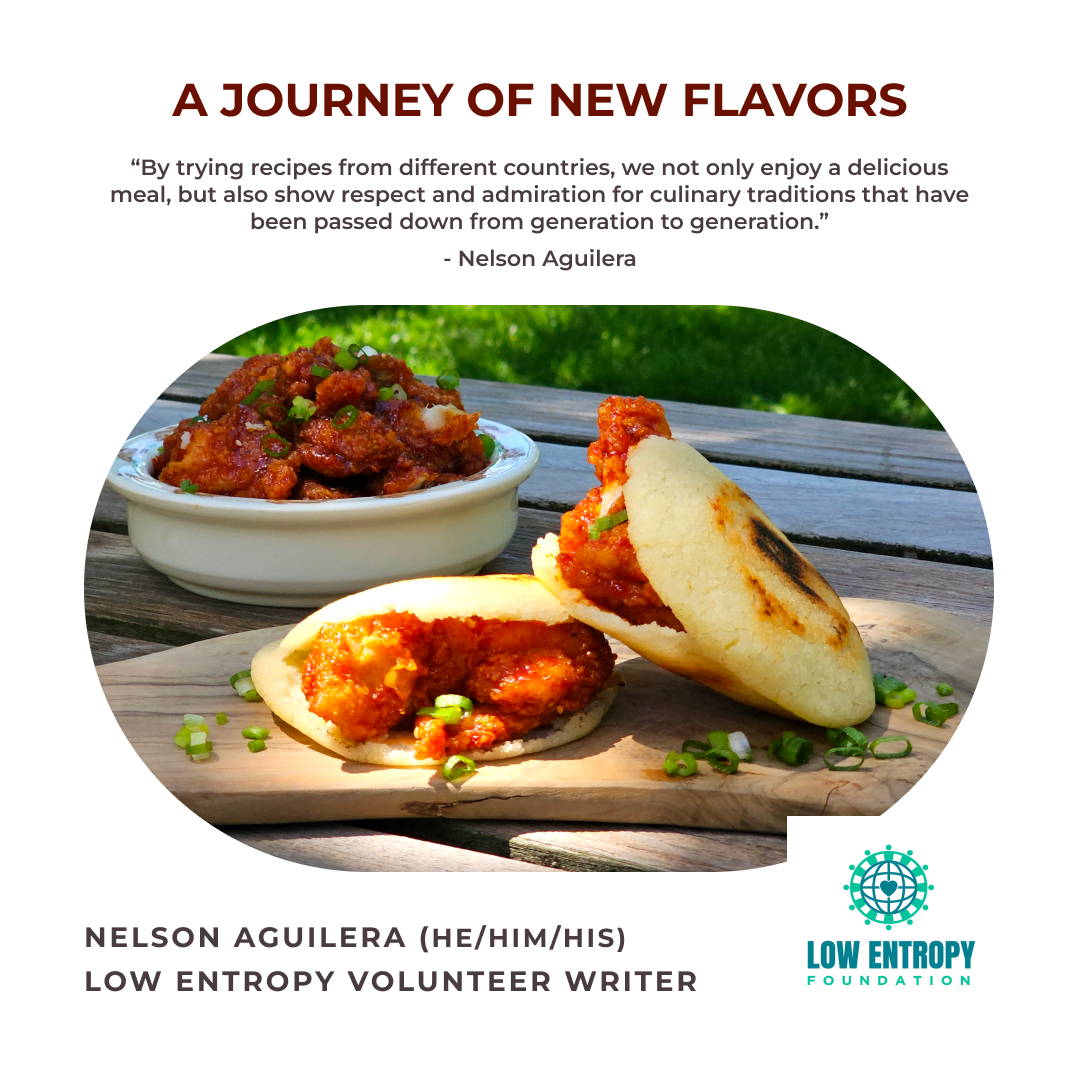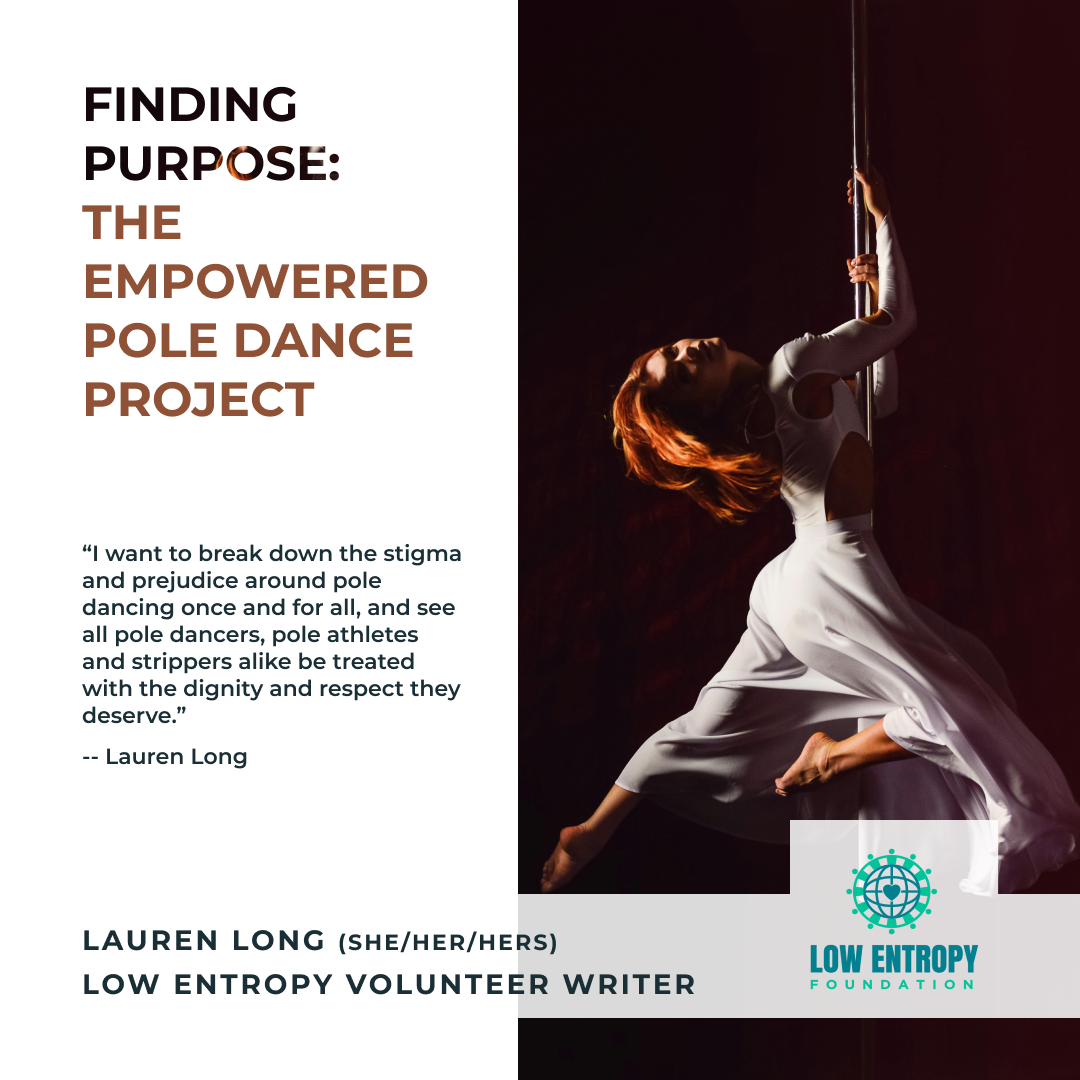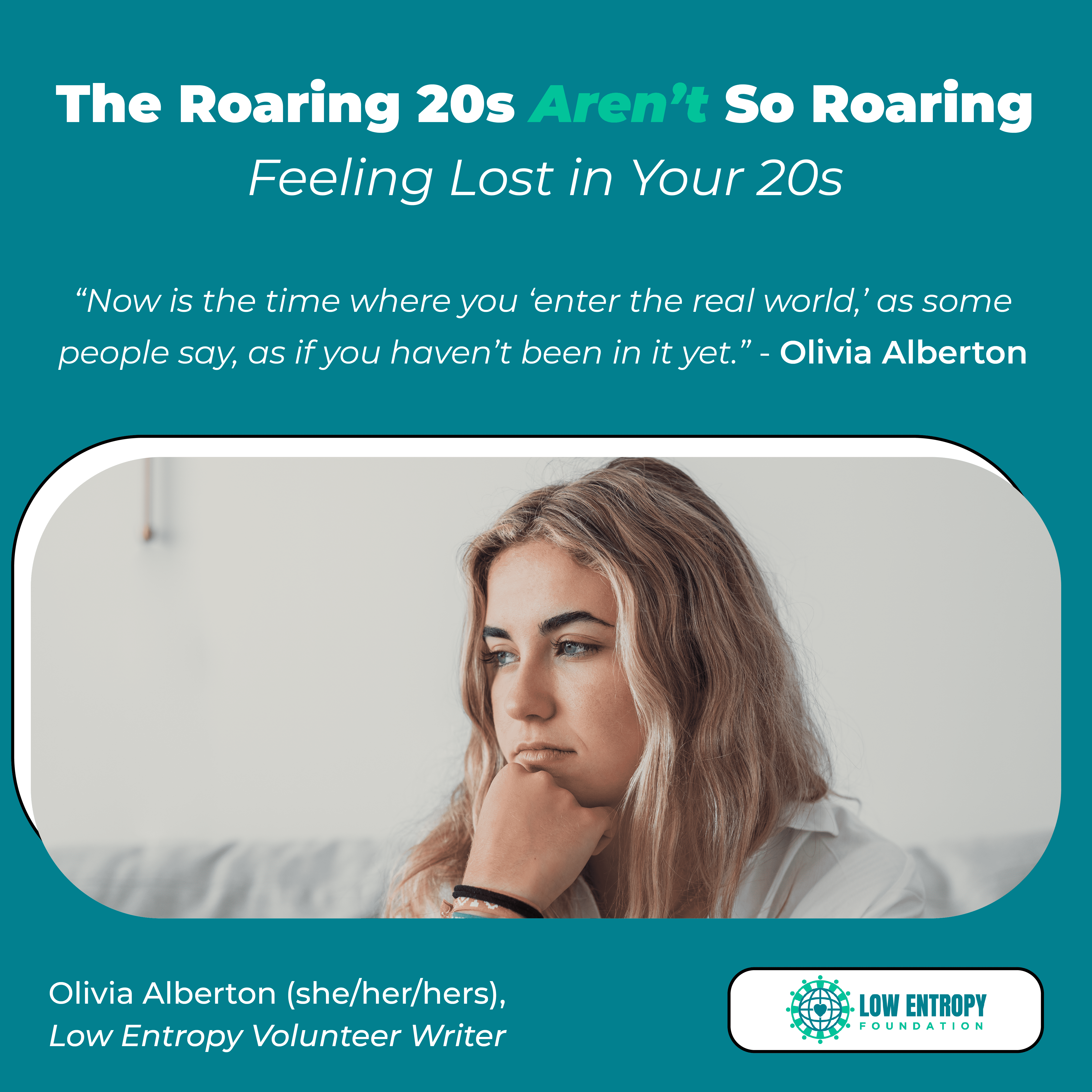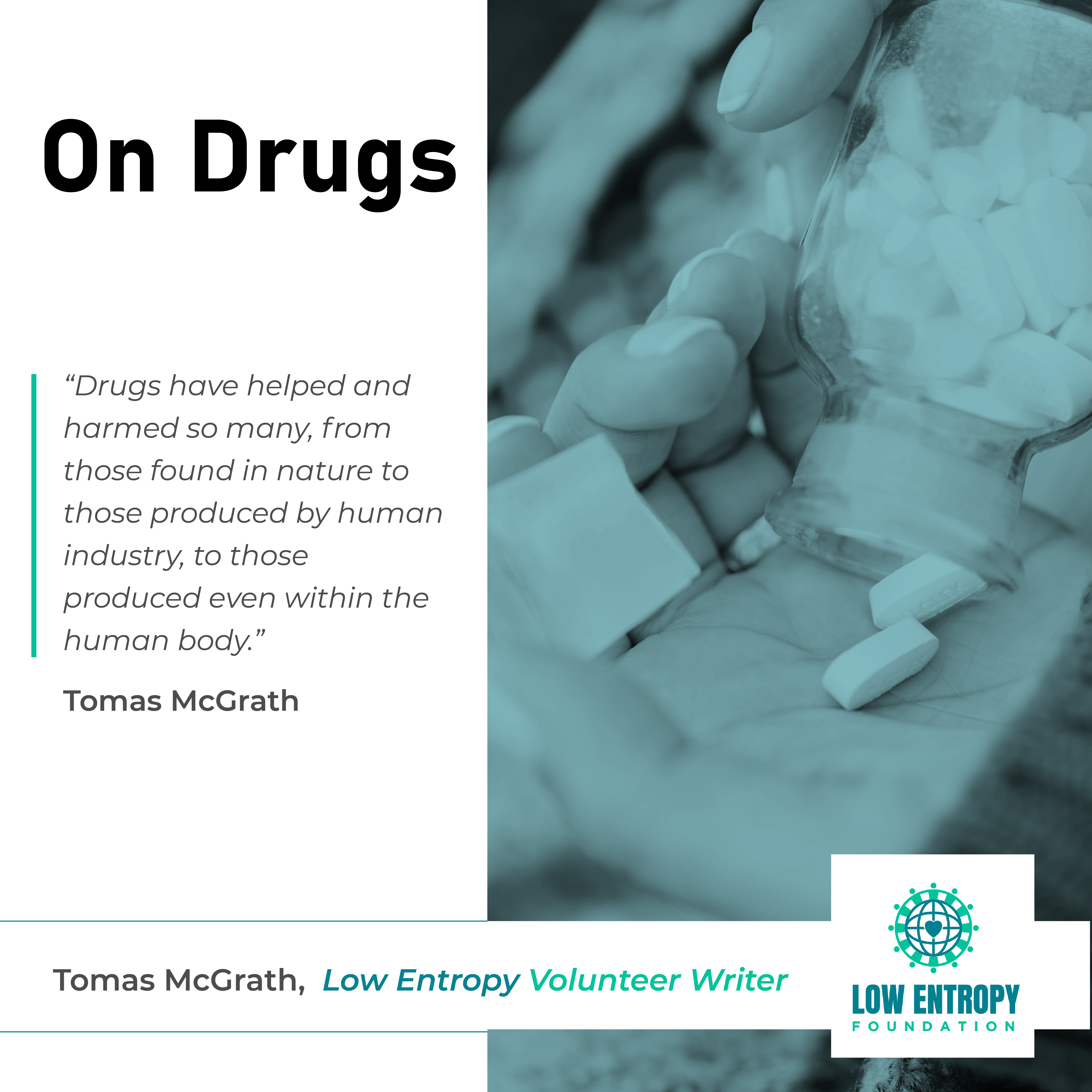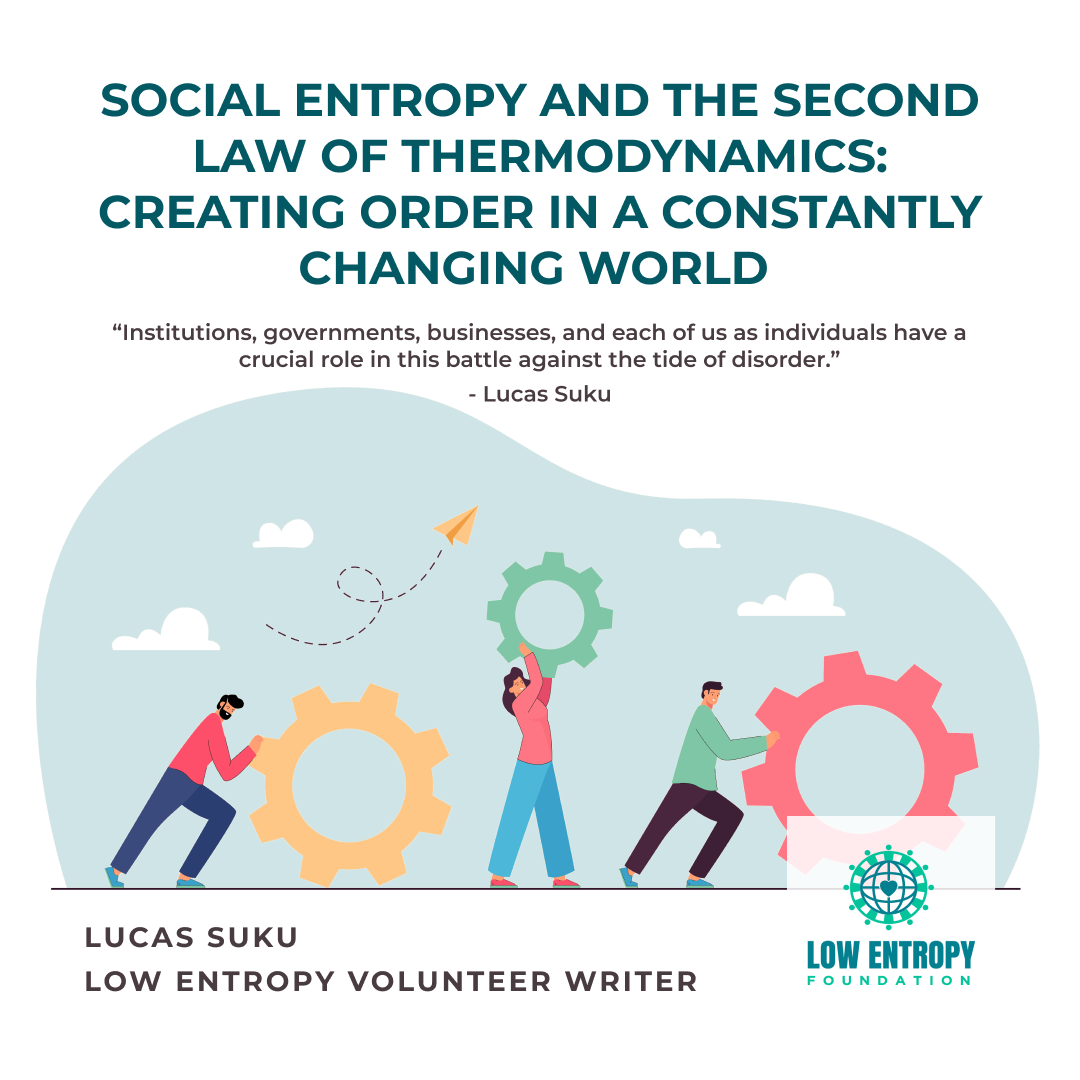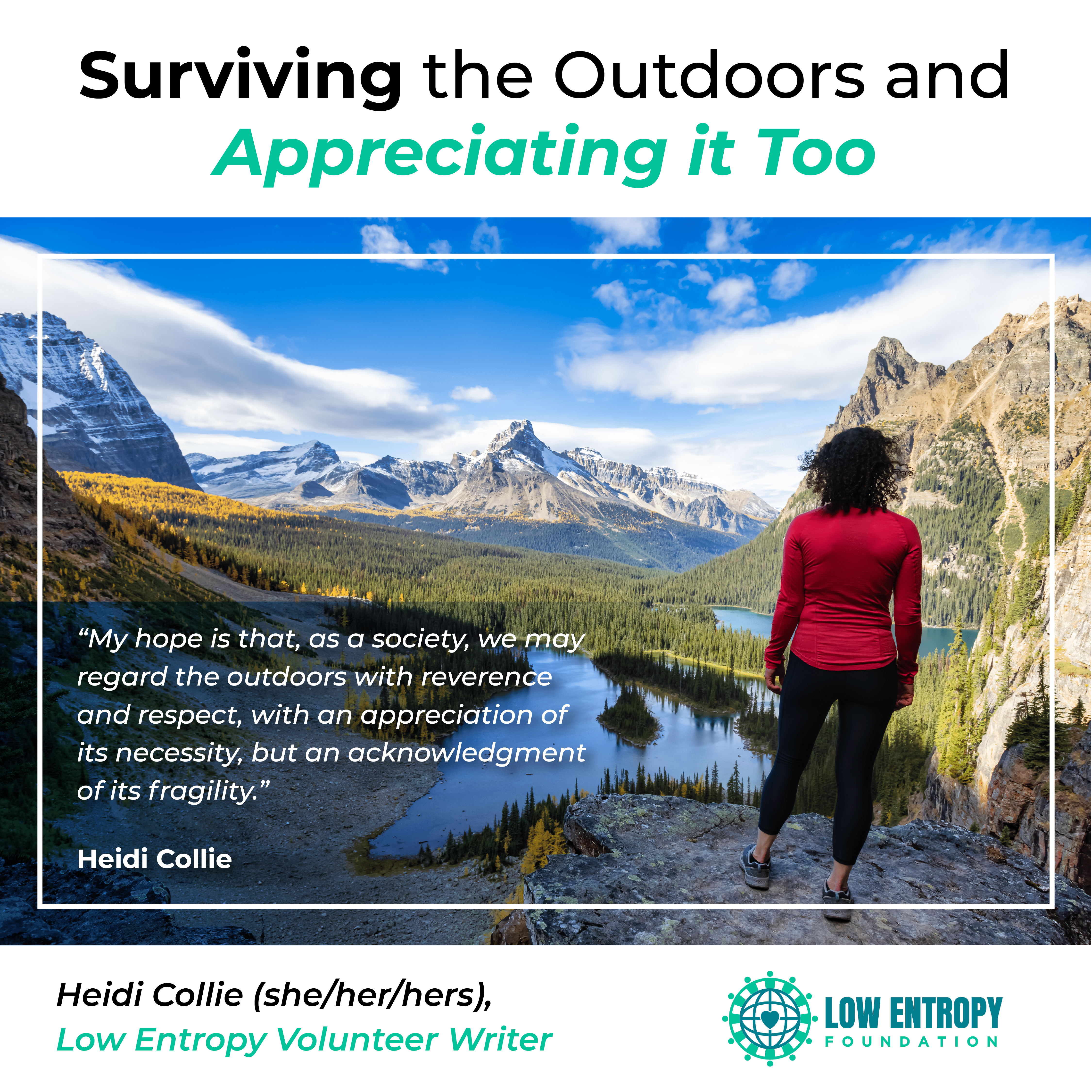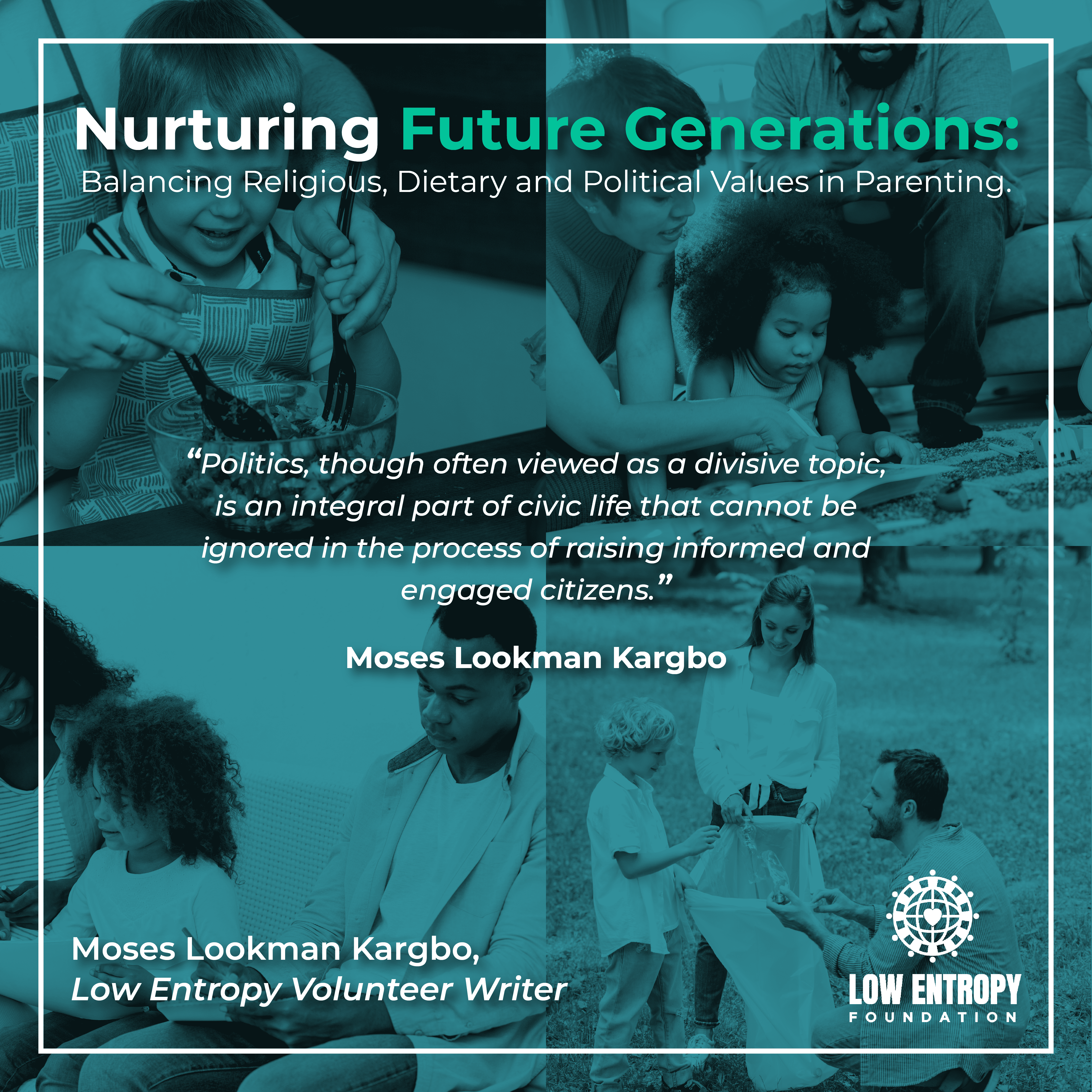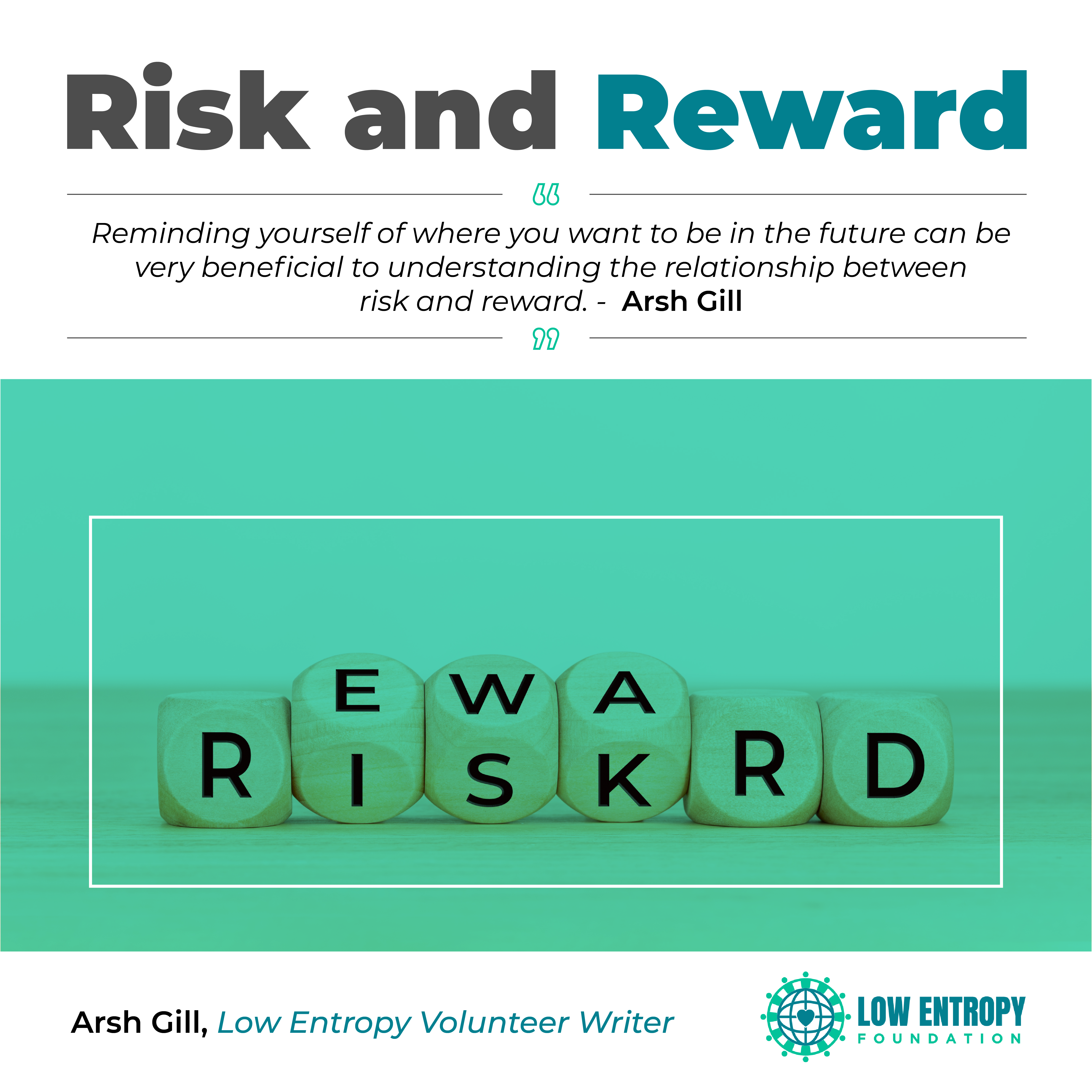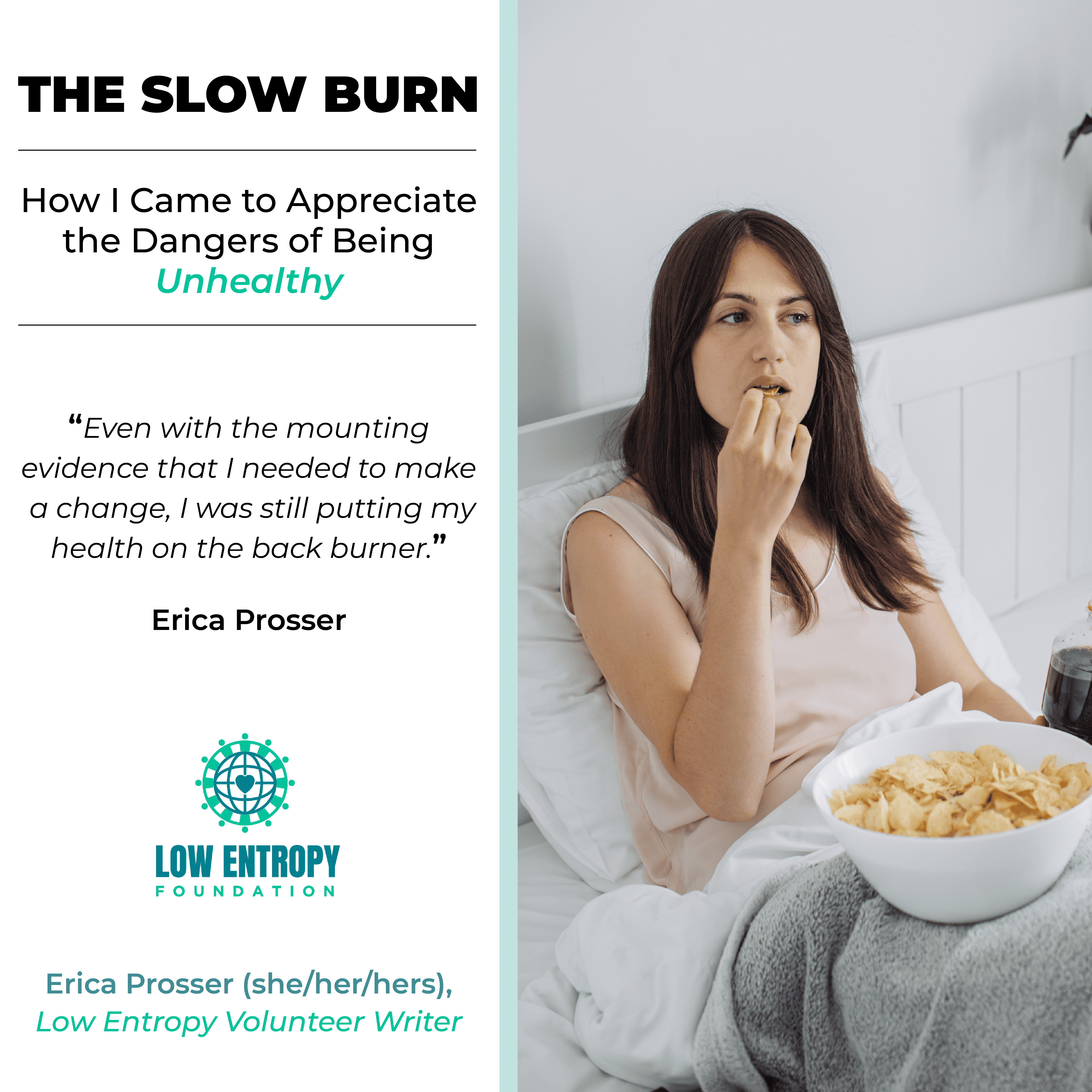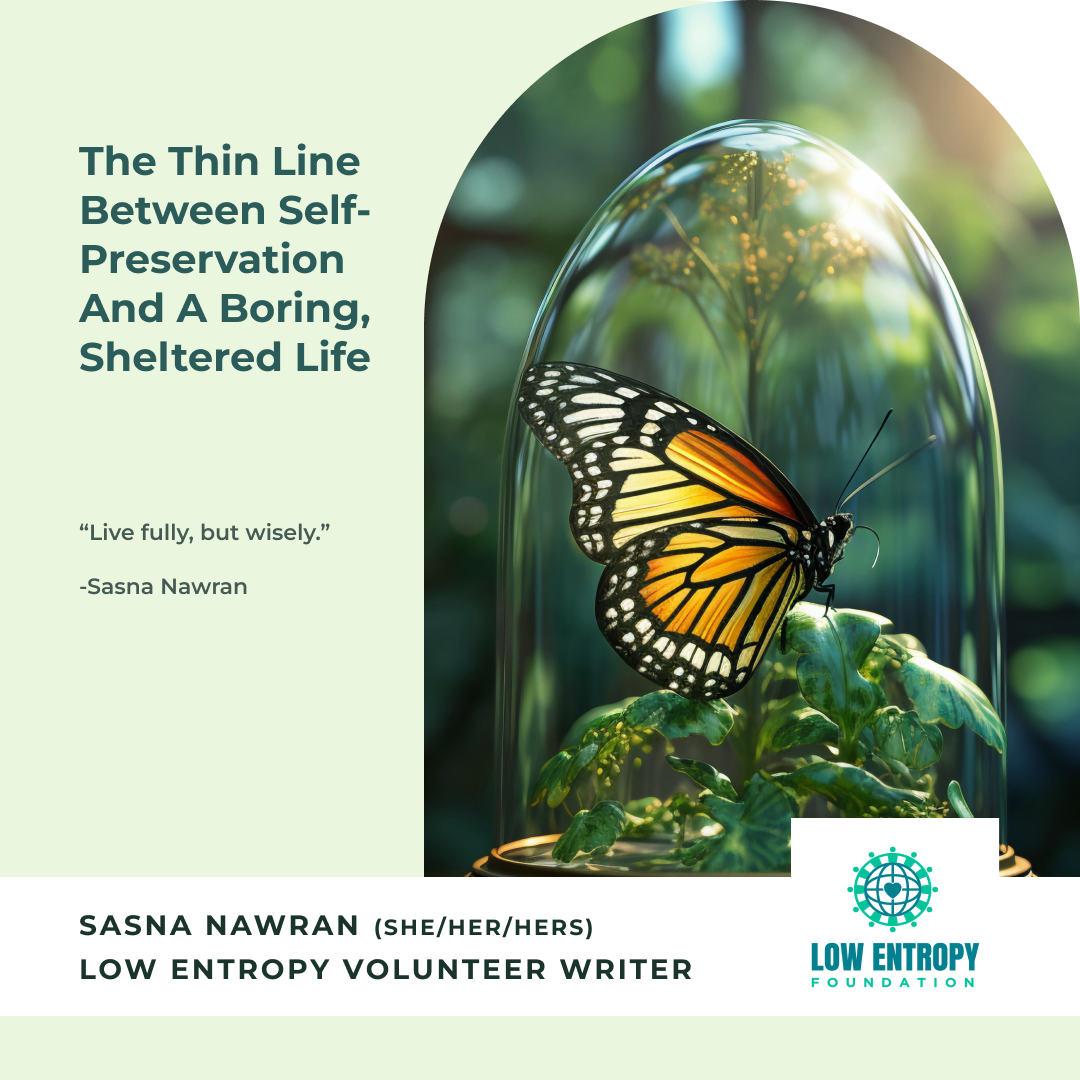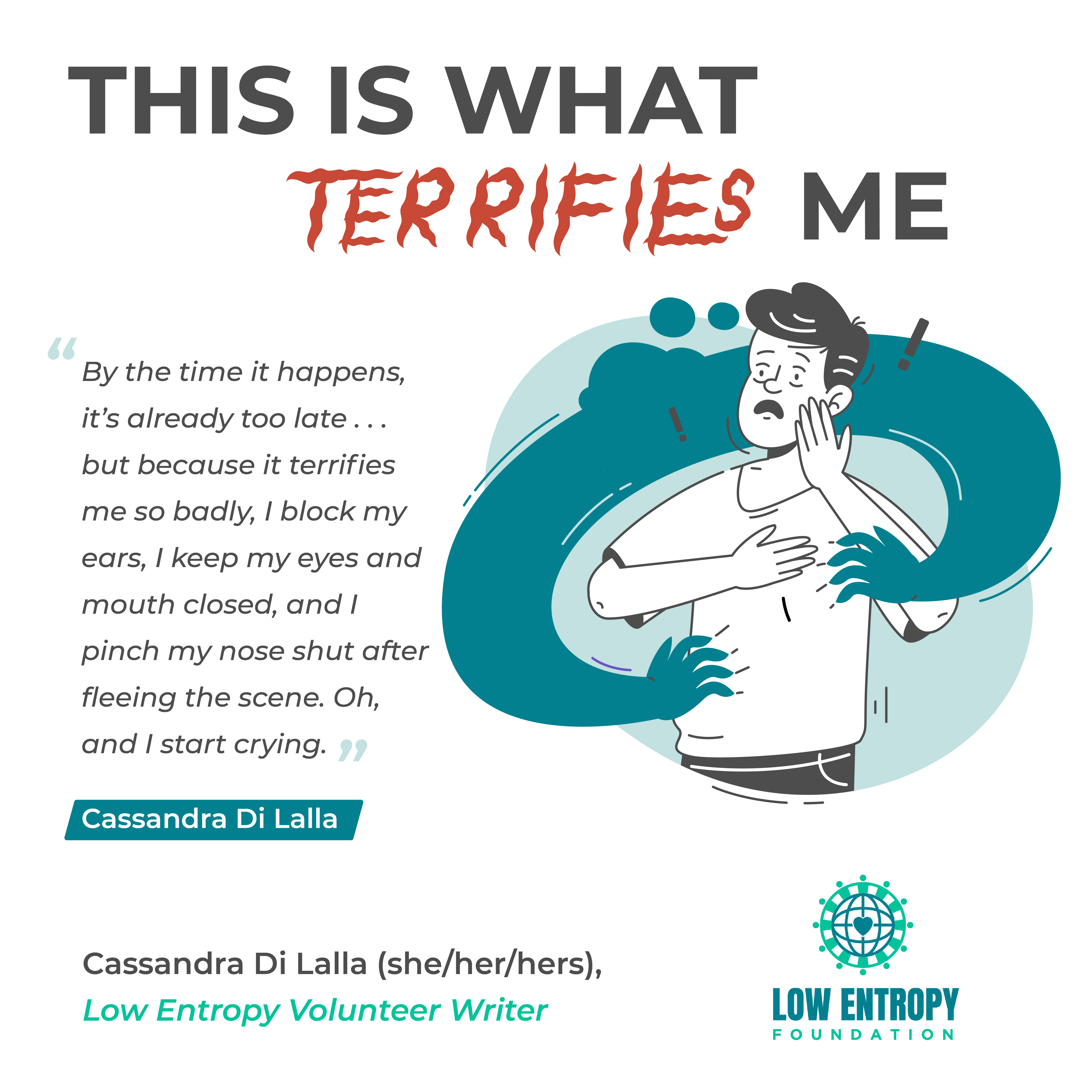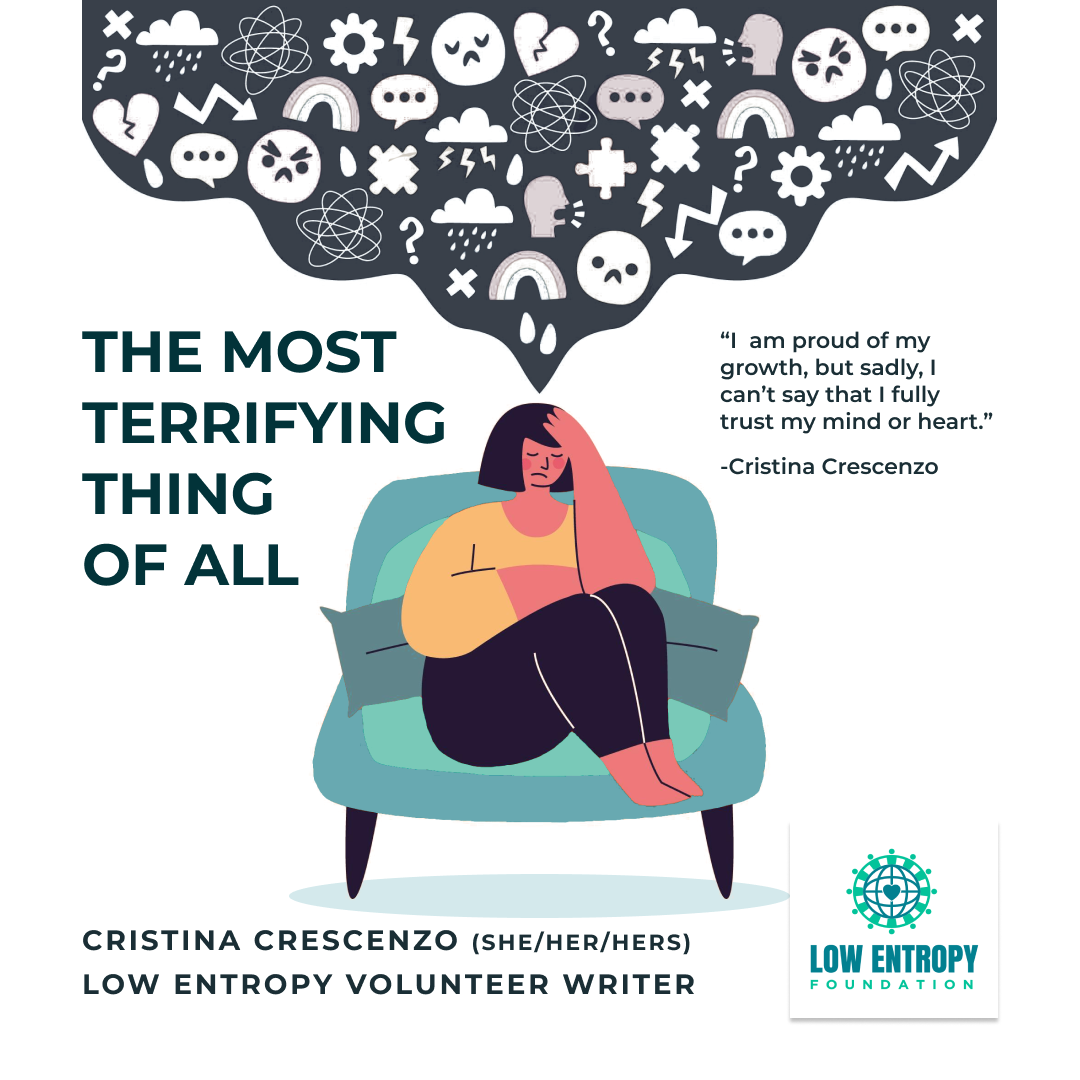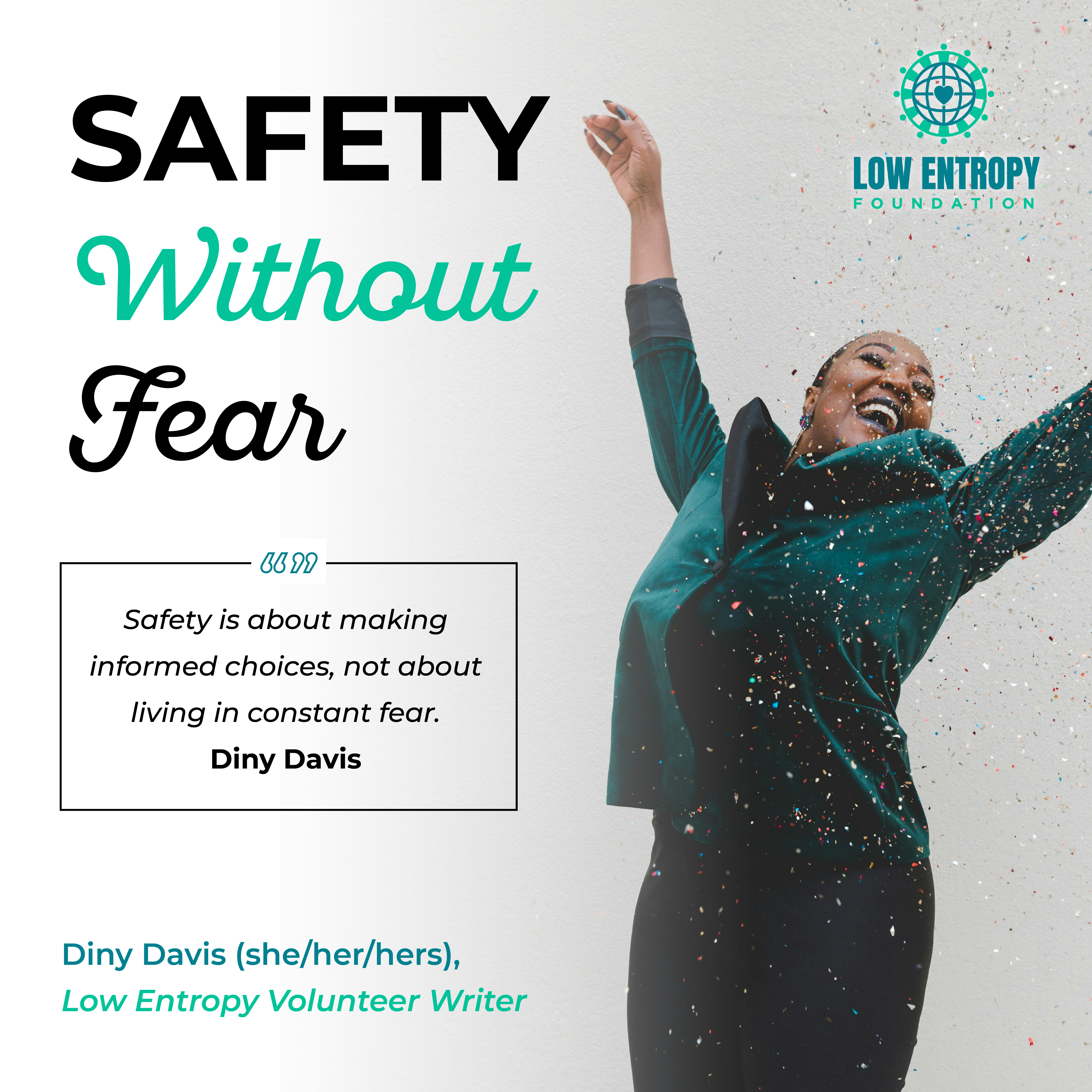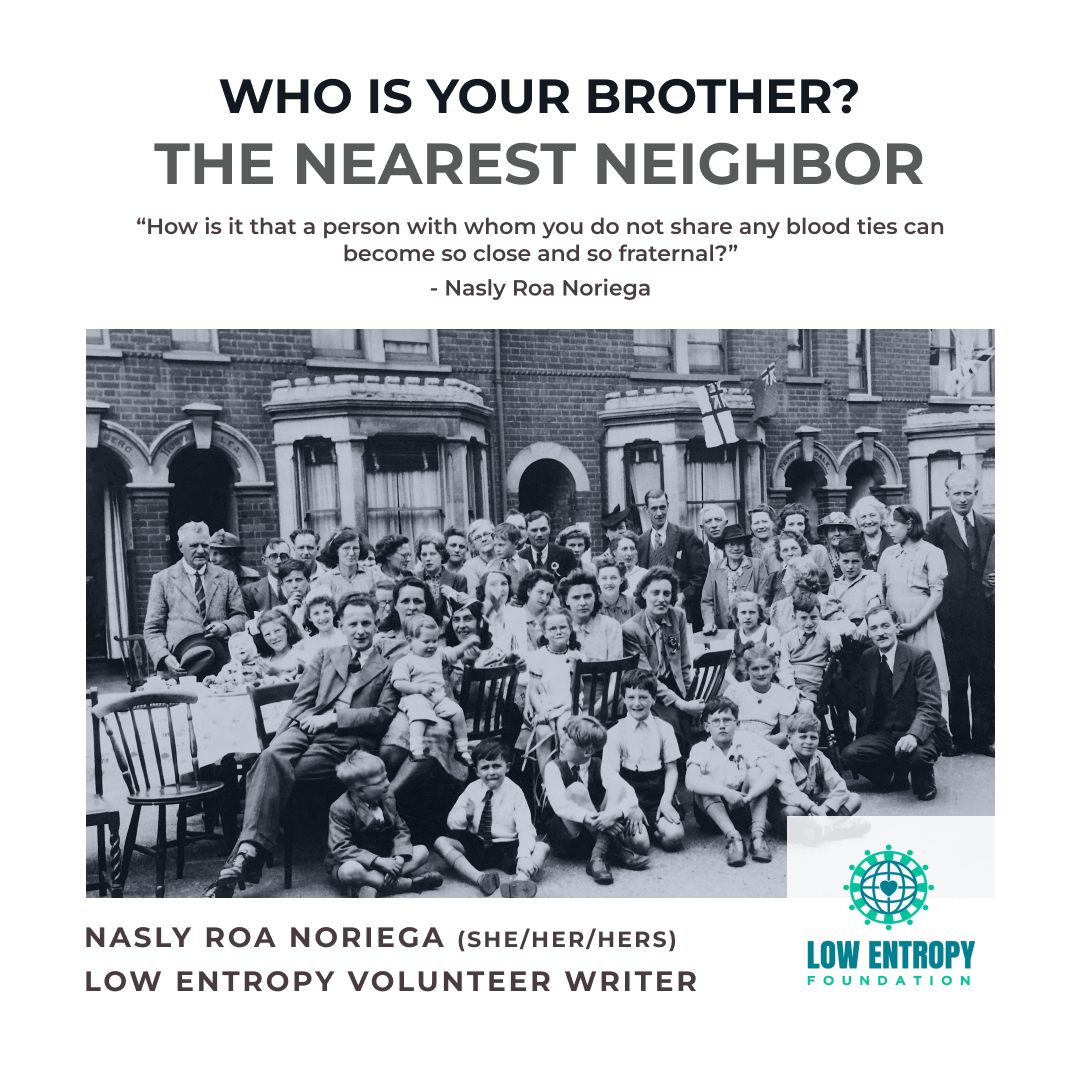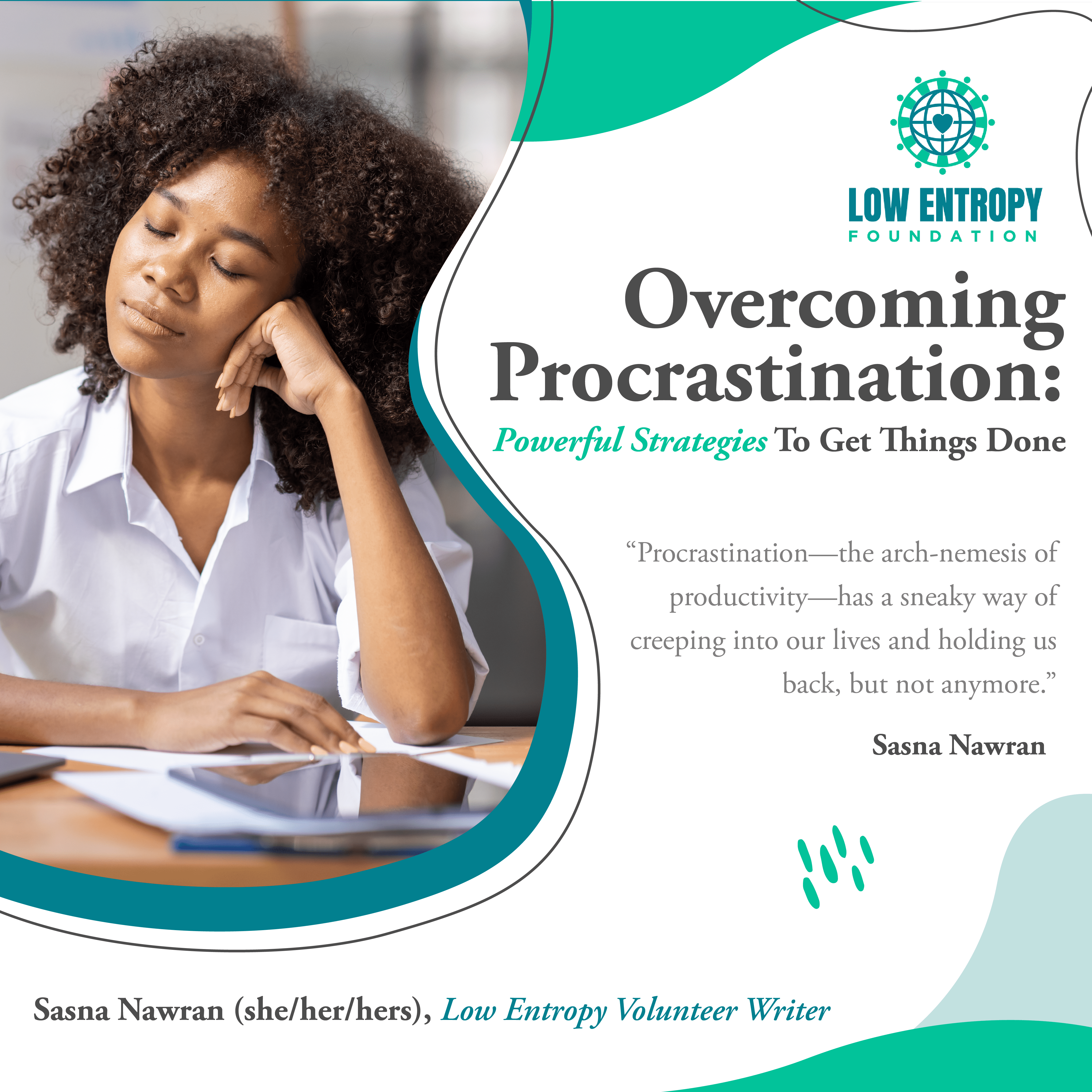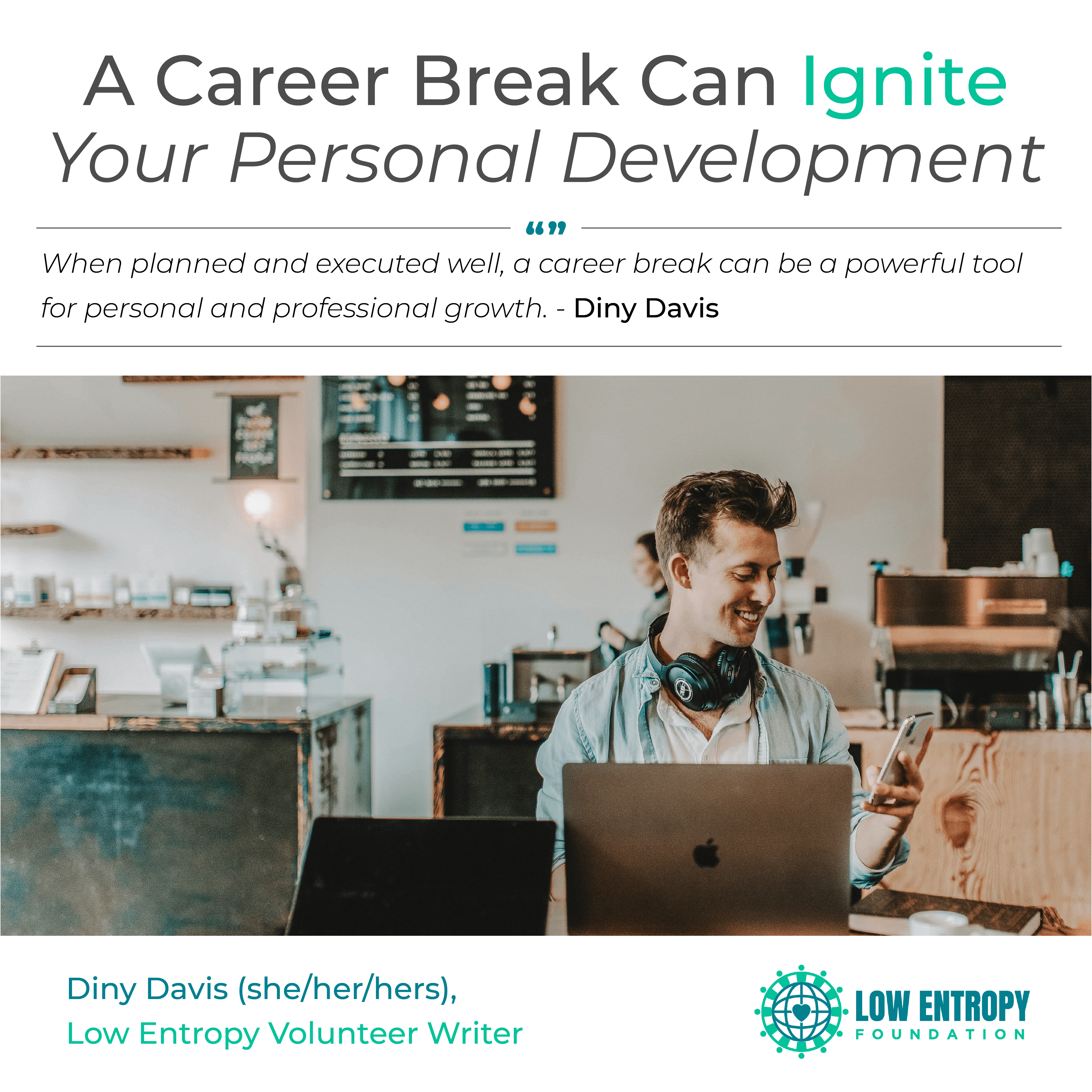Cassandra Di Lalla (she/her/hers), Low Entropy Volunteer Writer
It’s so important to make time for yourself, regardless of how that looks for you.
Making time for yourself is a big part of self care. You see, if you don’t have your health, then how will you enjoy the little things in life? How will you tick things off your bucket list? Without your health, you might not be able to achieve whatever it is you want before your declining health restricts you.
Being rich doesn’t always mean living lavishly or luxuriously and putting such high importance on material things. Oftentimes being rich can also mean flooding the earth with positivity and inspiration; it’s creating a nutrient rich soil, keeping everyone happy and healthy. Being rich can mean feeding your mind and soul with powerful and meaningful relationships. It can mean loving and caring abundantly so that you leave a lasting legacy. You are endlessly rich if you enrich the lives of others. Being rich means having the ability to appreciate what’s around you and show gratitude for the things you do have.
We need to put ourselves first sometimes, and that isn’t selfish by any means. We cannot give others the best of us if we ourselves are struggling or feeling unwell. We need to take care of ourselves . . . our bodies and minds will thank us. Once we’re level-headed and feeling refreshed, we can give others our full and undivided attention.
I make time for myself by reminding myself that self care is needed, regardless of the circumstances. I tell myself that things can be done at a later time or later date. There are also ways to work around that, and you need to offer yourself that time no matter what. Perhaps you can make time for yourself just before you go to sleep, or perhaps on the weekend at some point. Just stop whatever it is that you’re doing and instead, do something for yourself. Even if it’s just one hour—that’s a good amount of time to provide yourself some relief from your endless day-to-day tasks.
I make sure that I’m doing something I truly enjoy and something that will have me feeling relaxed and content. It can be reading, writing, watching my favourite show(s), knitting, meditating, napping, engaging with my pets, sitting down and listening to music, practicing mindfulness and being in the moment, sitting outside, or whatever else I feel like doing.
Since making time for yourself comes in many different forms, I highly recommend that, during your time, you do a mini “self-discovery” to determine what feels right or what makes you most happy. Don’t feel like you have to commit to the same thing or same exact time, either—unless you prefer a set schedule. It’s whatever you prefer, because remember, you are doing this for you! There are so many neat things you can get up to in that one hour or however long you decide to make it.
Over time, this will make a significant difference in your everyday life, because you’re prioritizing you and giving yourself breathing space. A clear mind is the passage to a happy heart and calm soul. Whatever activity best resonates with you is one that you should partake in regularly in order to feel your best. You are worthy and you are deserving of life’s rewarding experiences.
Regardless of what that entails, our hearts don’t beat for anybody but ourselves and our beautiful lives, because our hearts belong to us and only us. We may choose to share what our heart has to offer, such as kindness, love and care, but we must sometimes share all of those qualities with ourselves before splitting it amongst others. We can only do so much, and we can only be in so many places at once. If your heart is beating and your smile is singing, then people will know that life has given you a gold star for courageously putting yourself first. This allows others to see just how important it is to sometimes make slight changes in order to better yourself, the environment and the life you choose to live.
We can all use extra time, but that extra time won’t matter if you aren’t ensuring overall health and well-being for inner beauty and longevity.
—
Cassandra Di Lalla lives life purposefully. She enjoys reading, writing and mental health initiatives. She’s an animal lover for life and an innovative individual always finding new ways to create.







